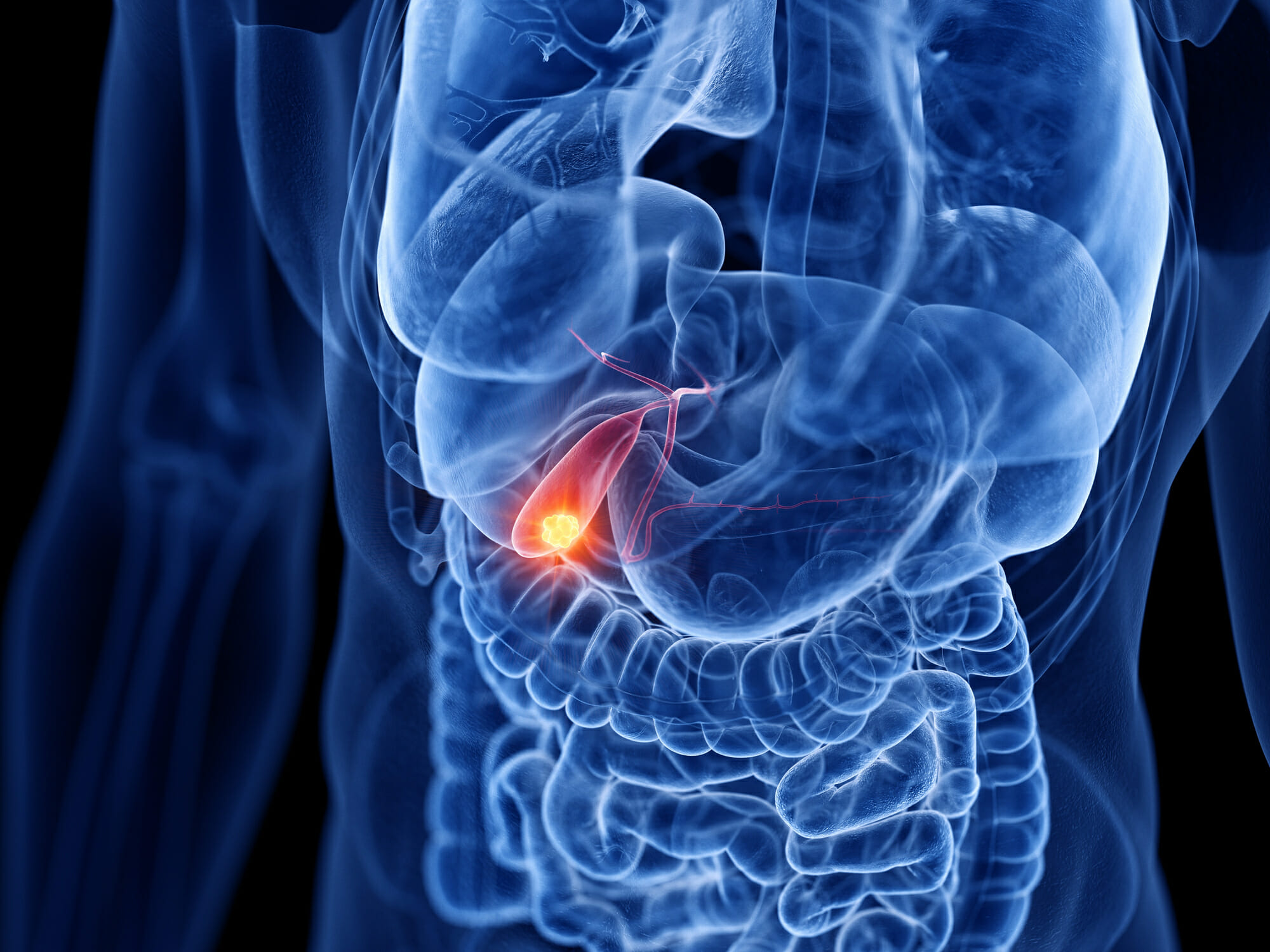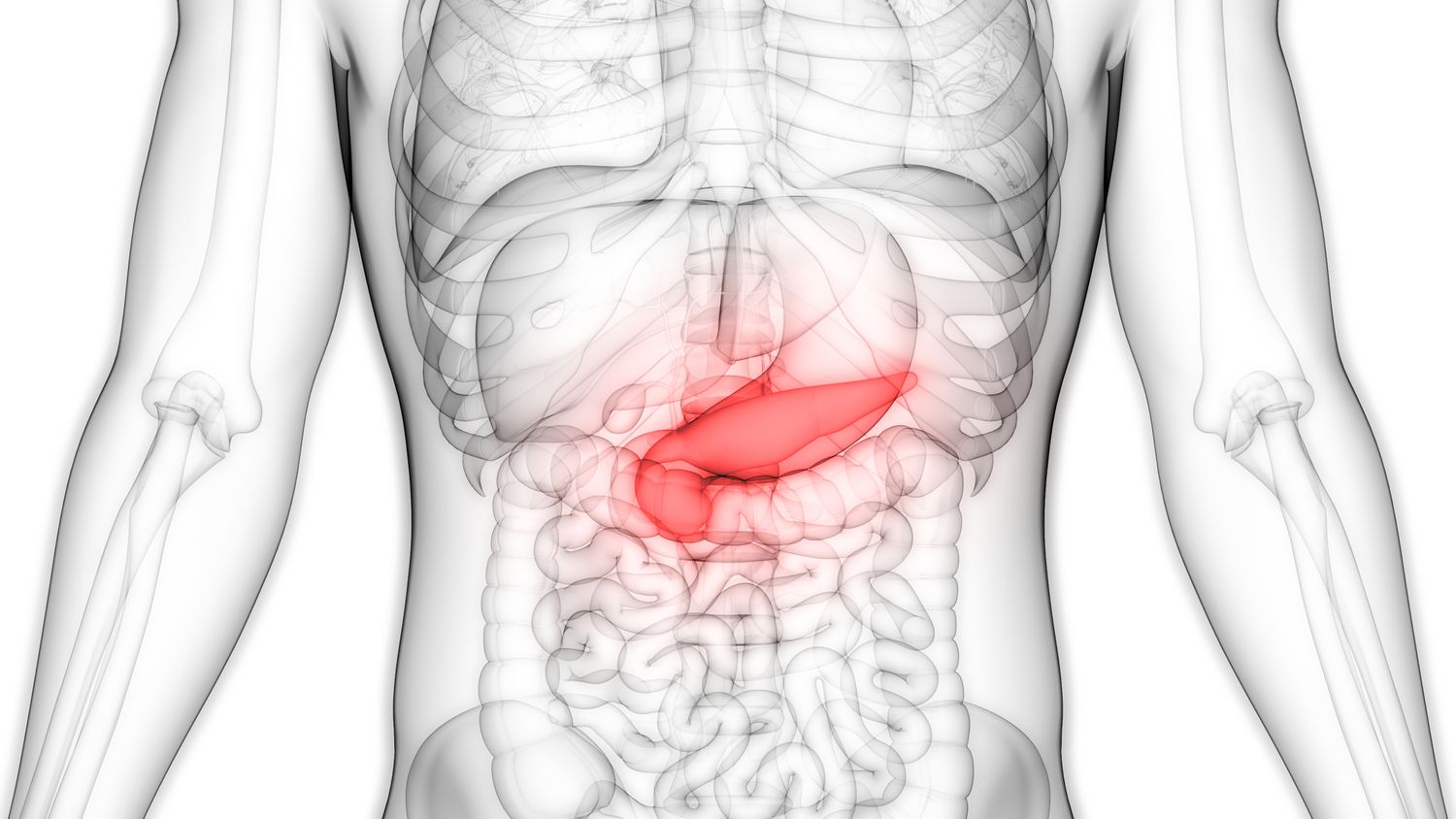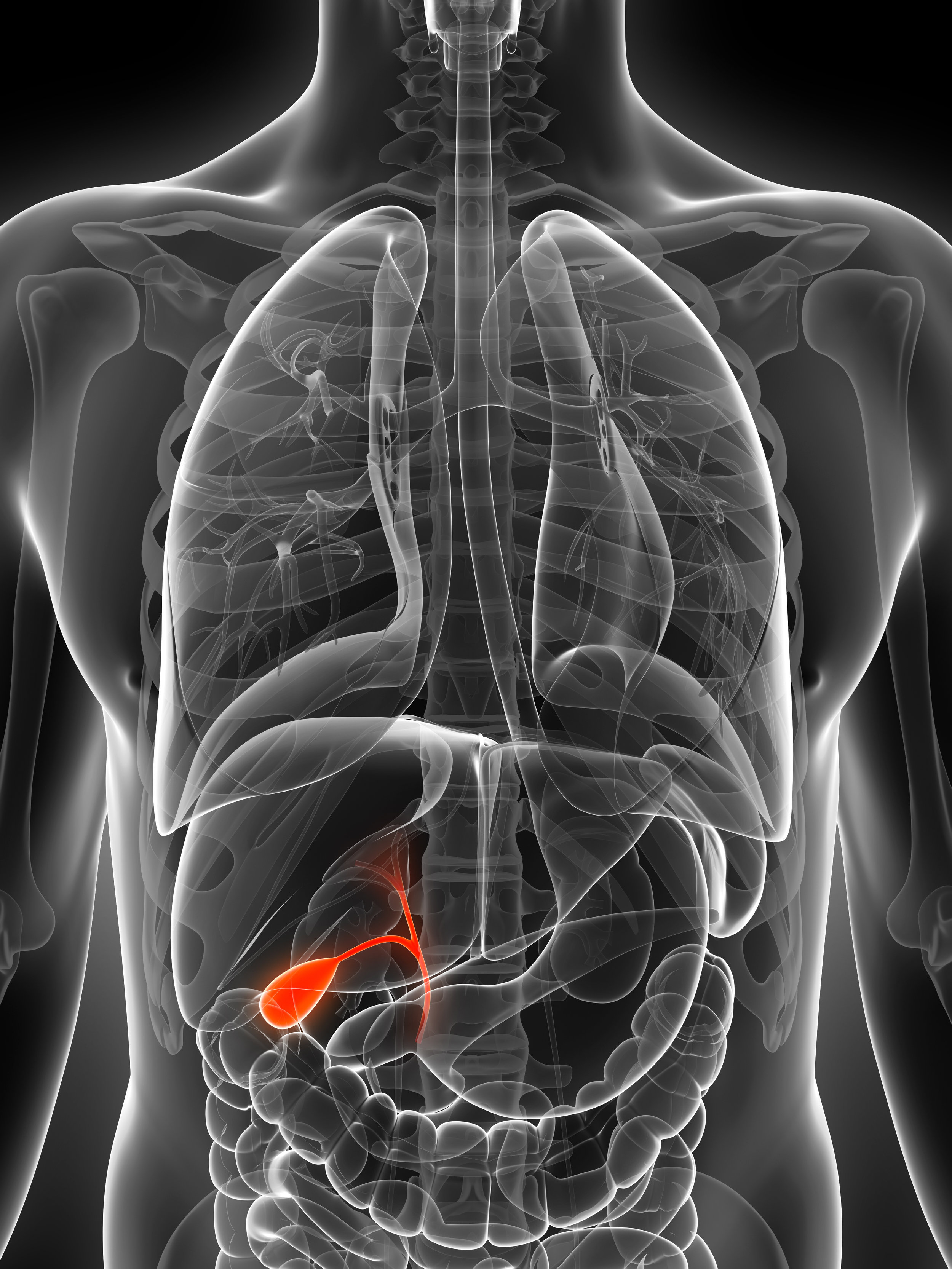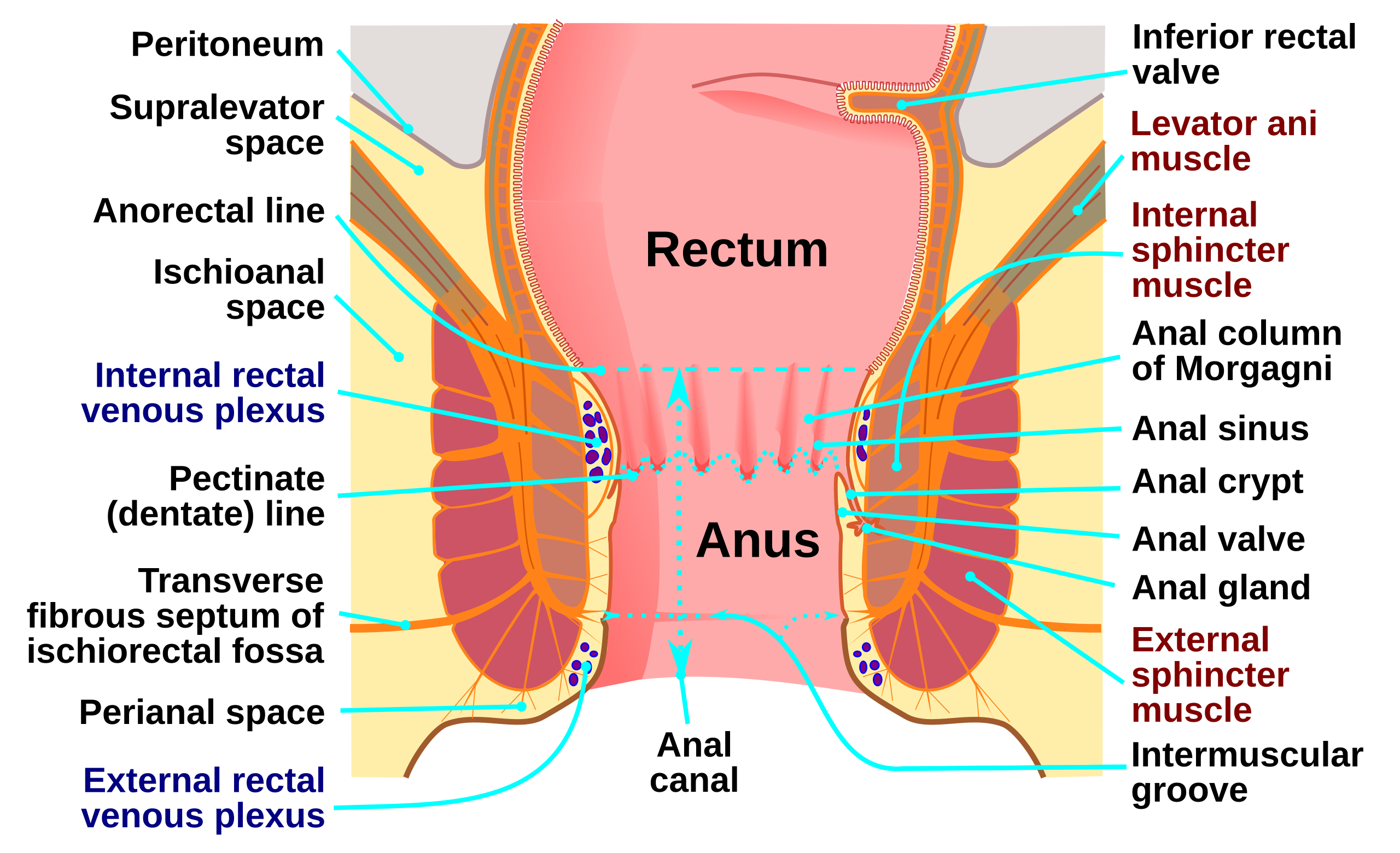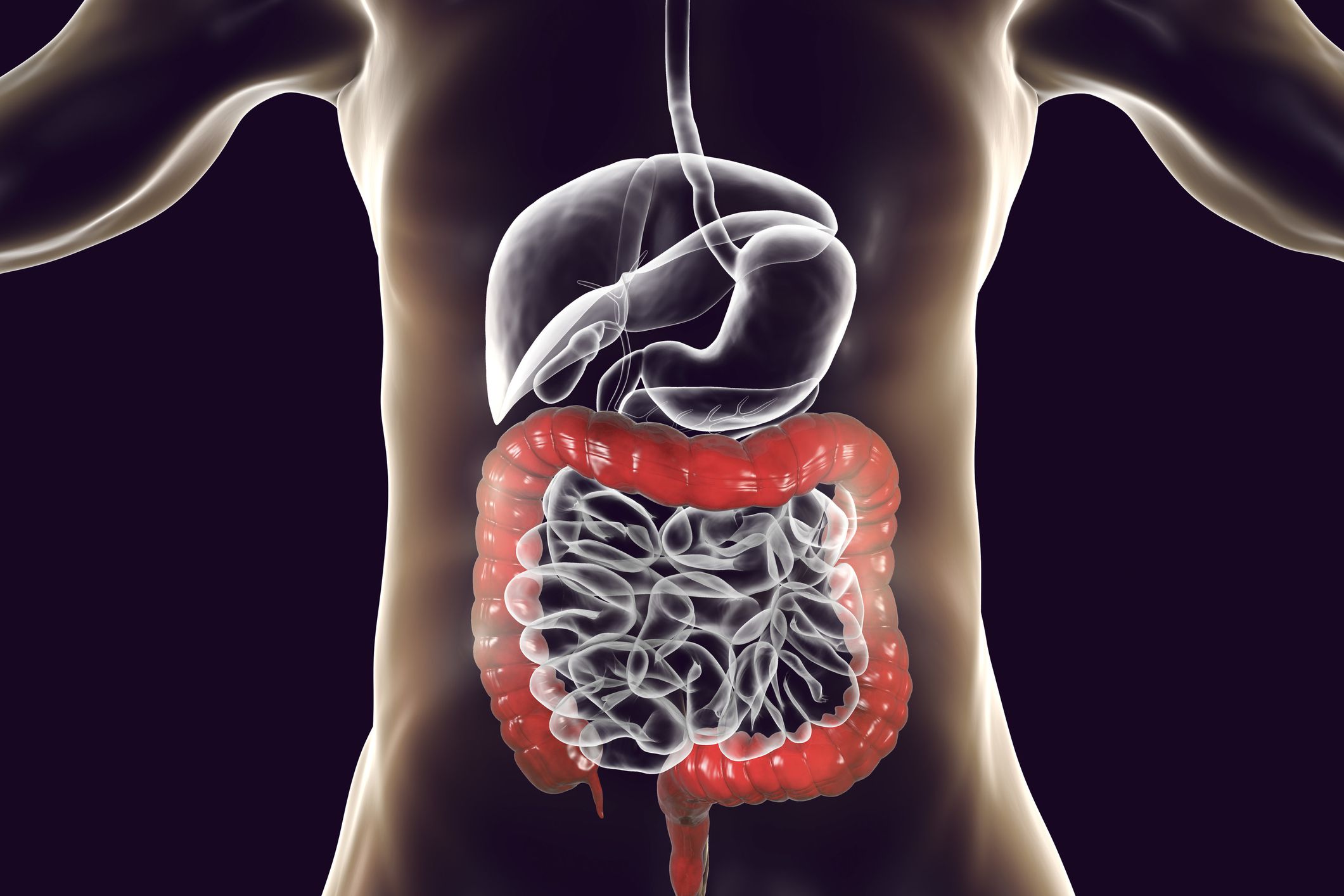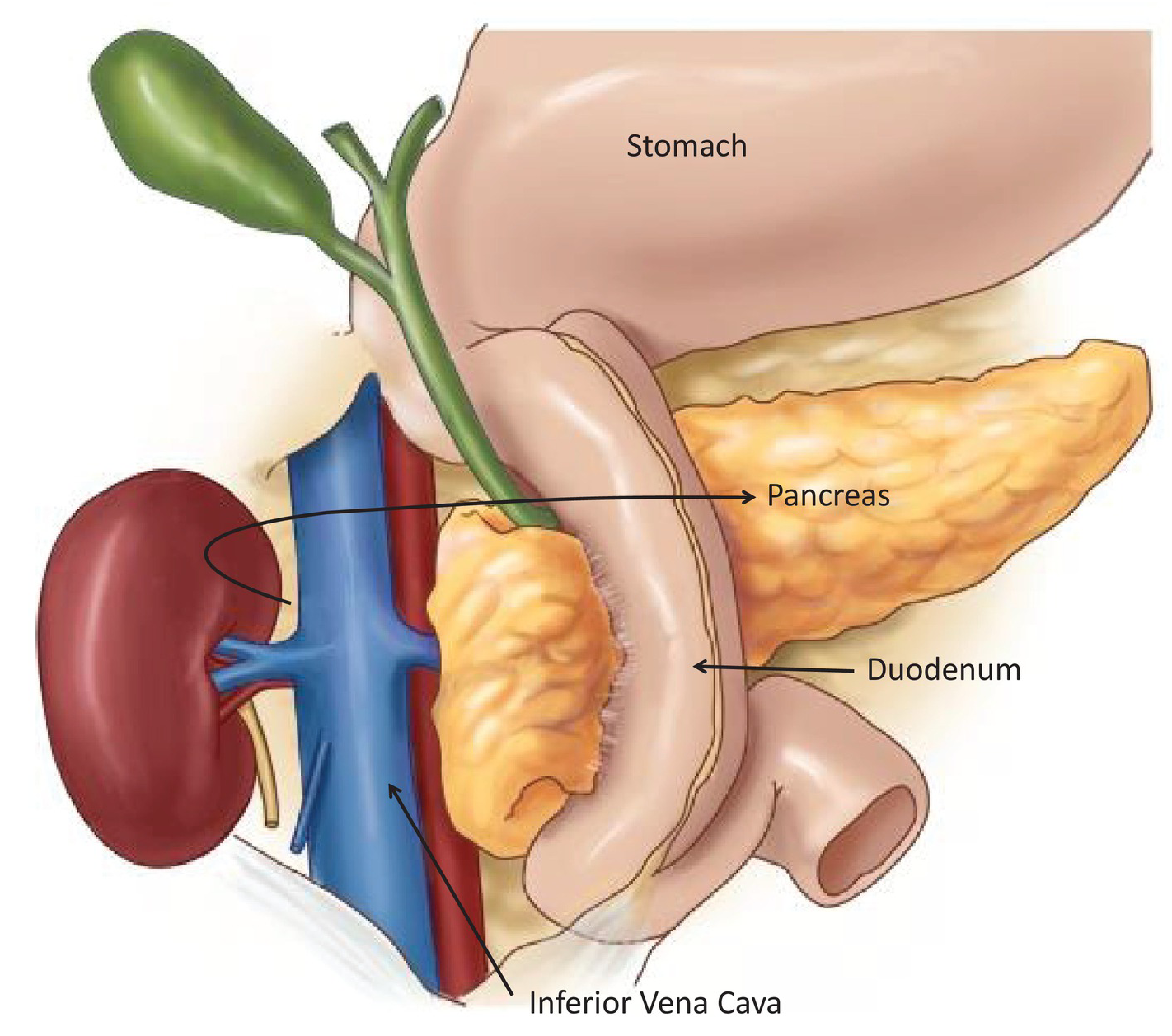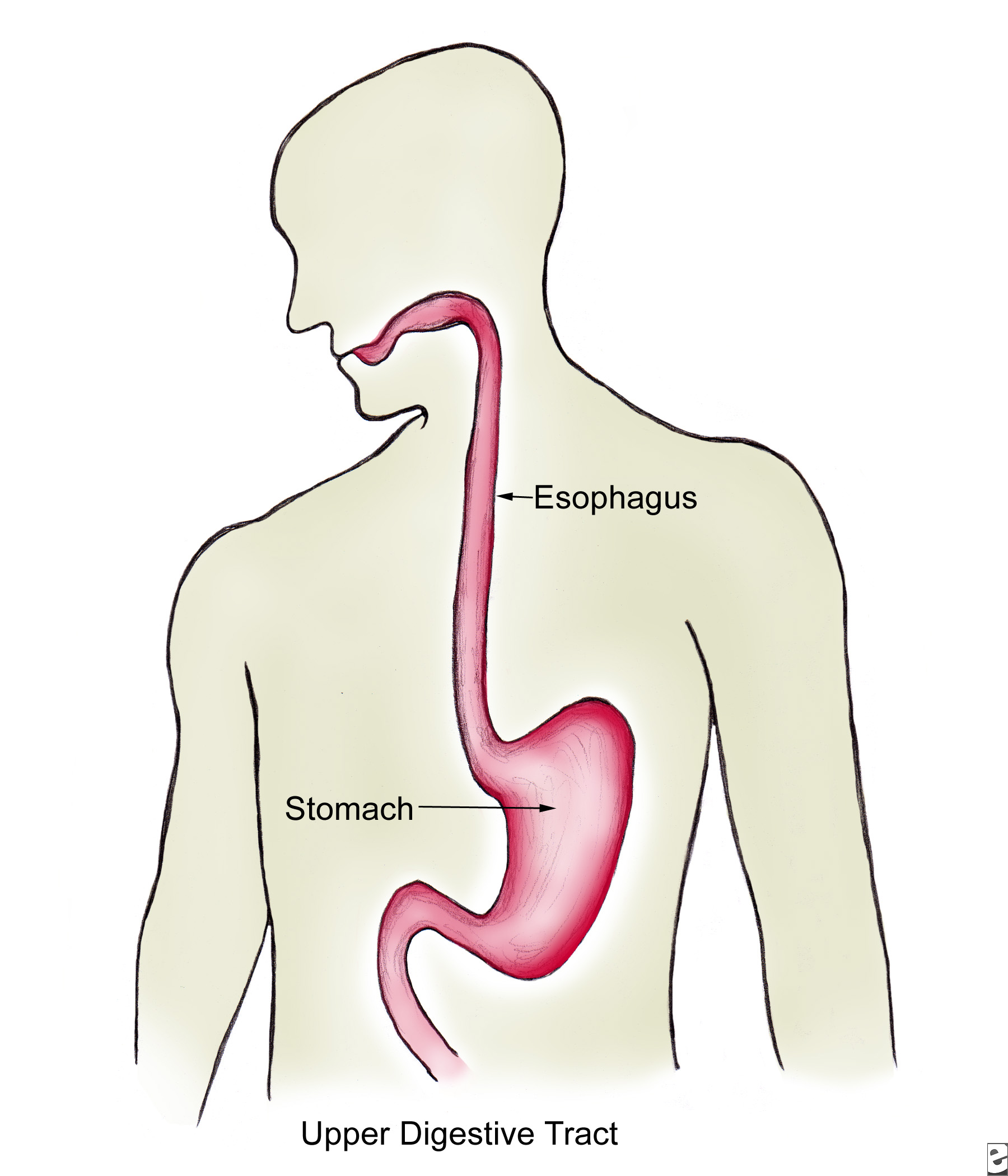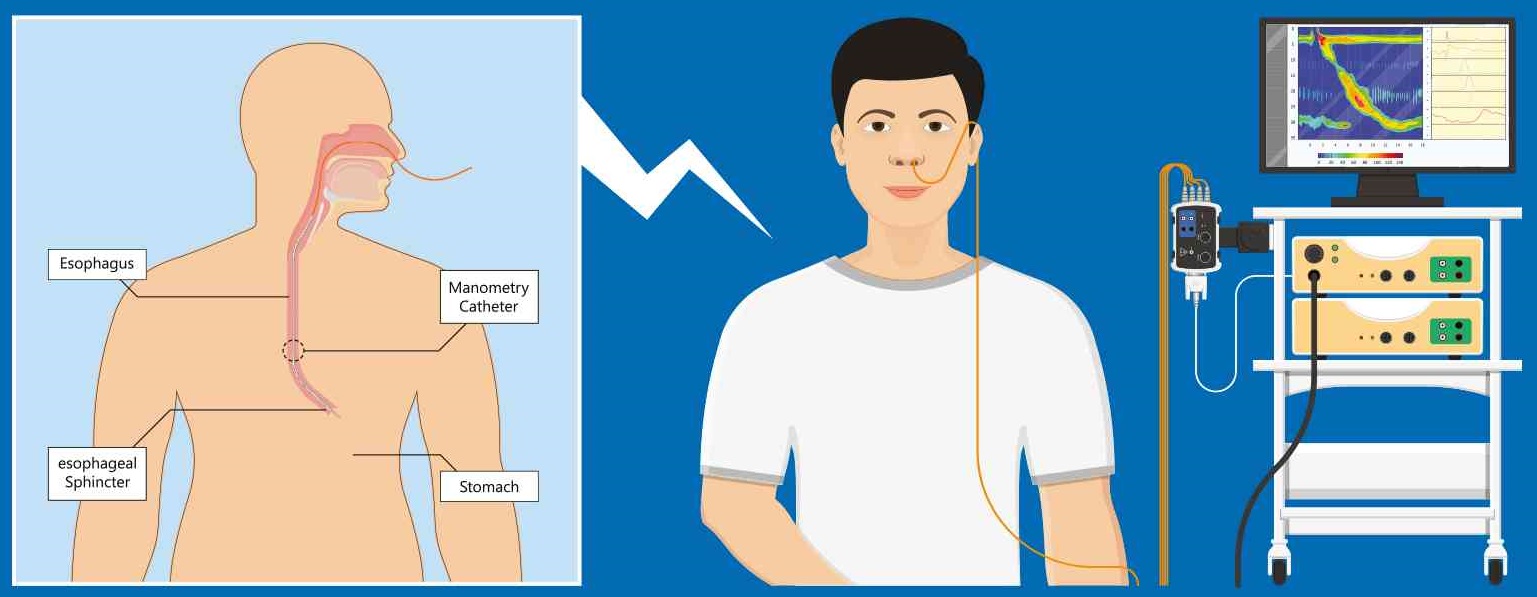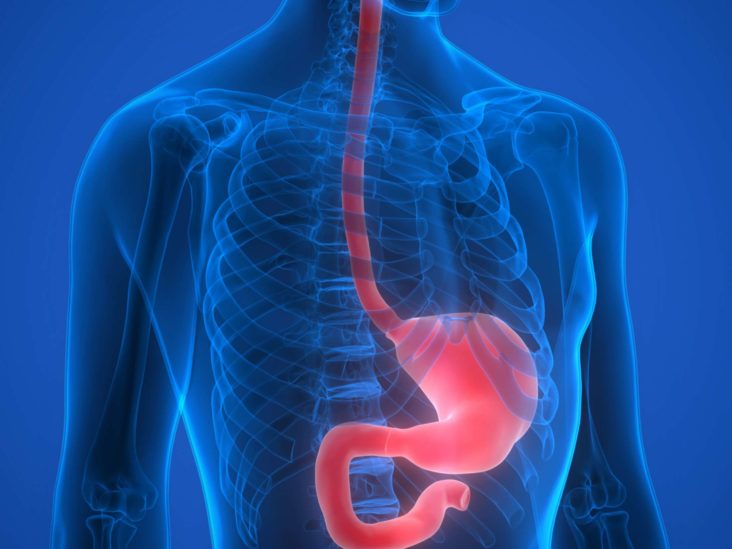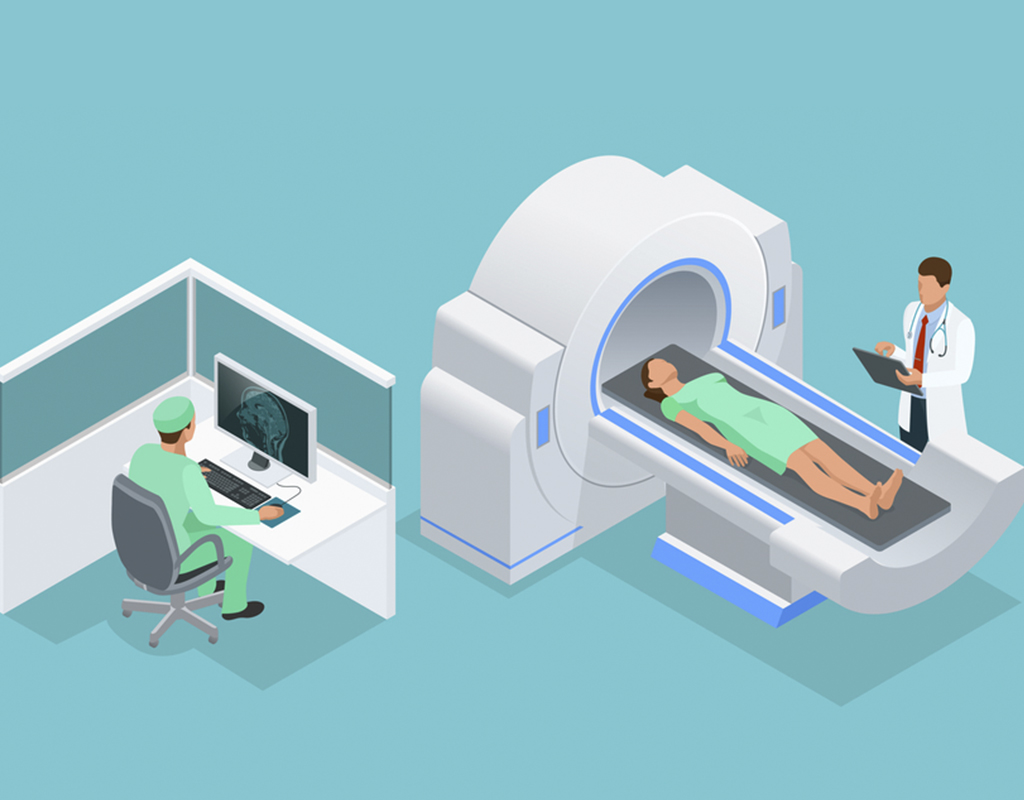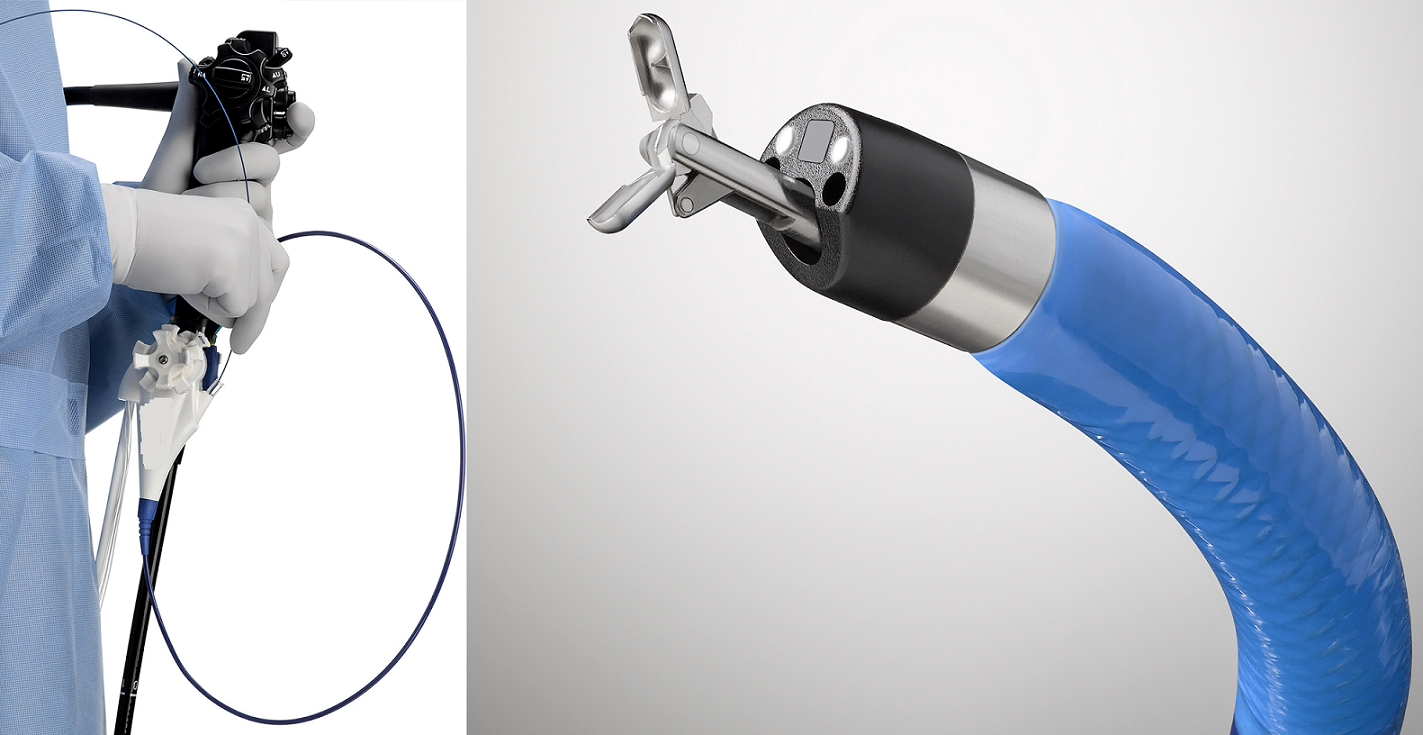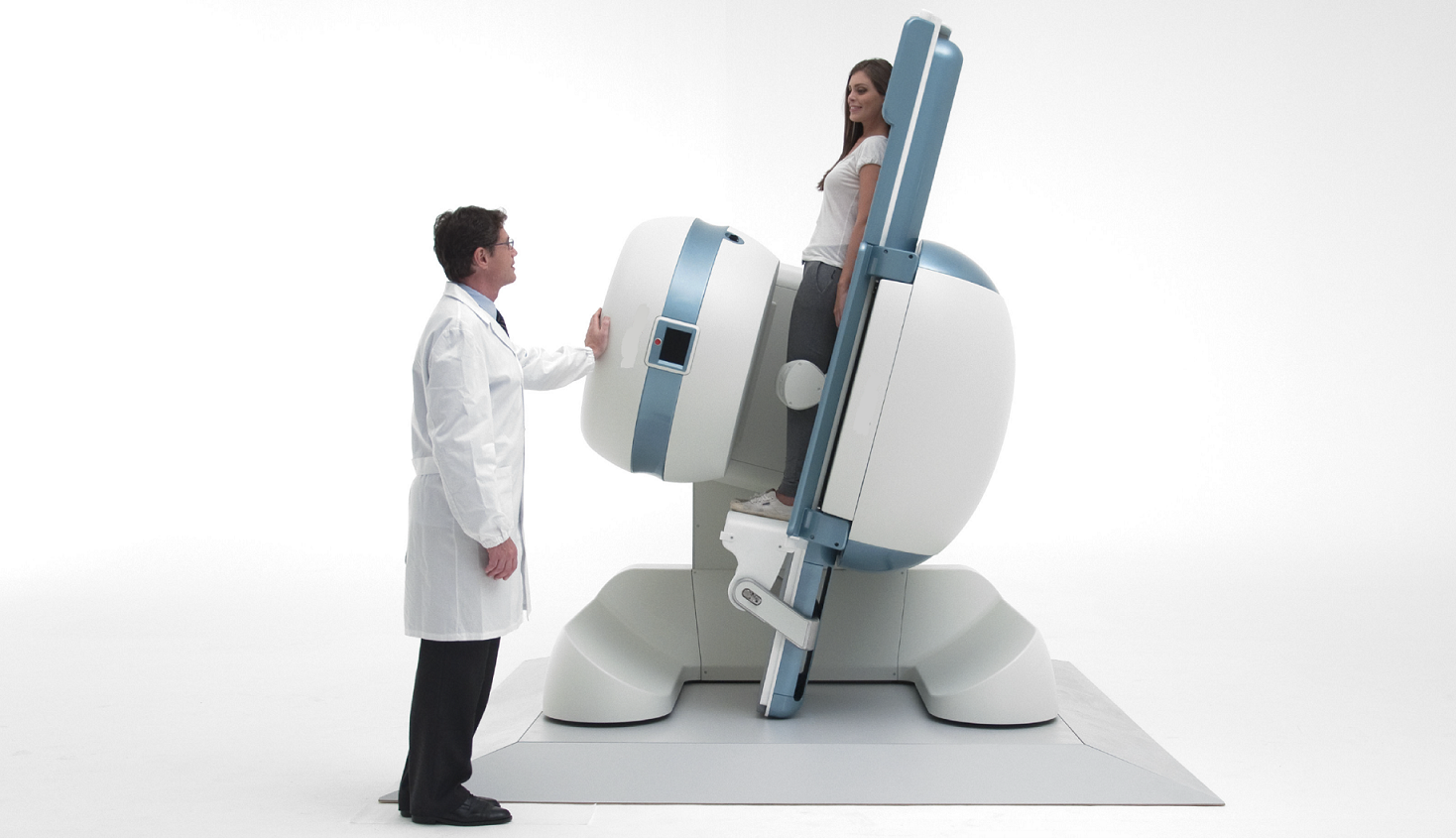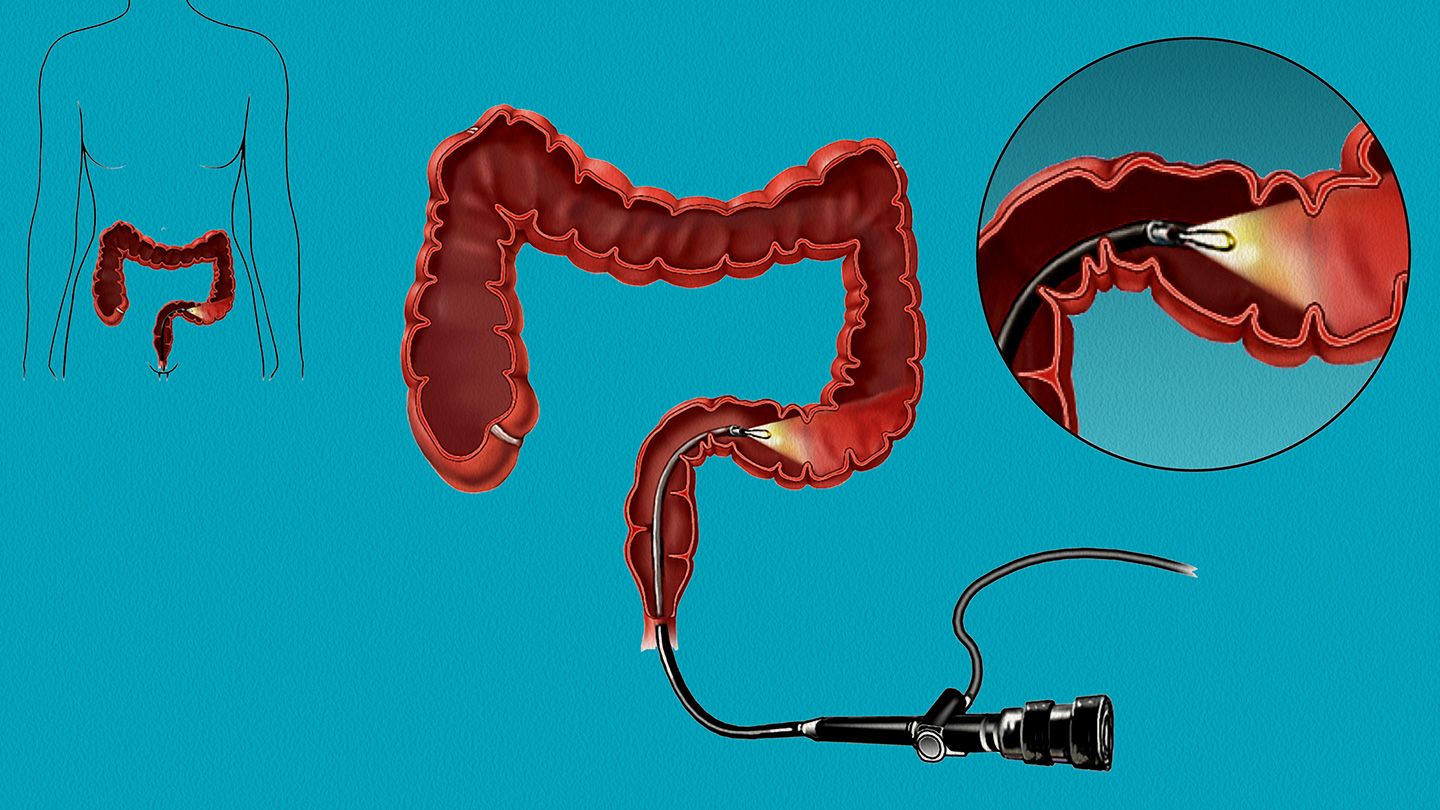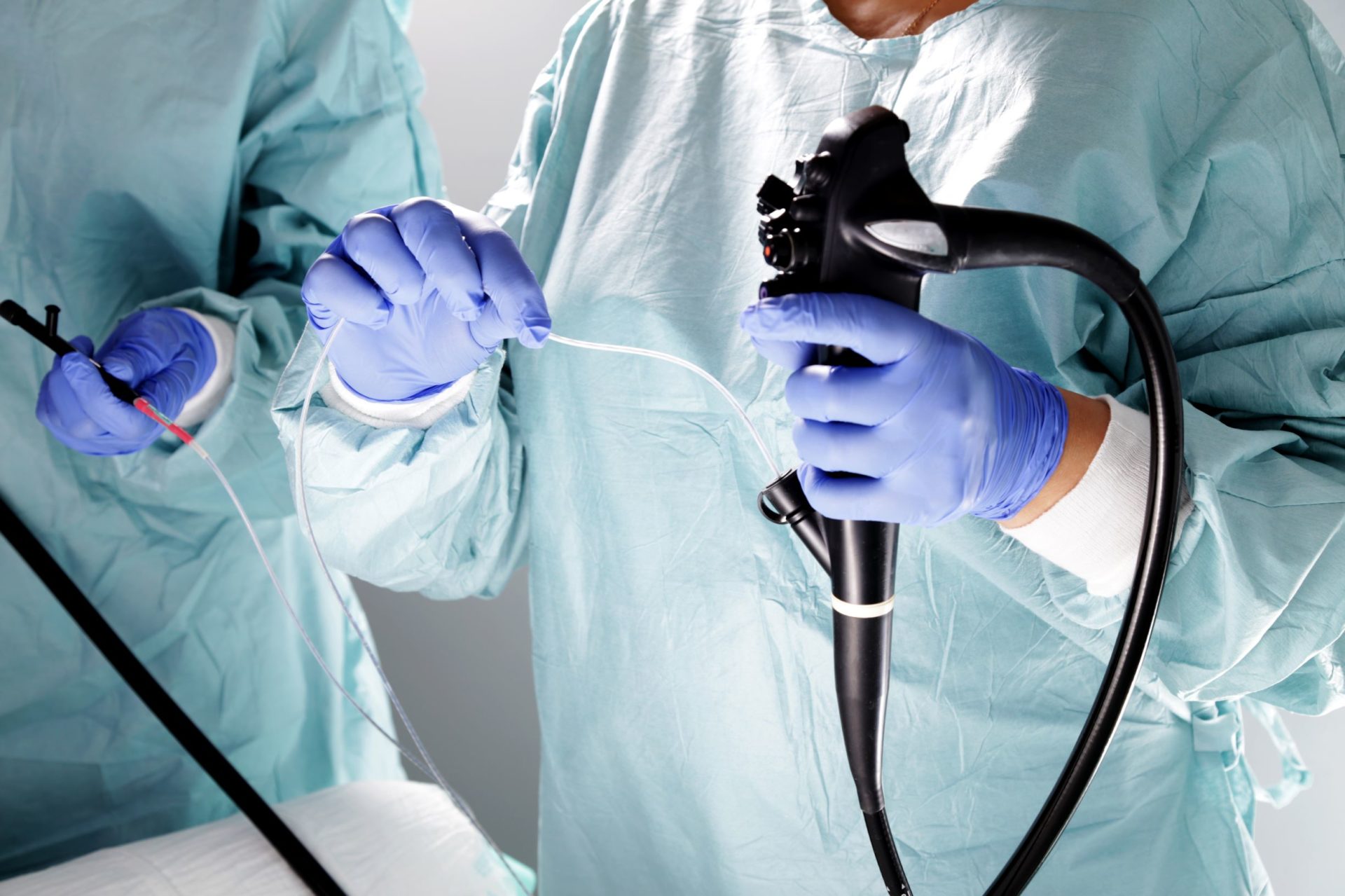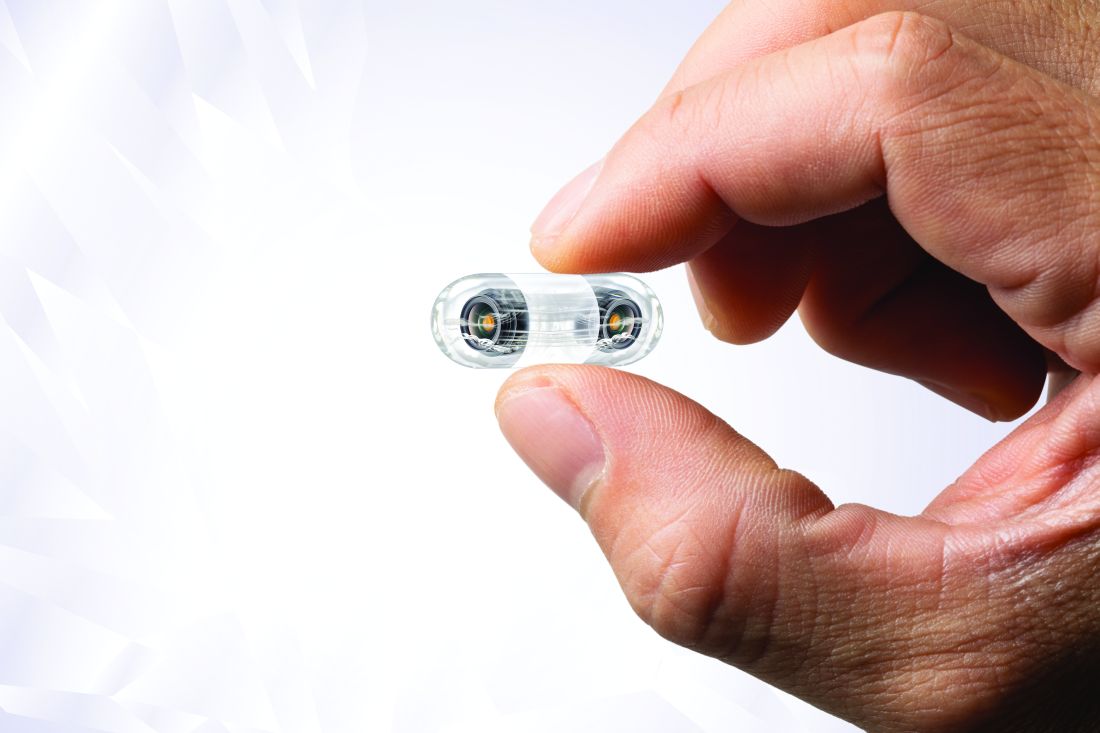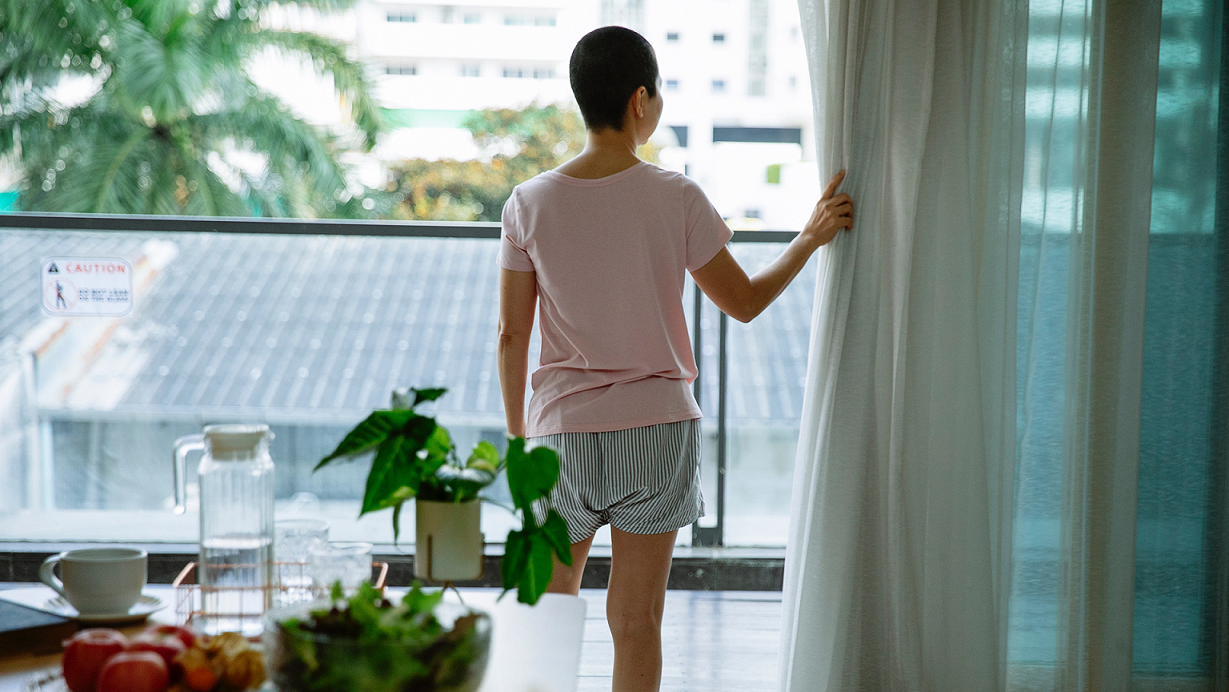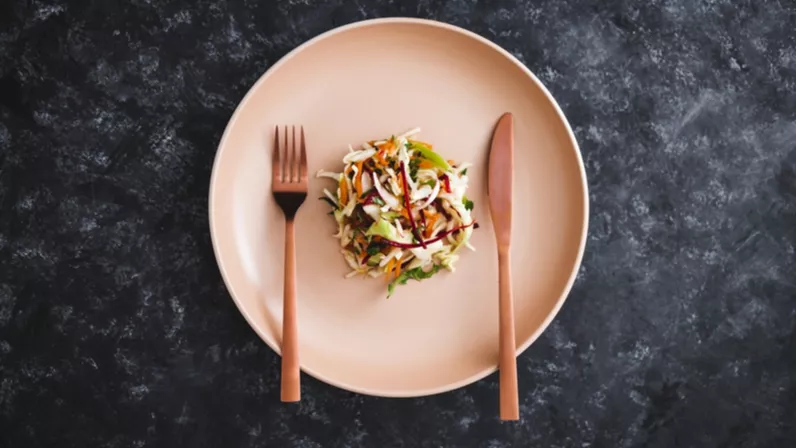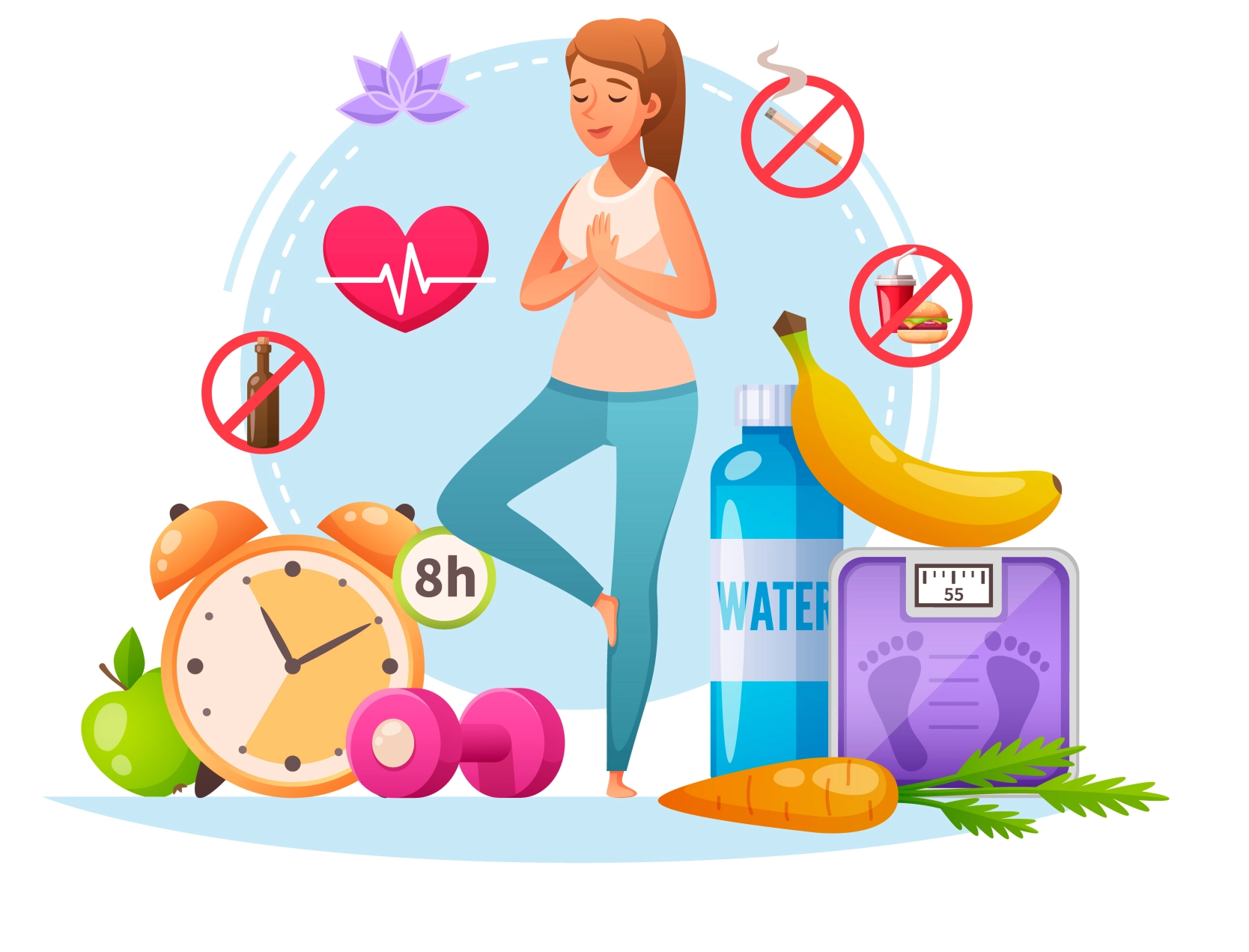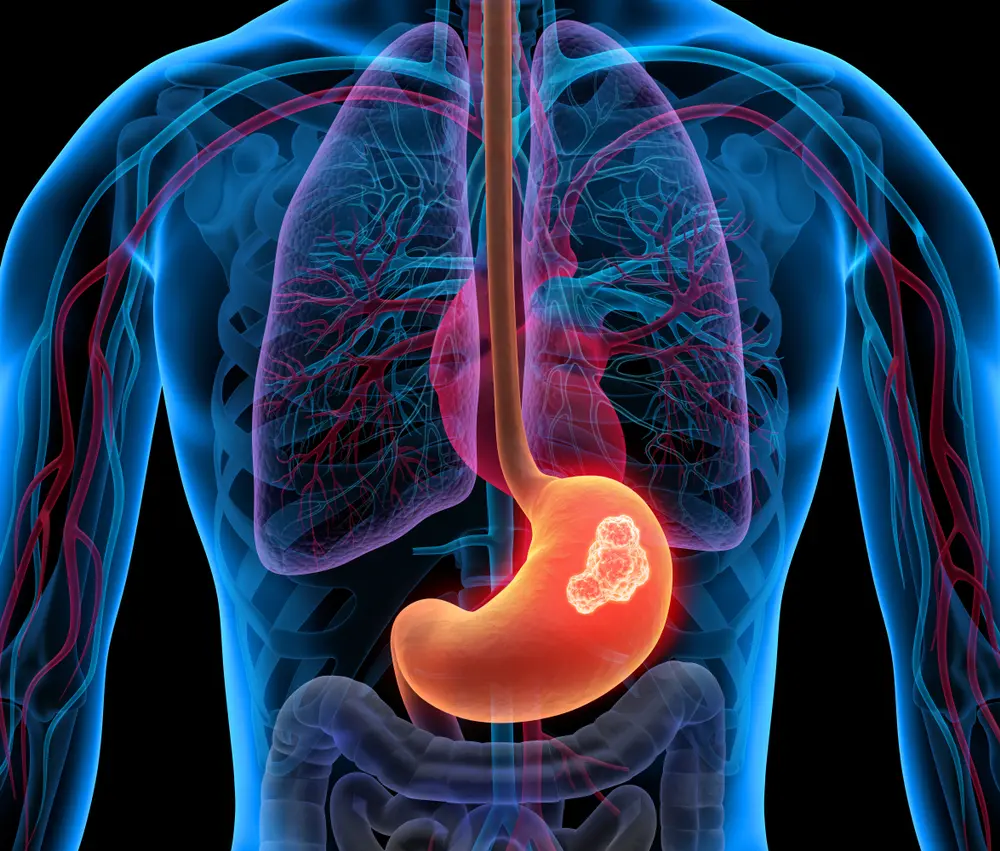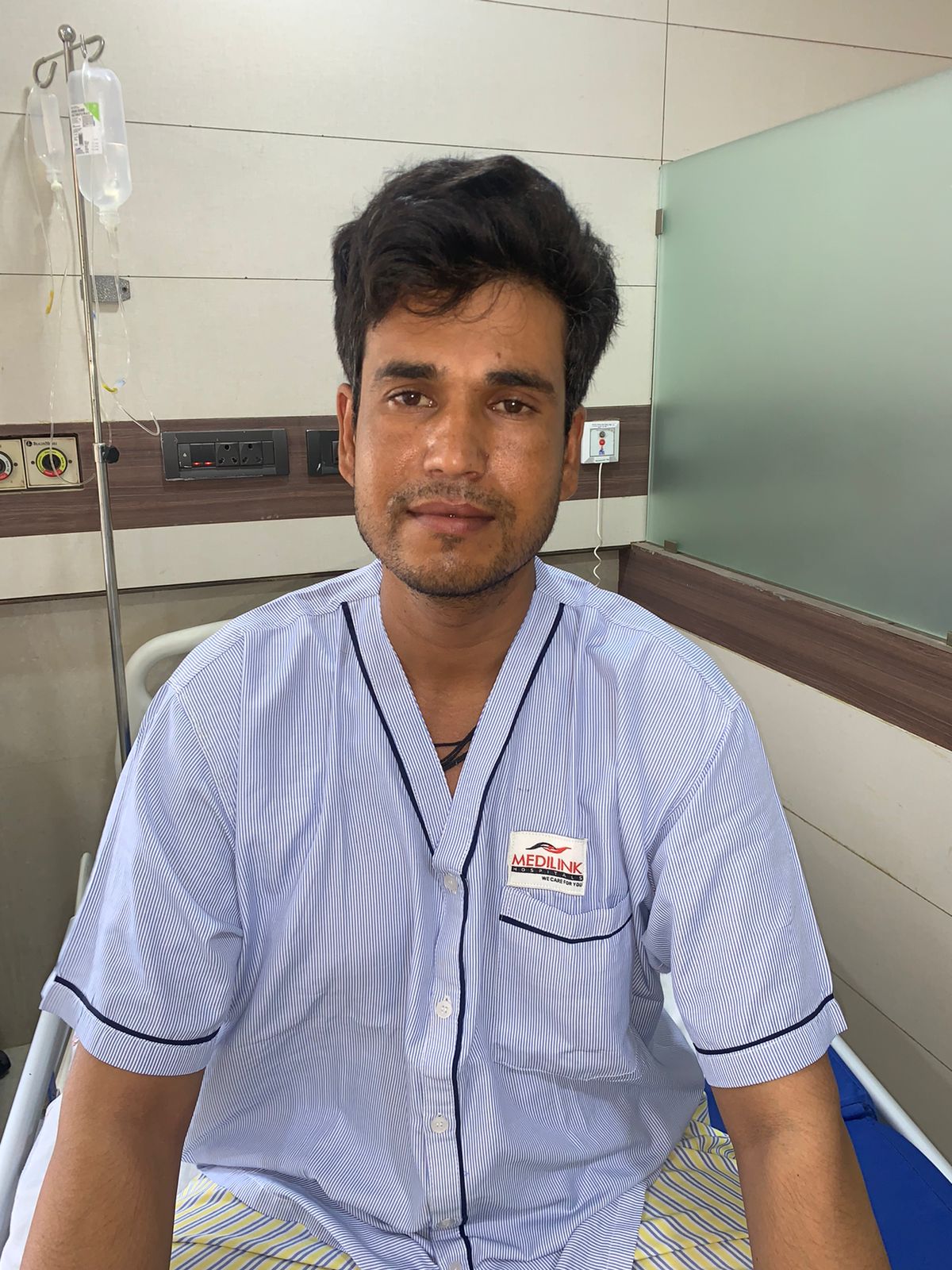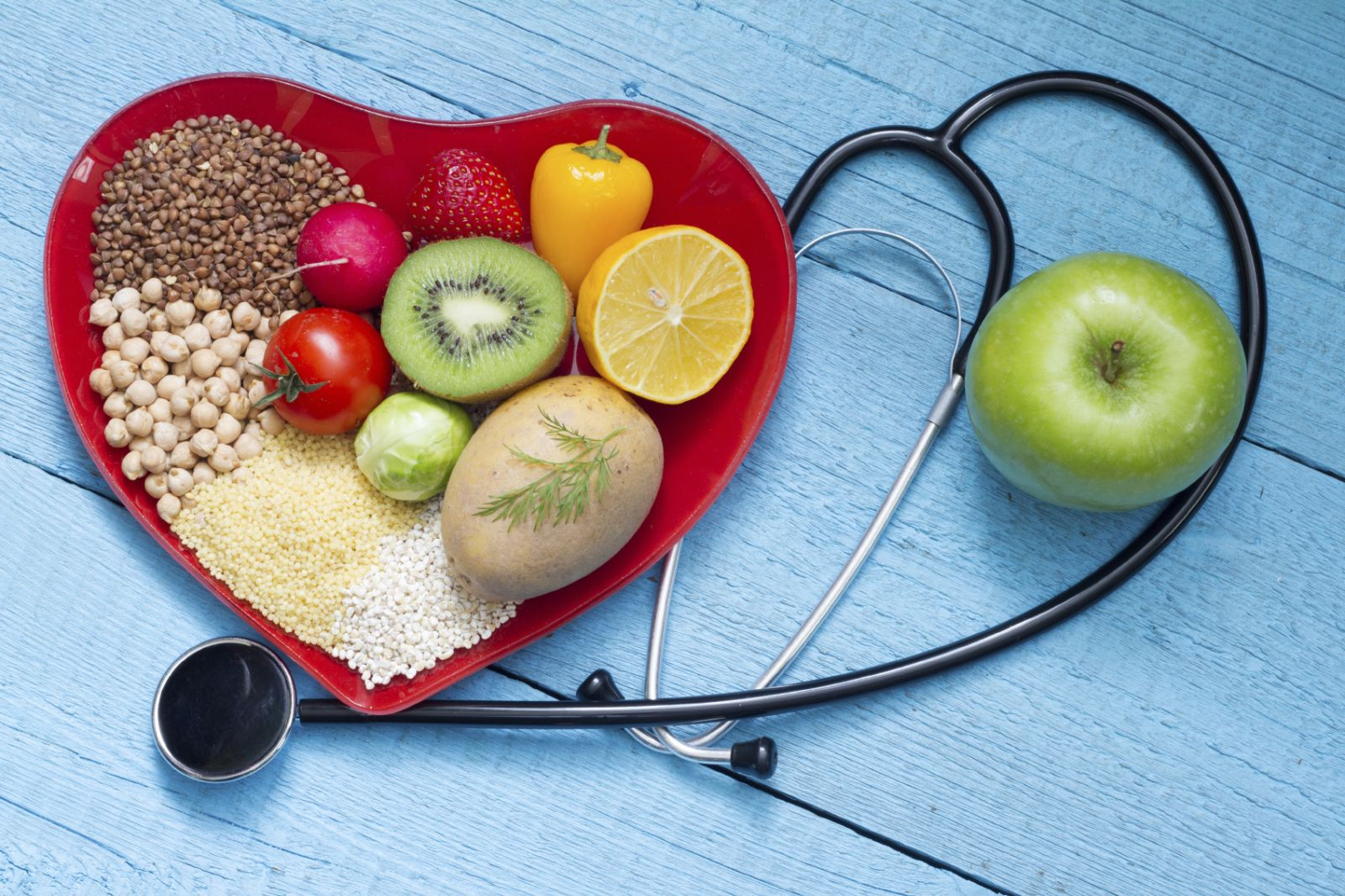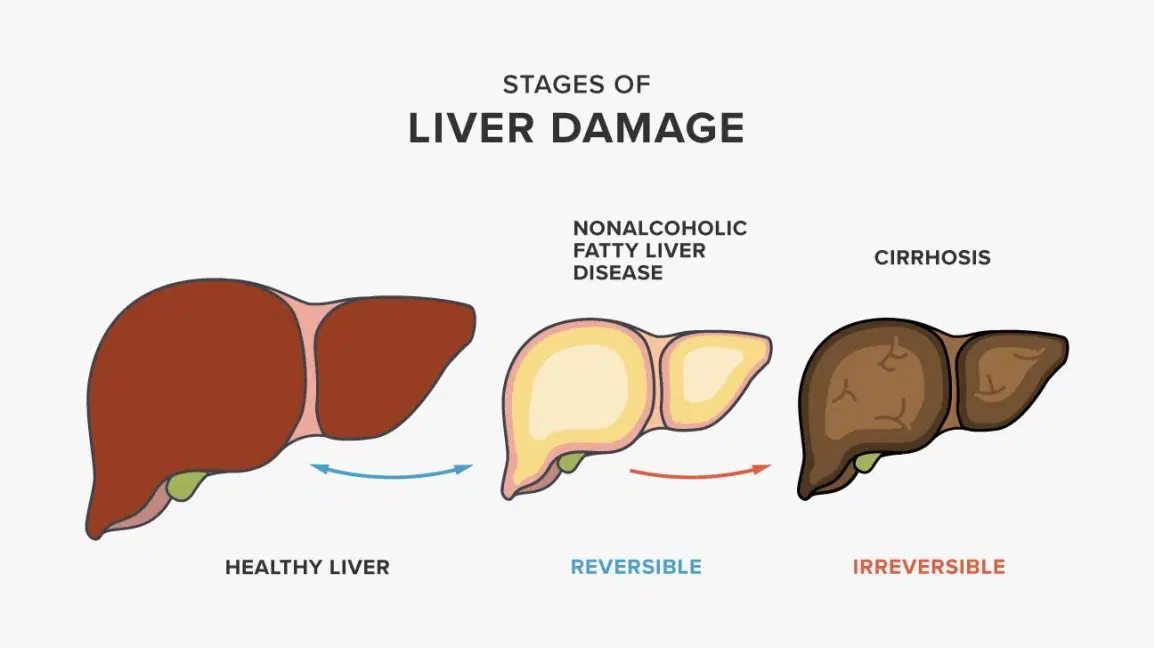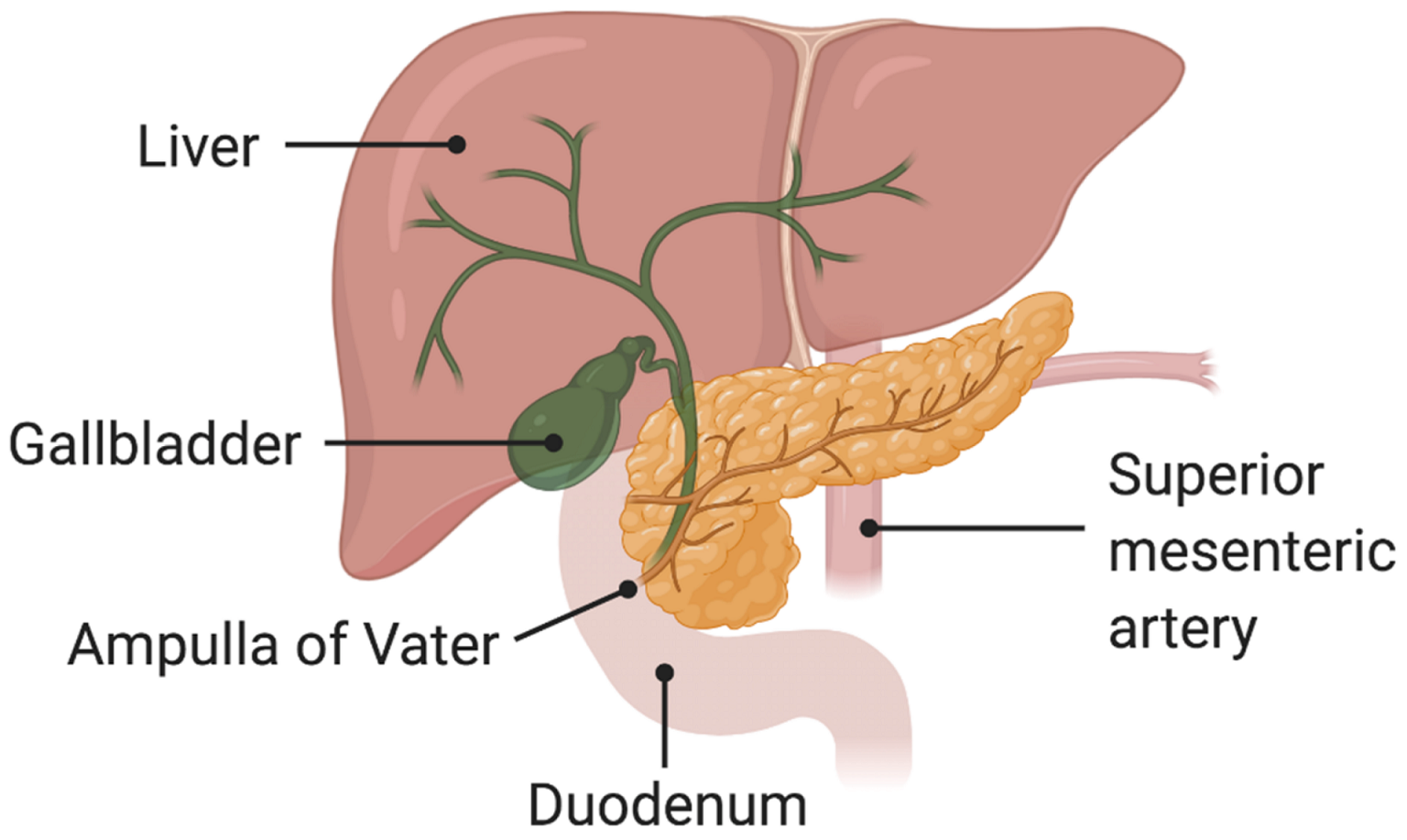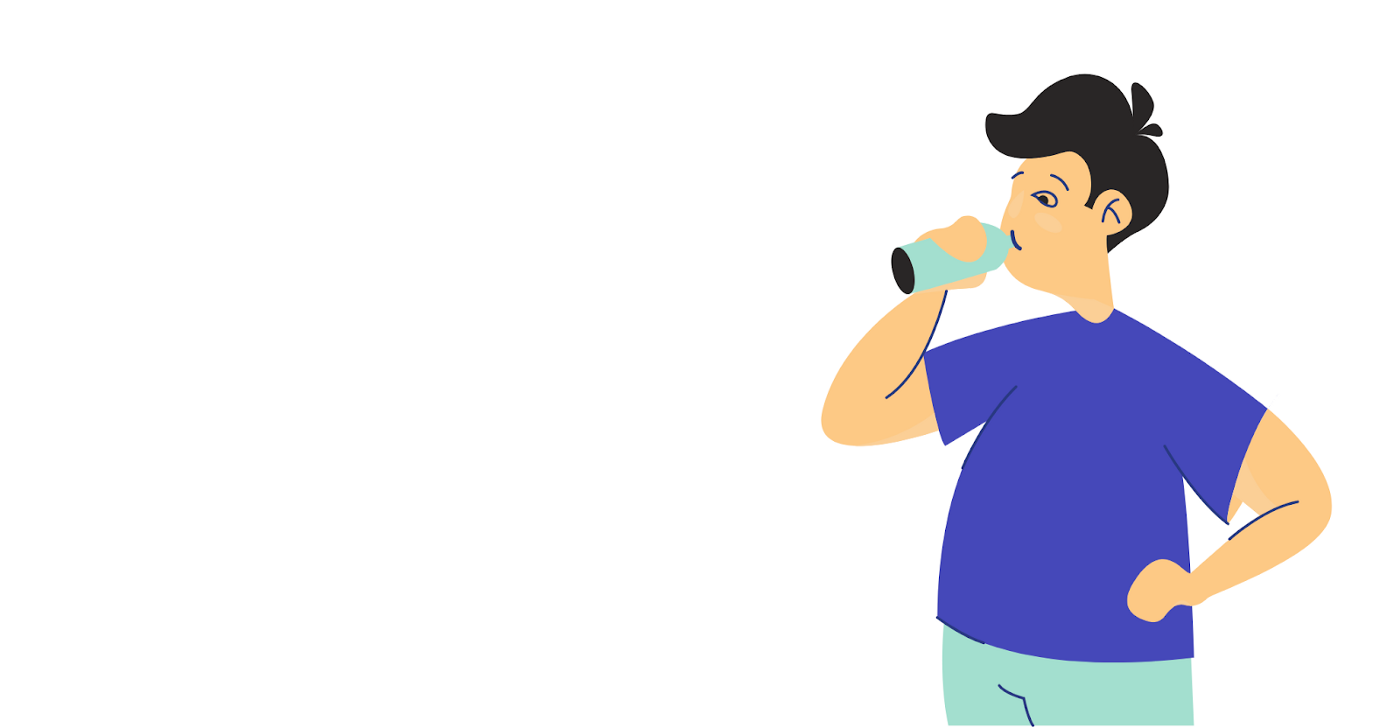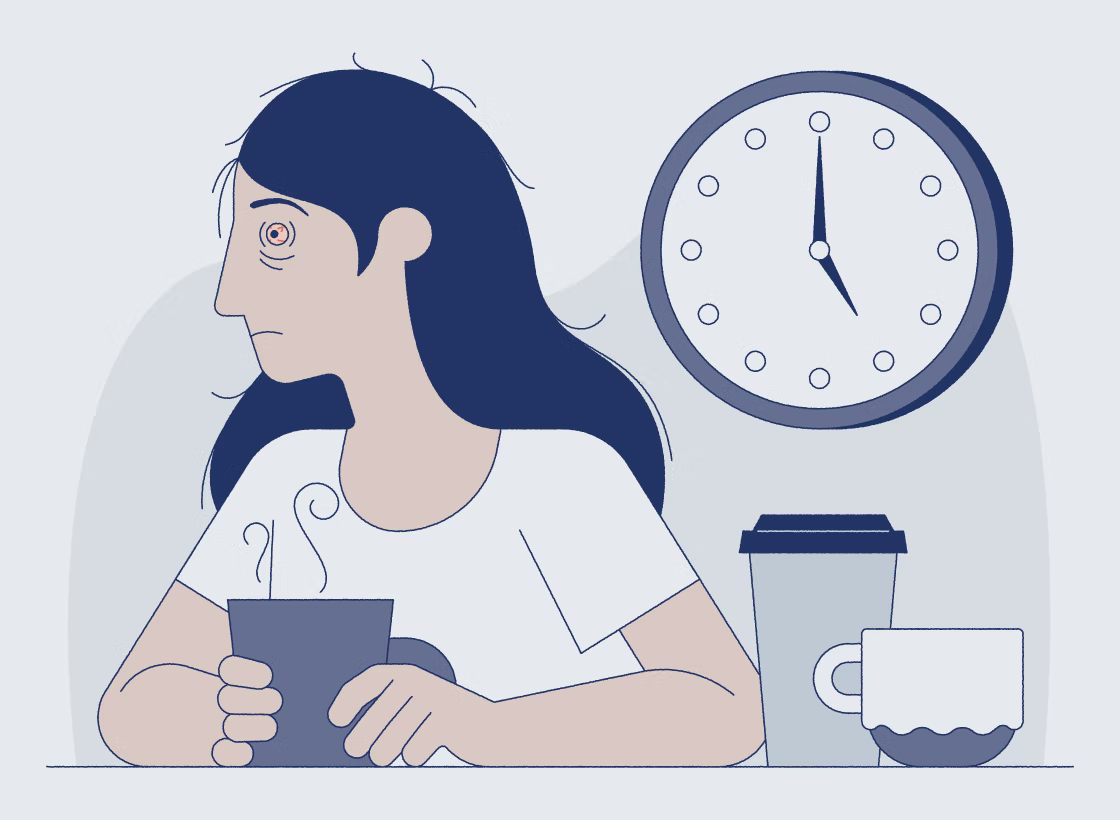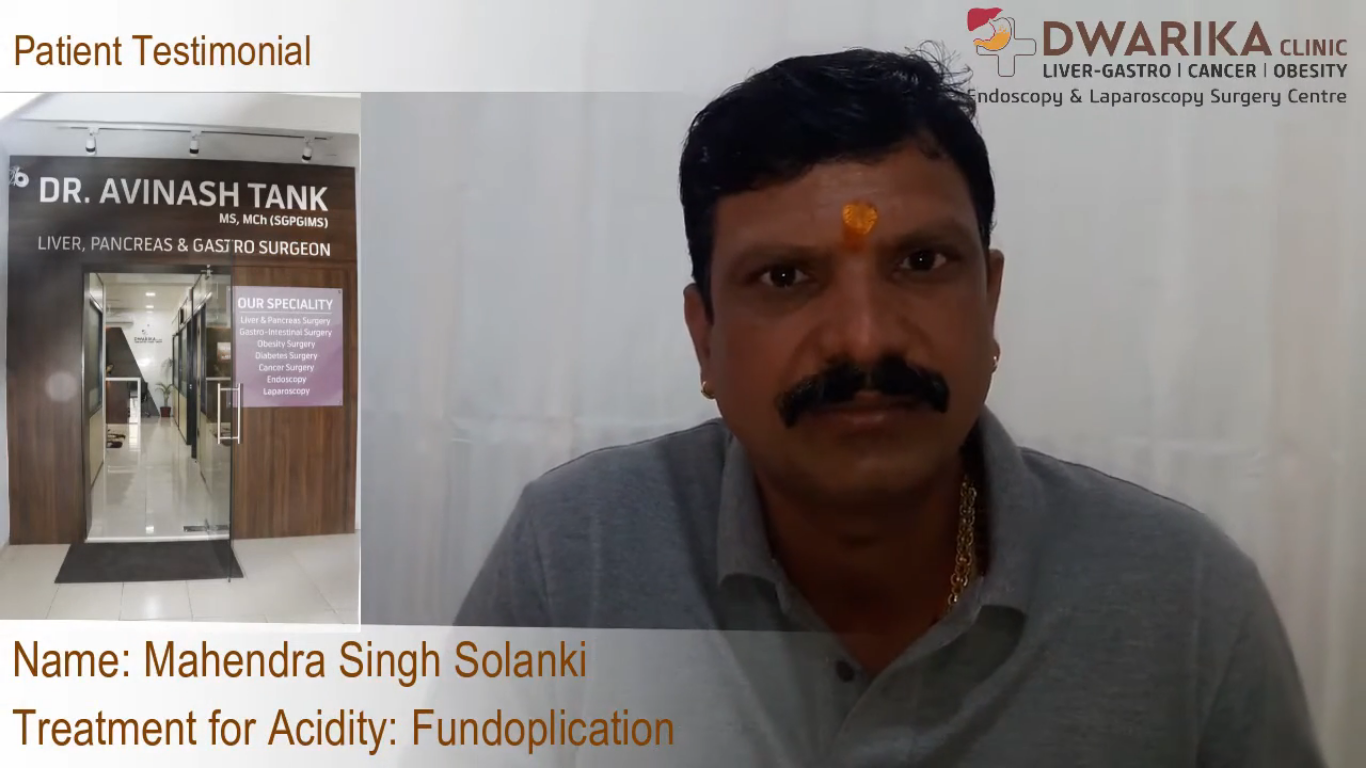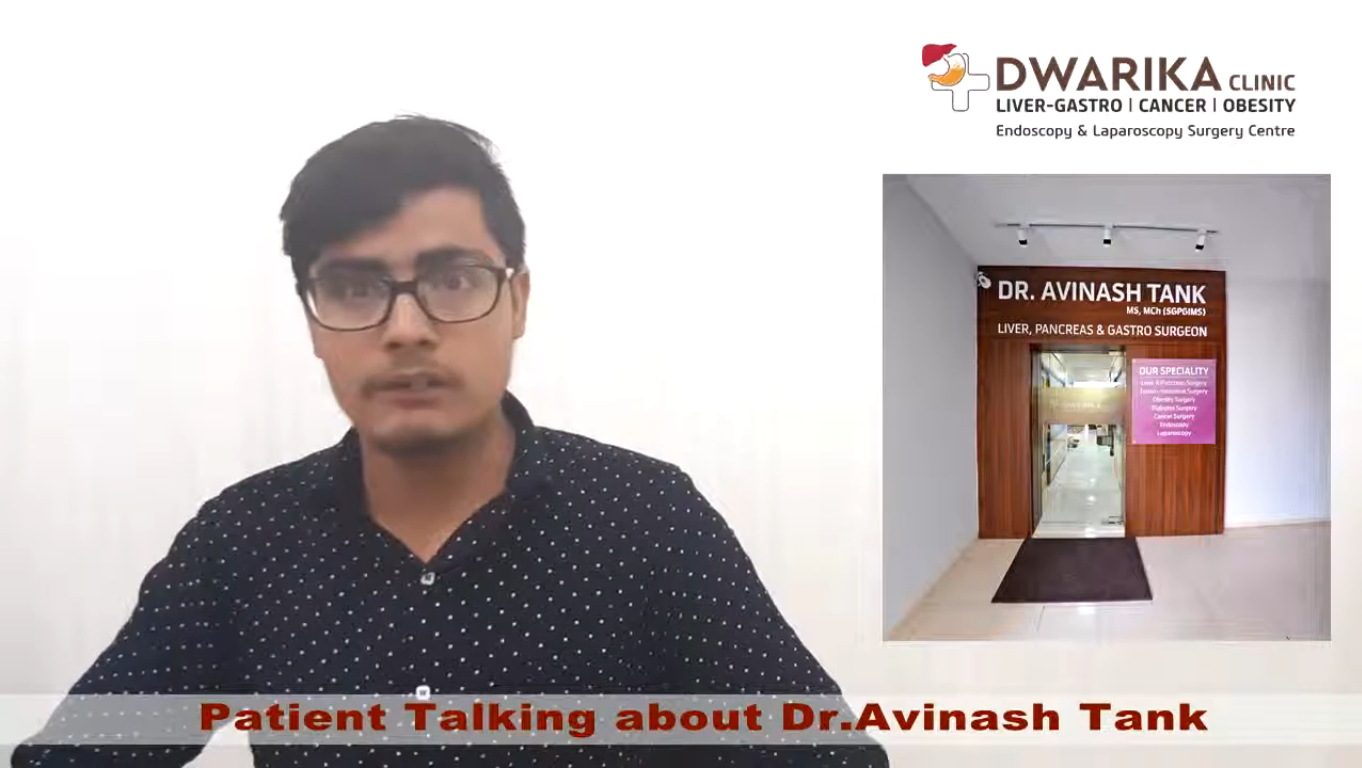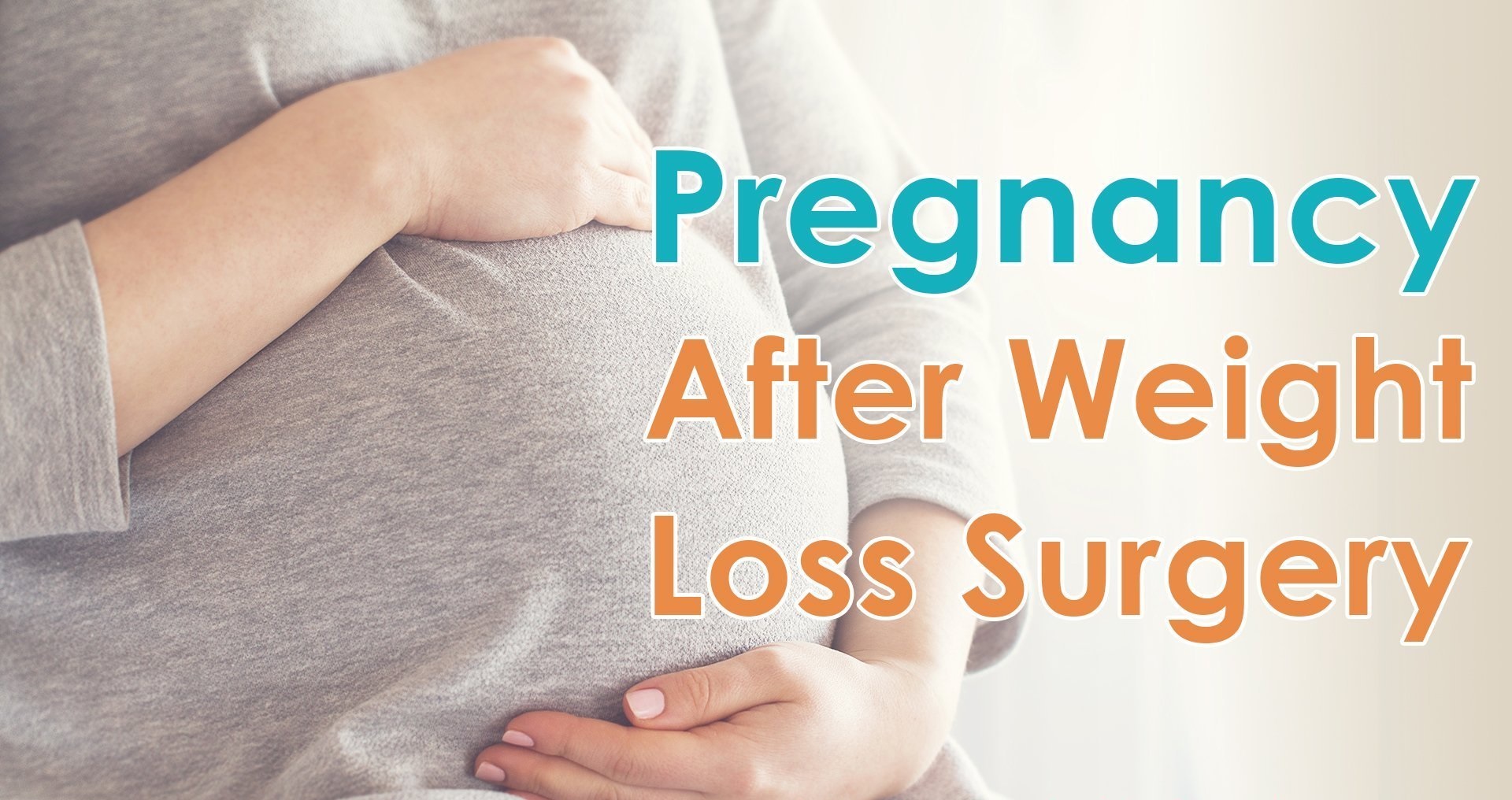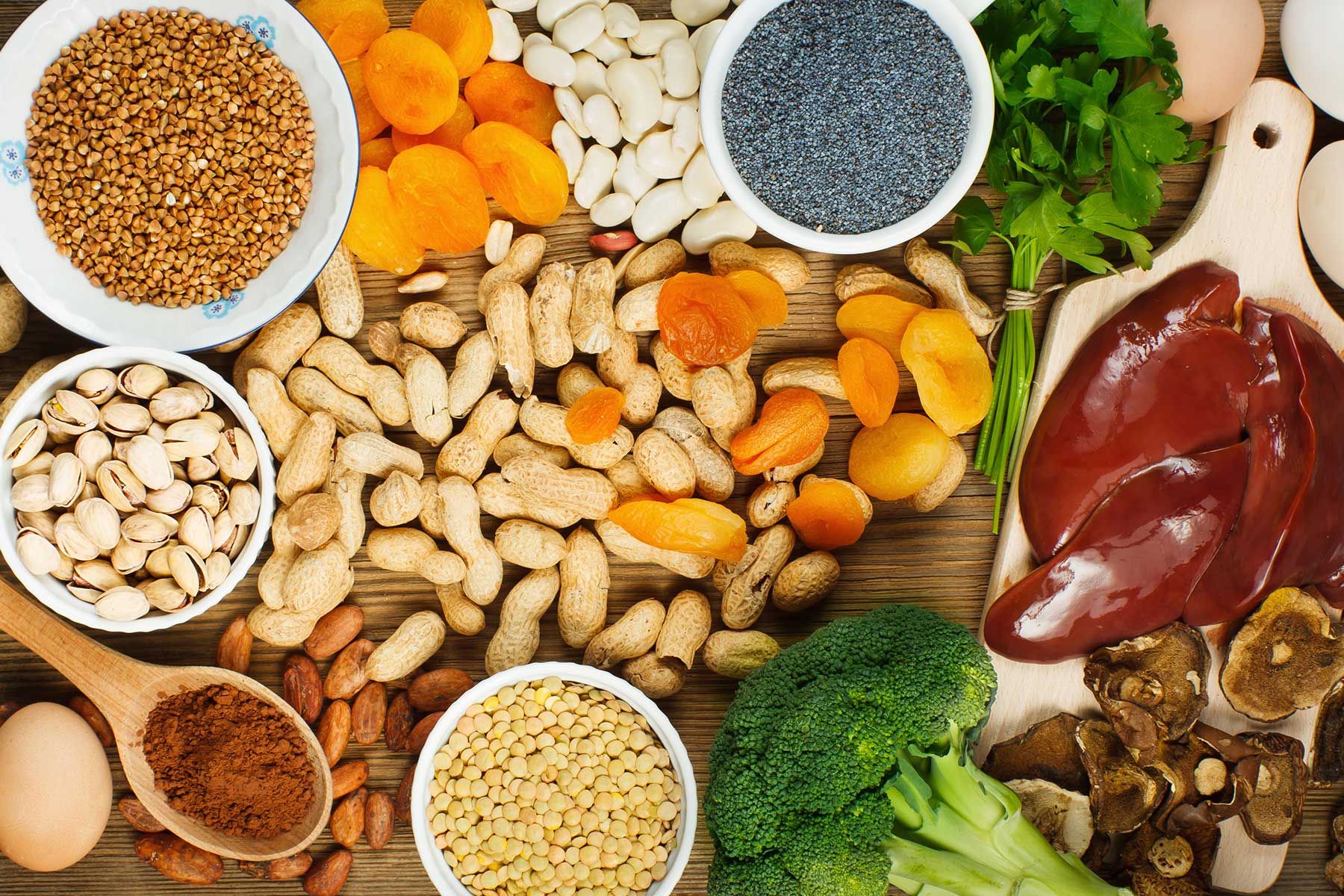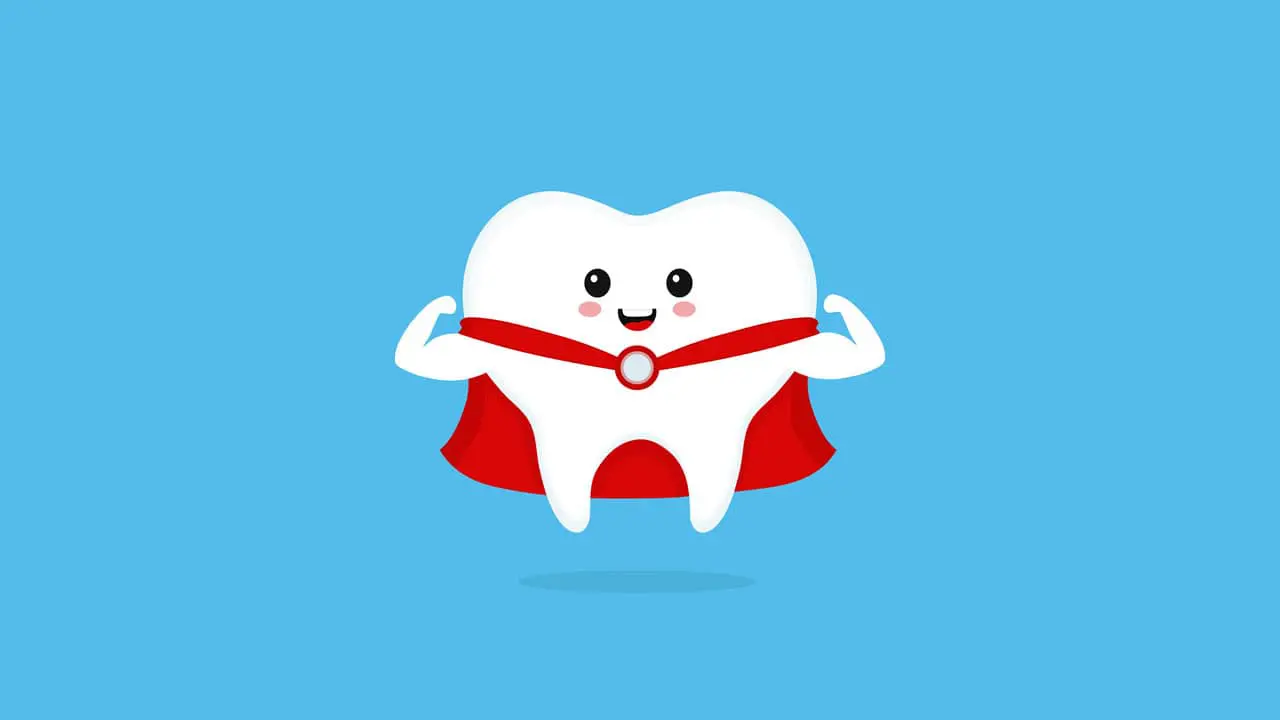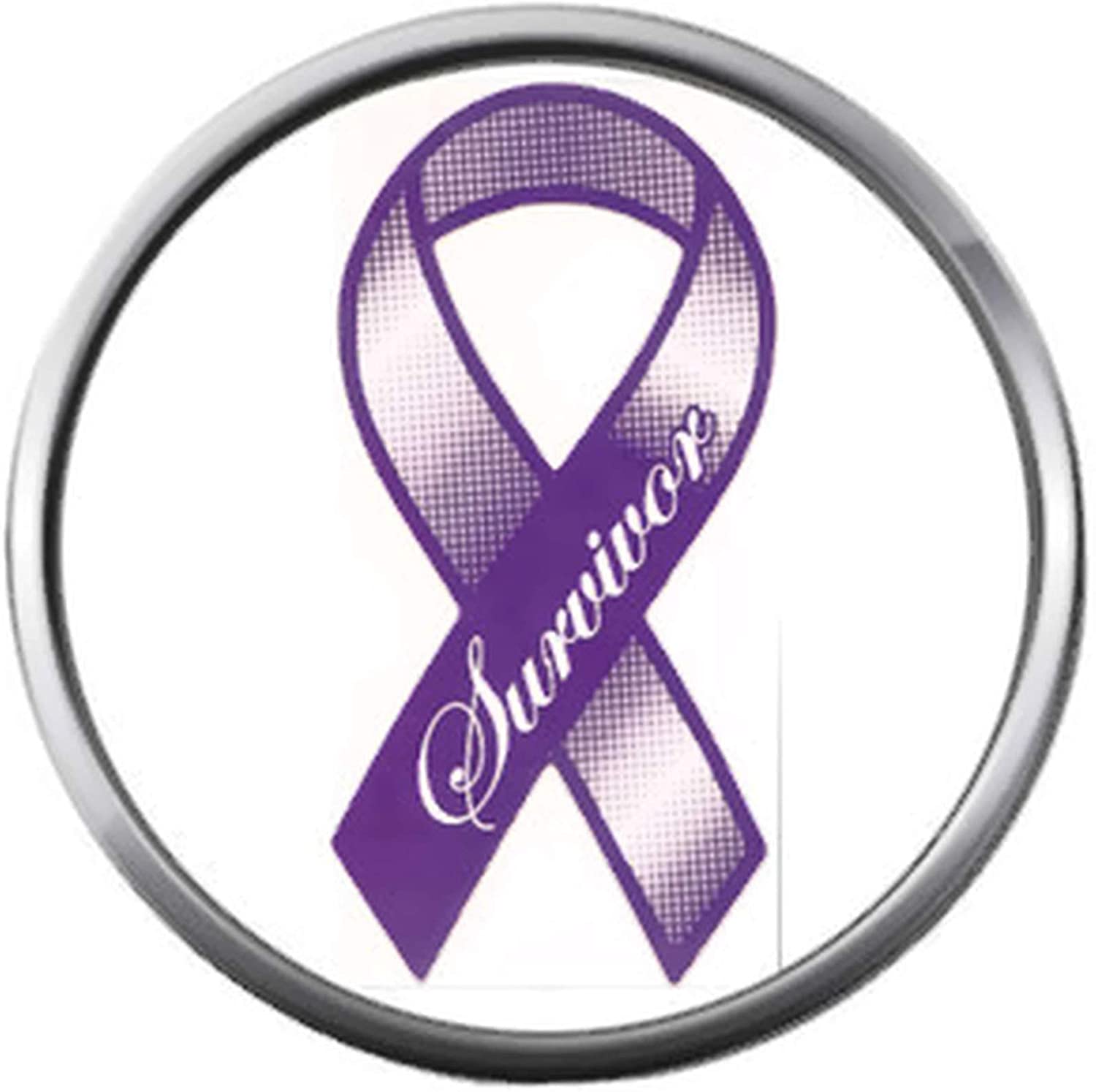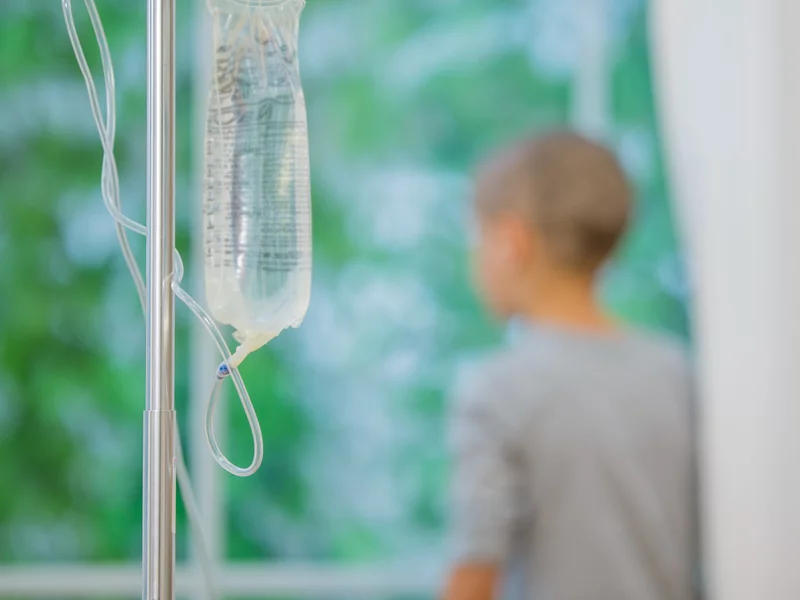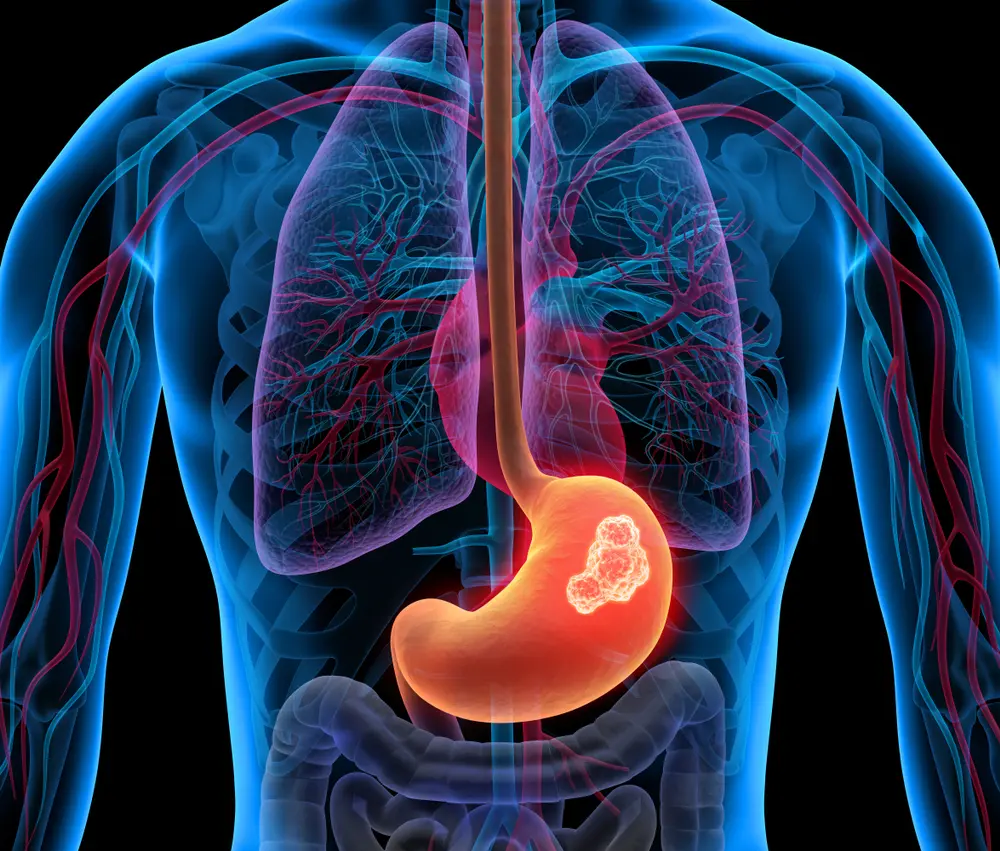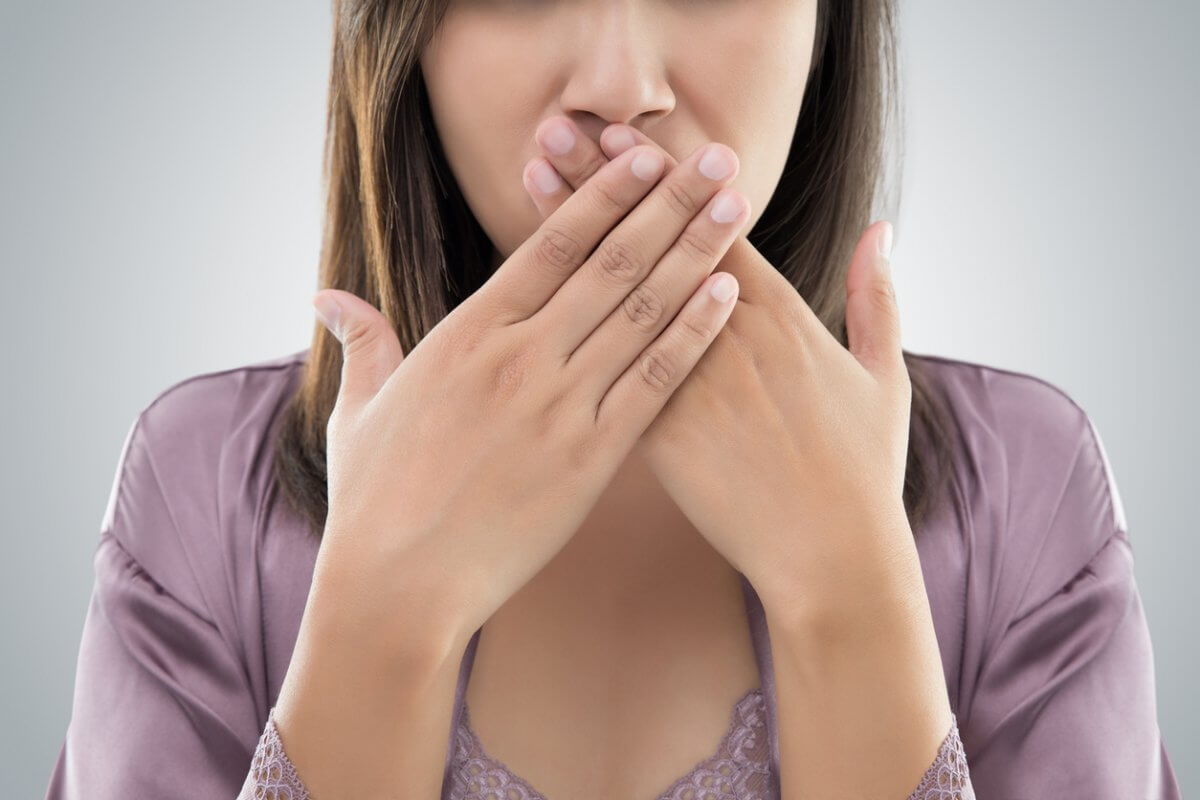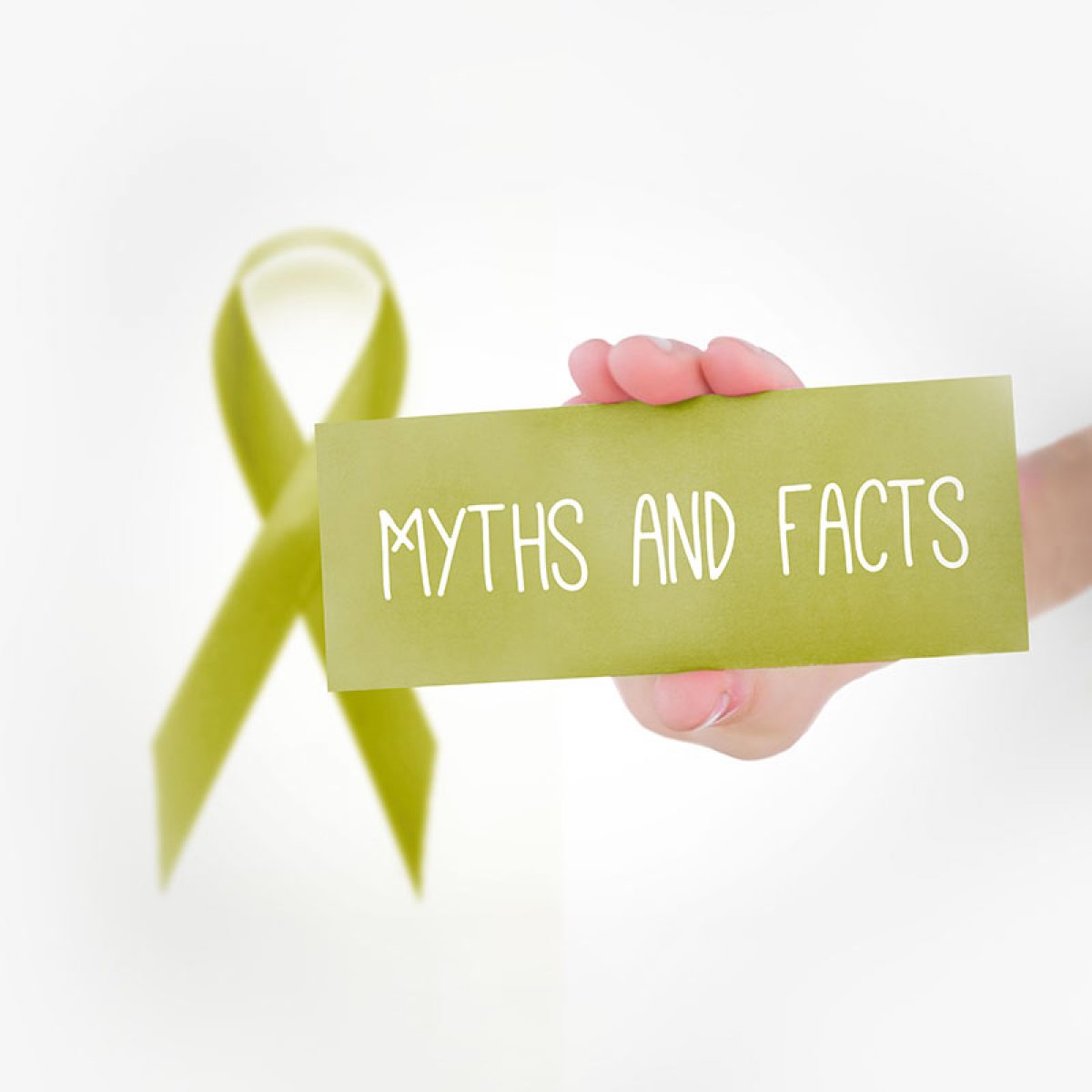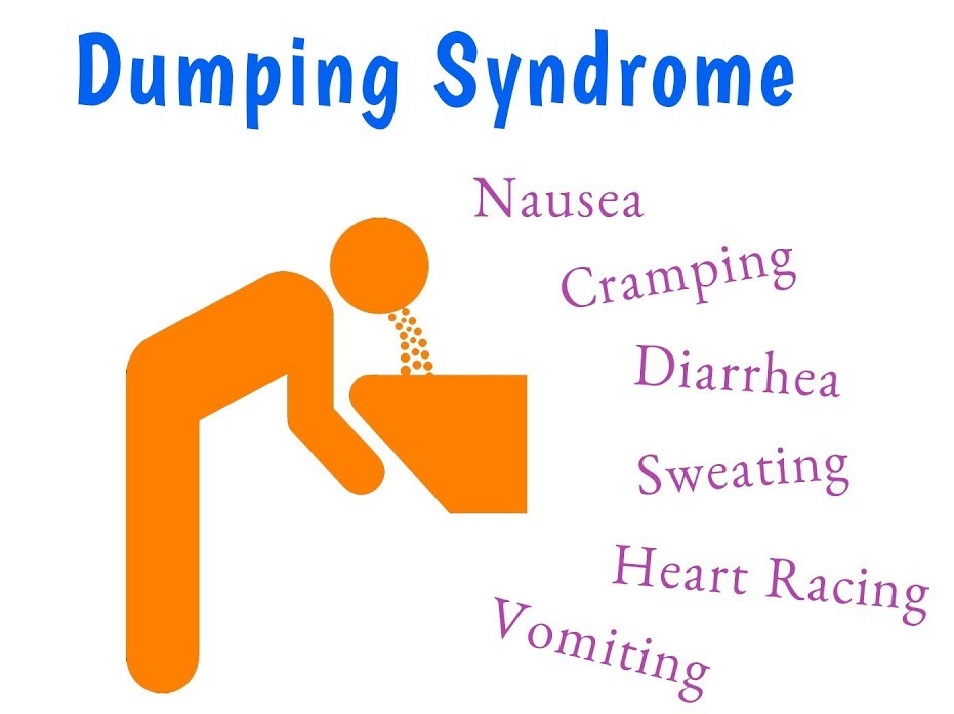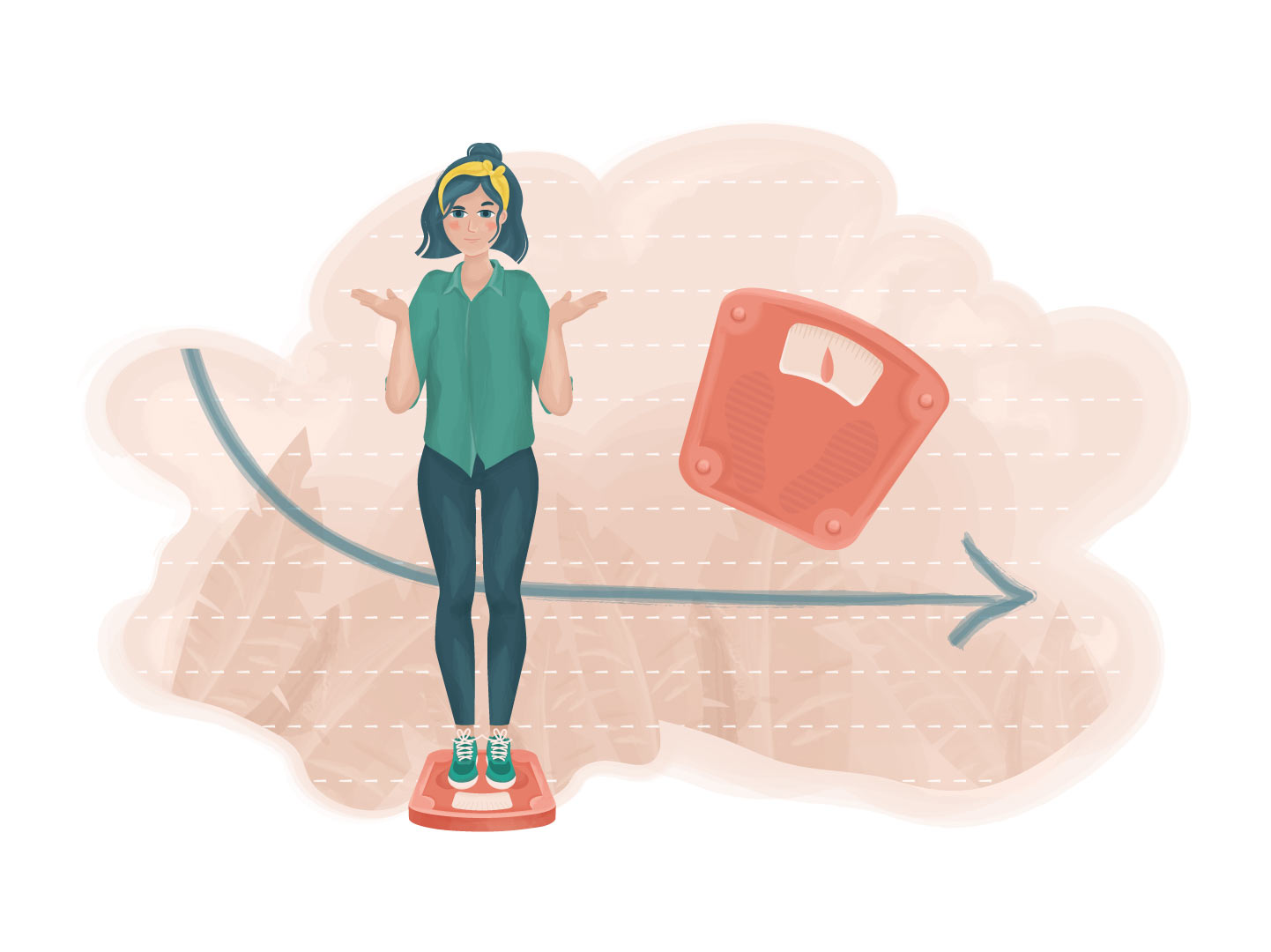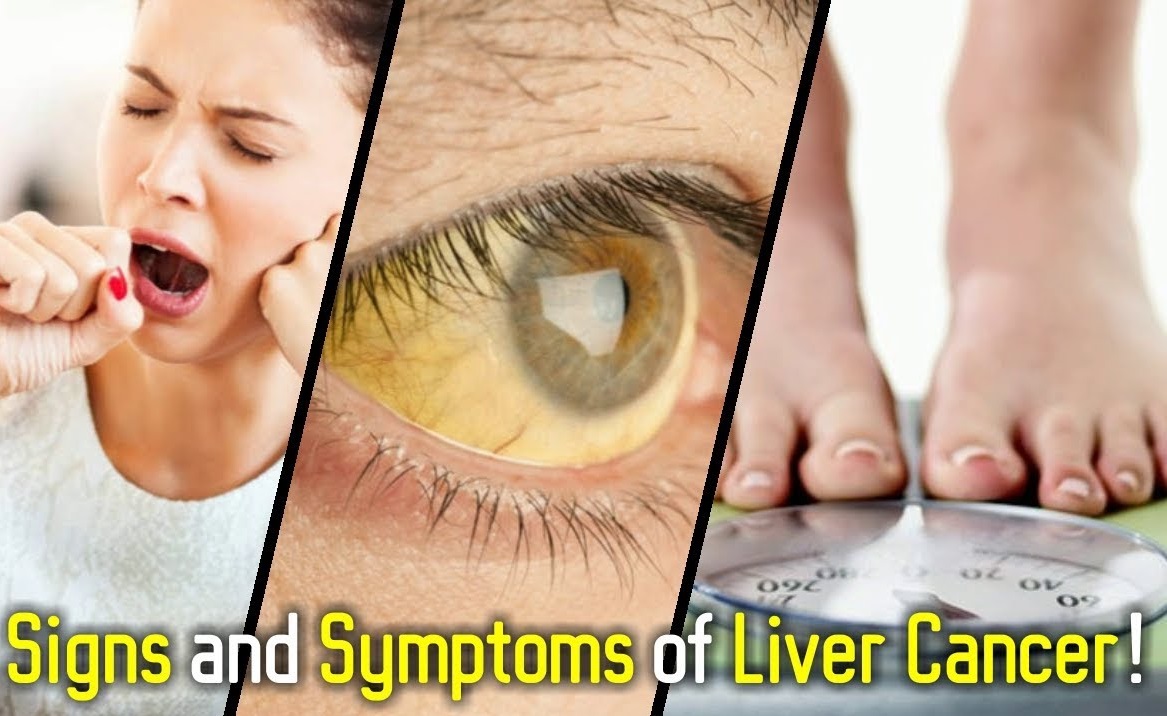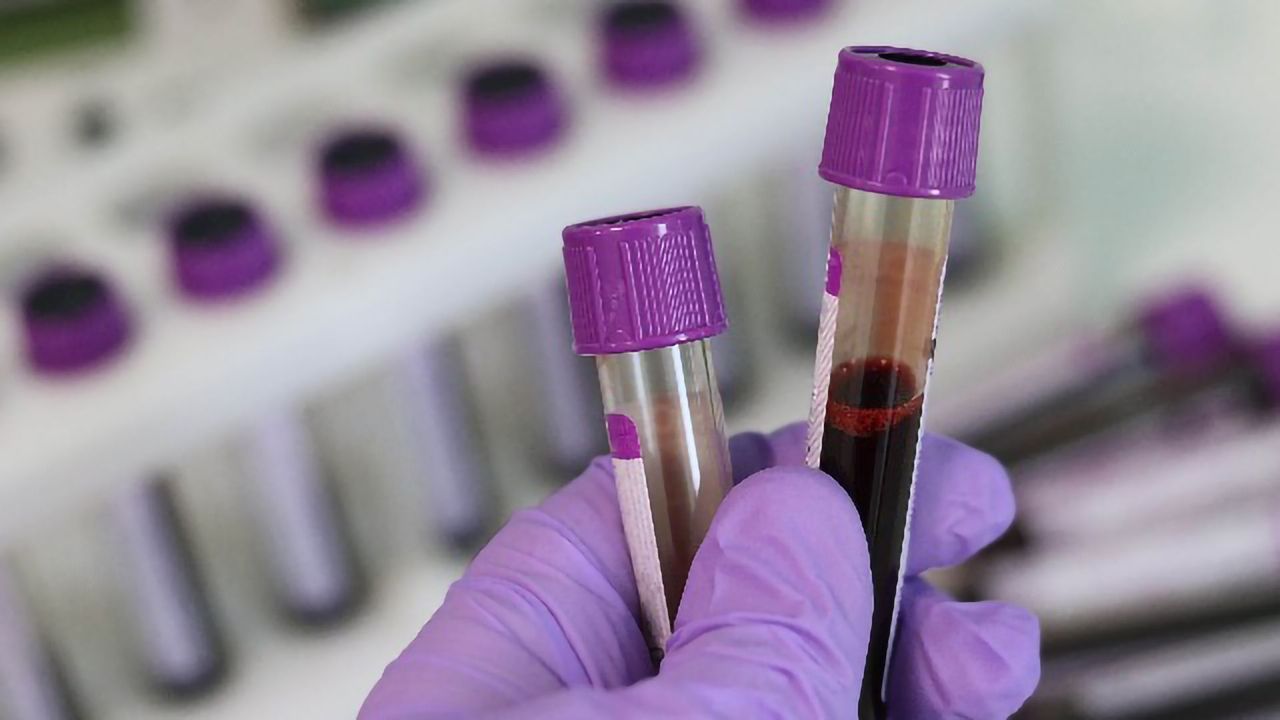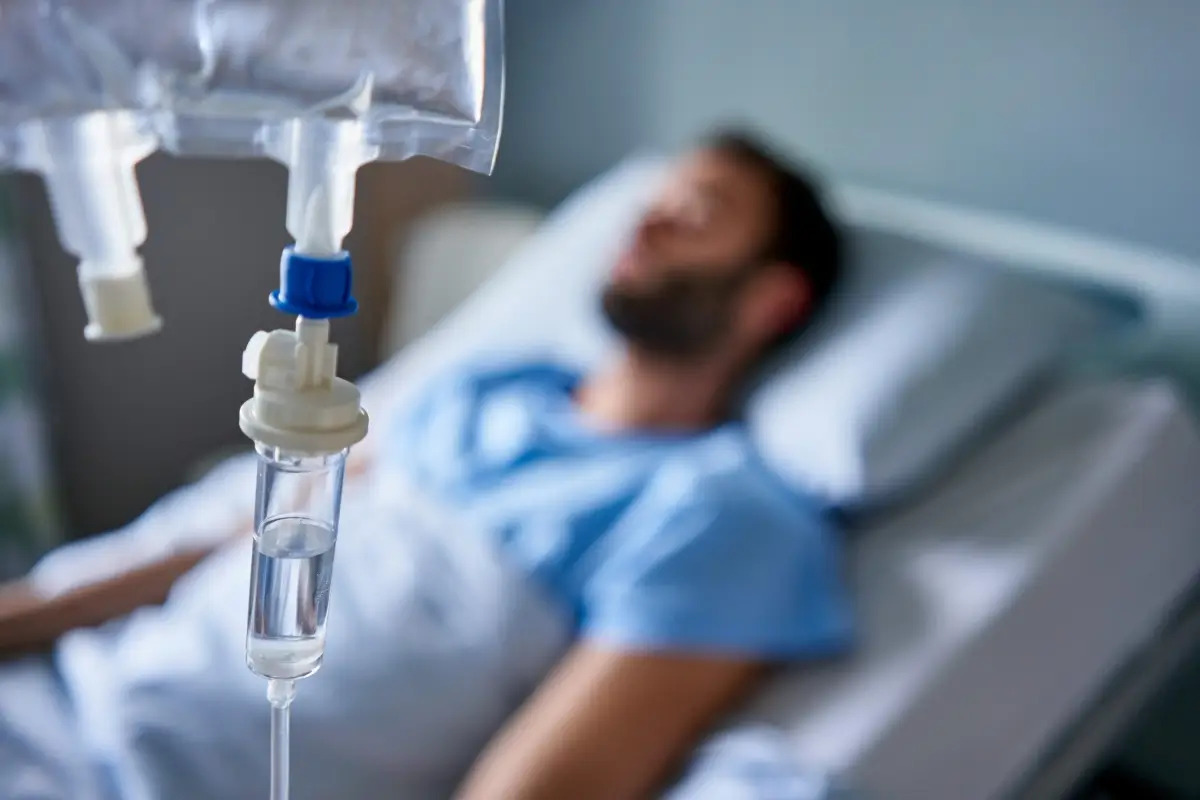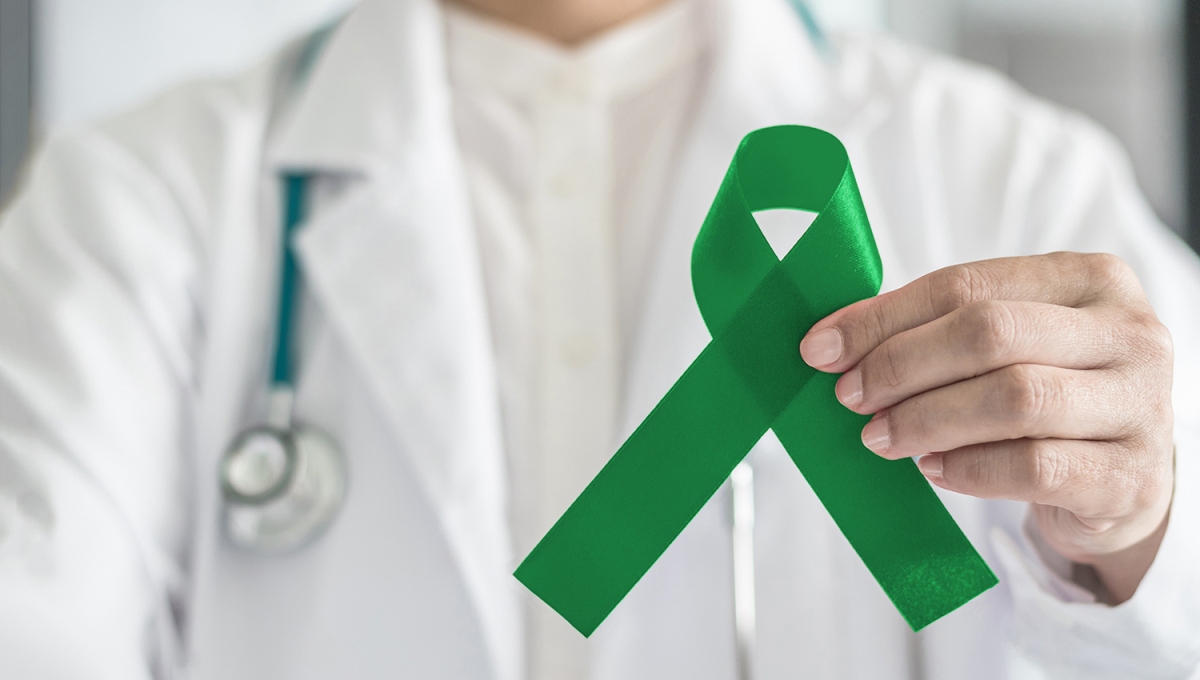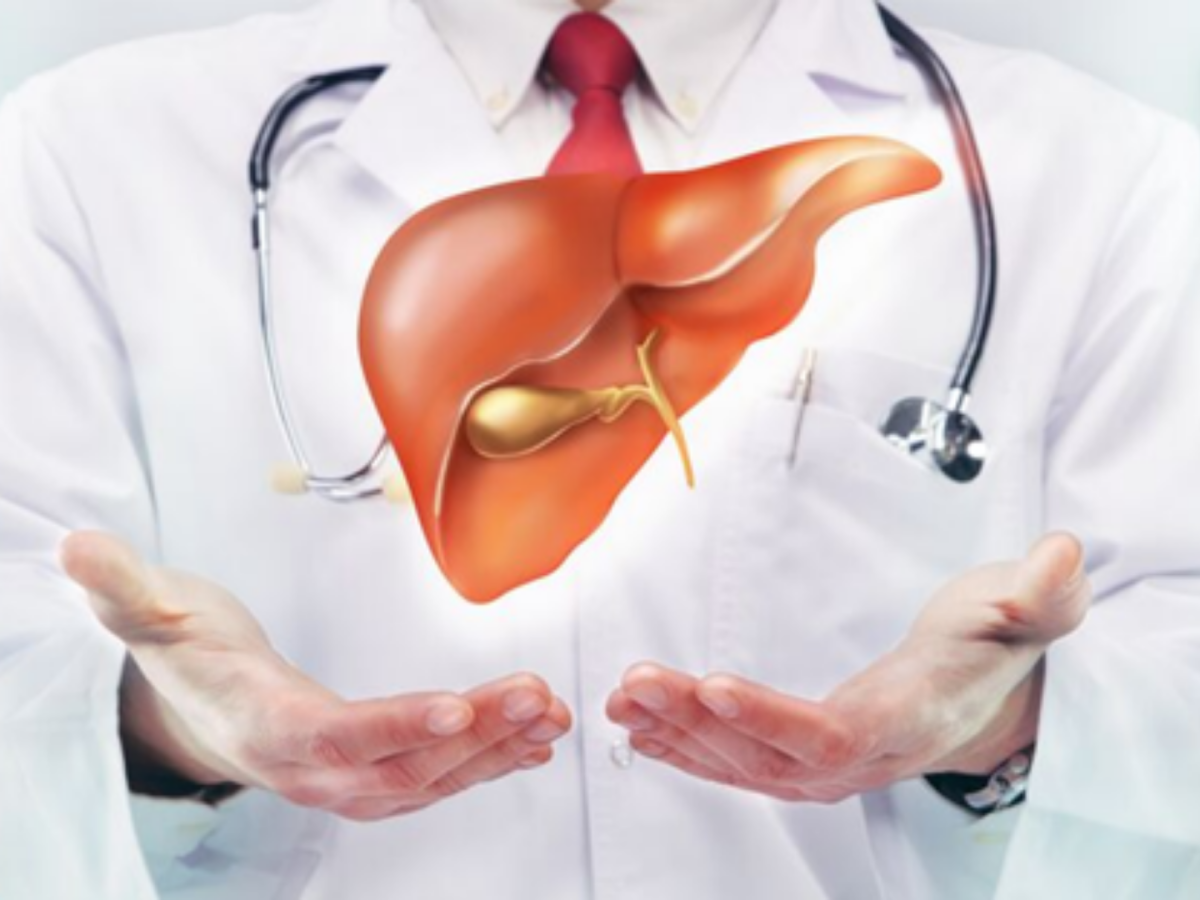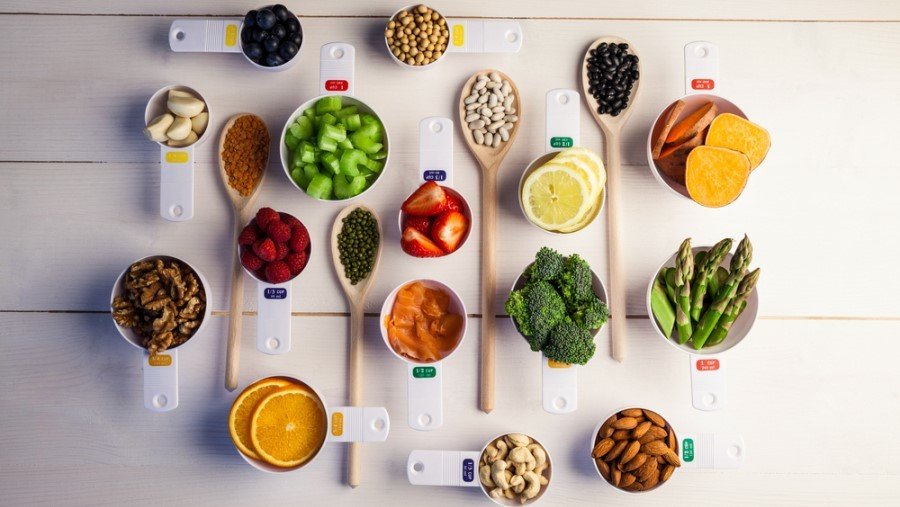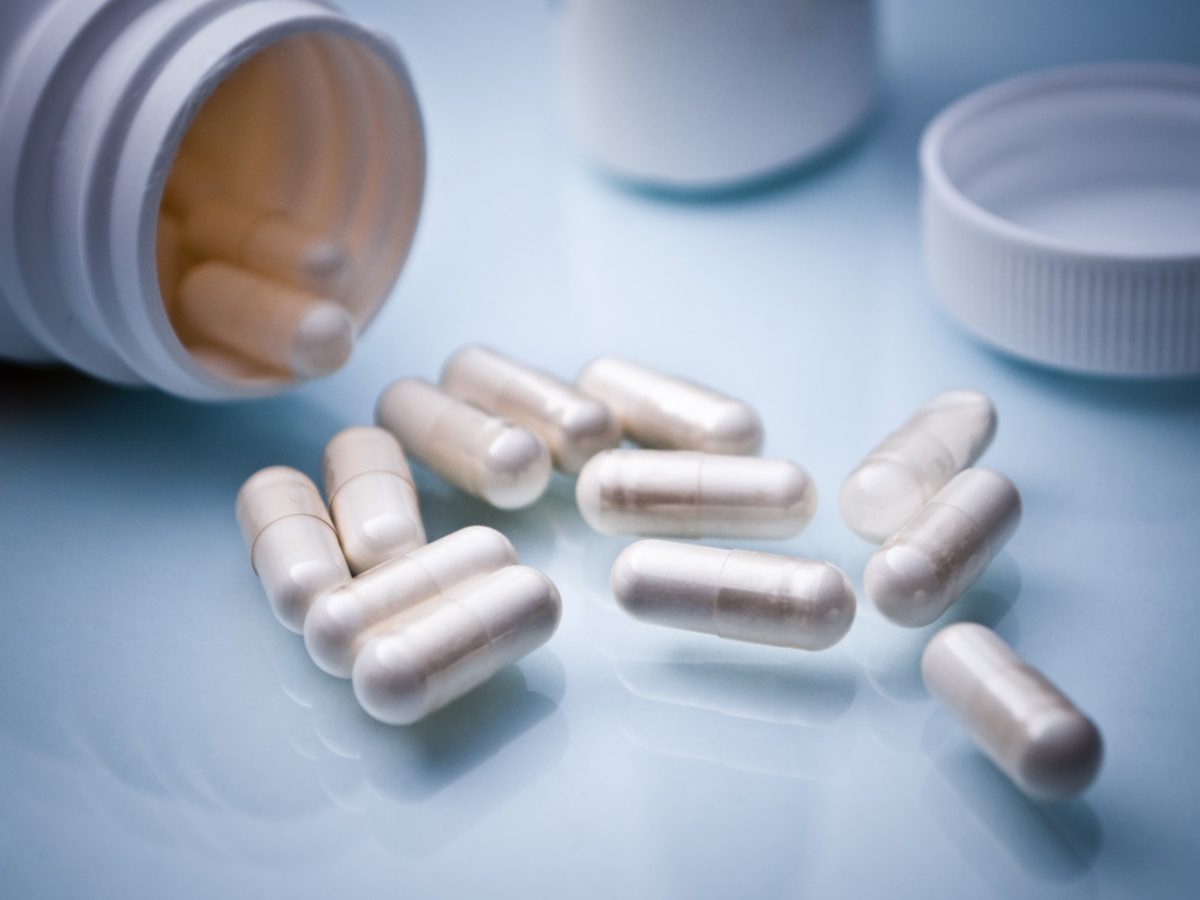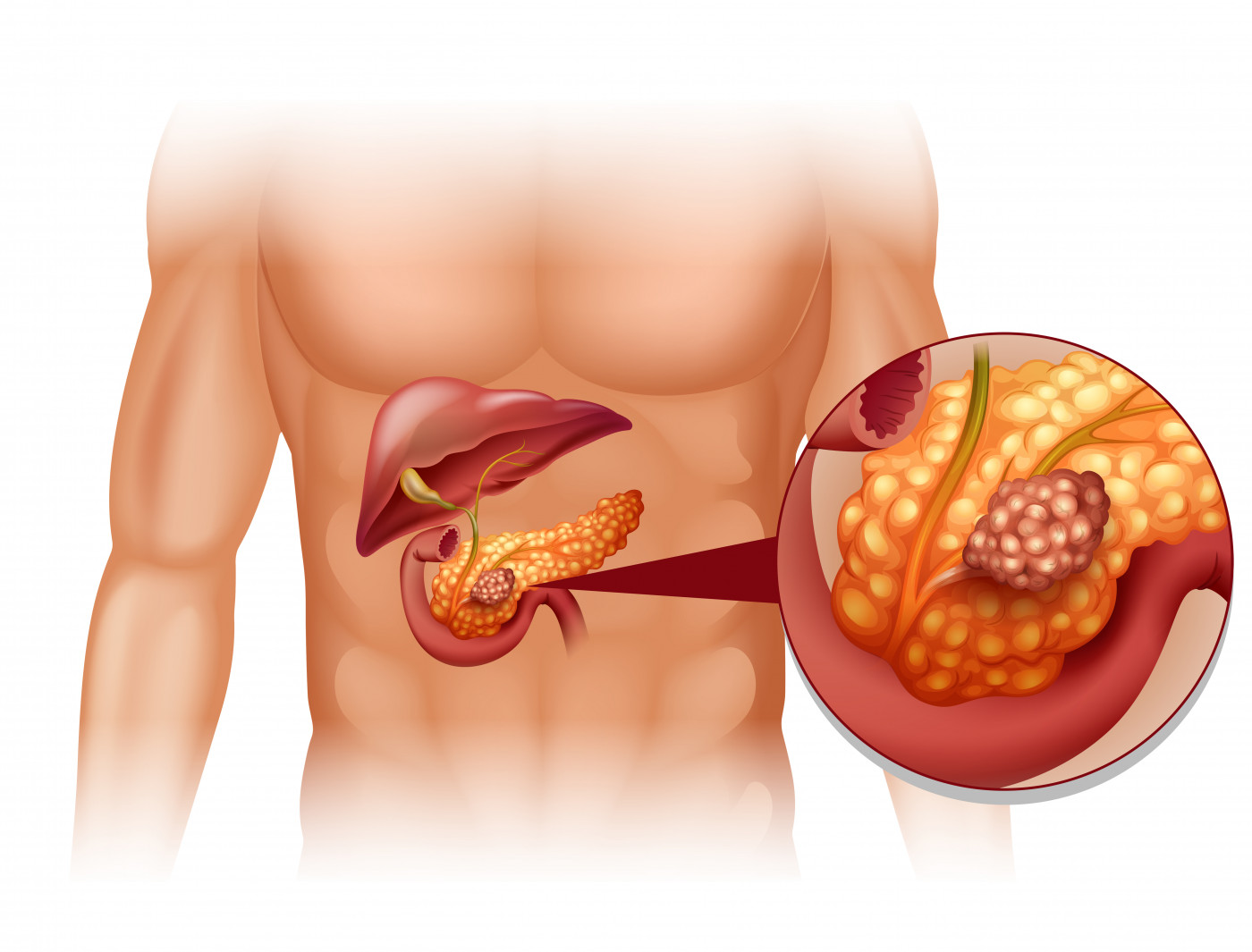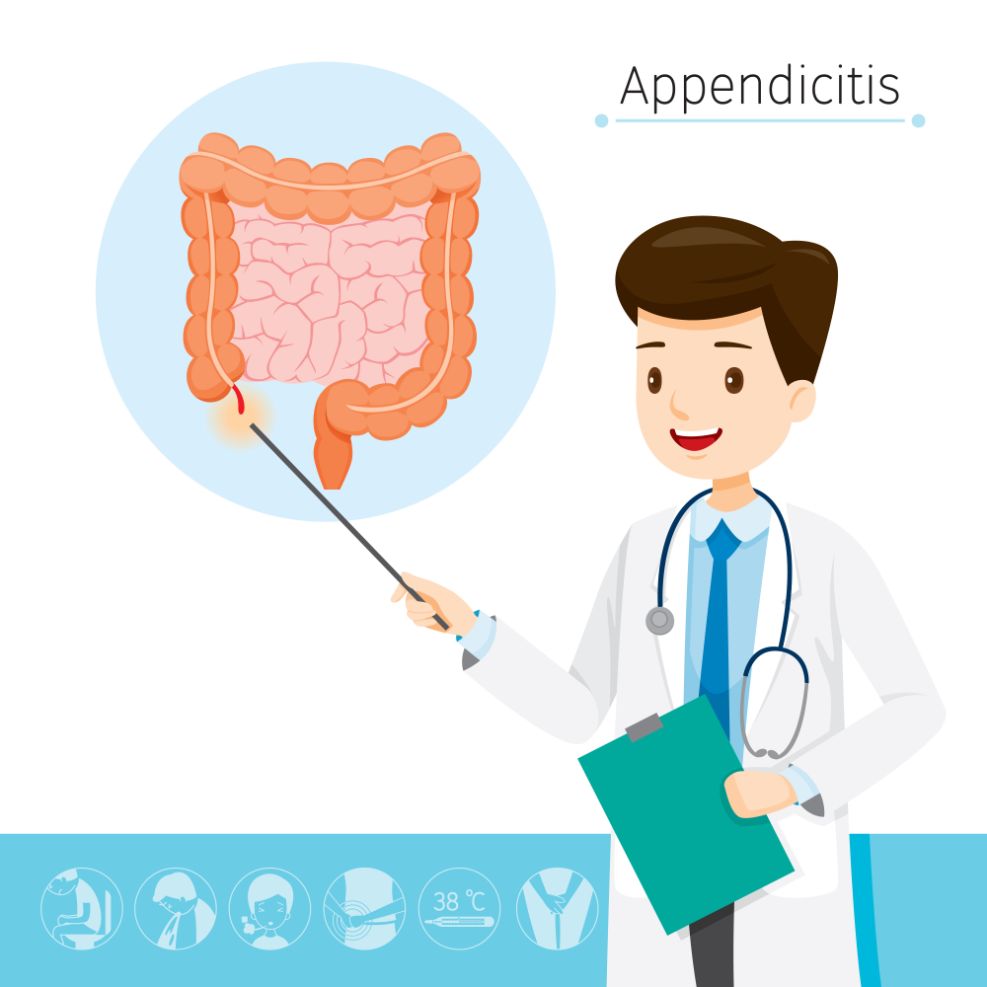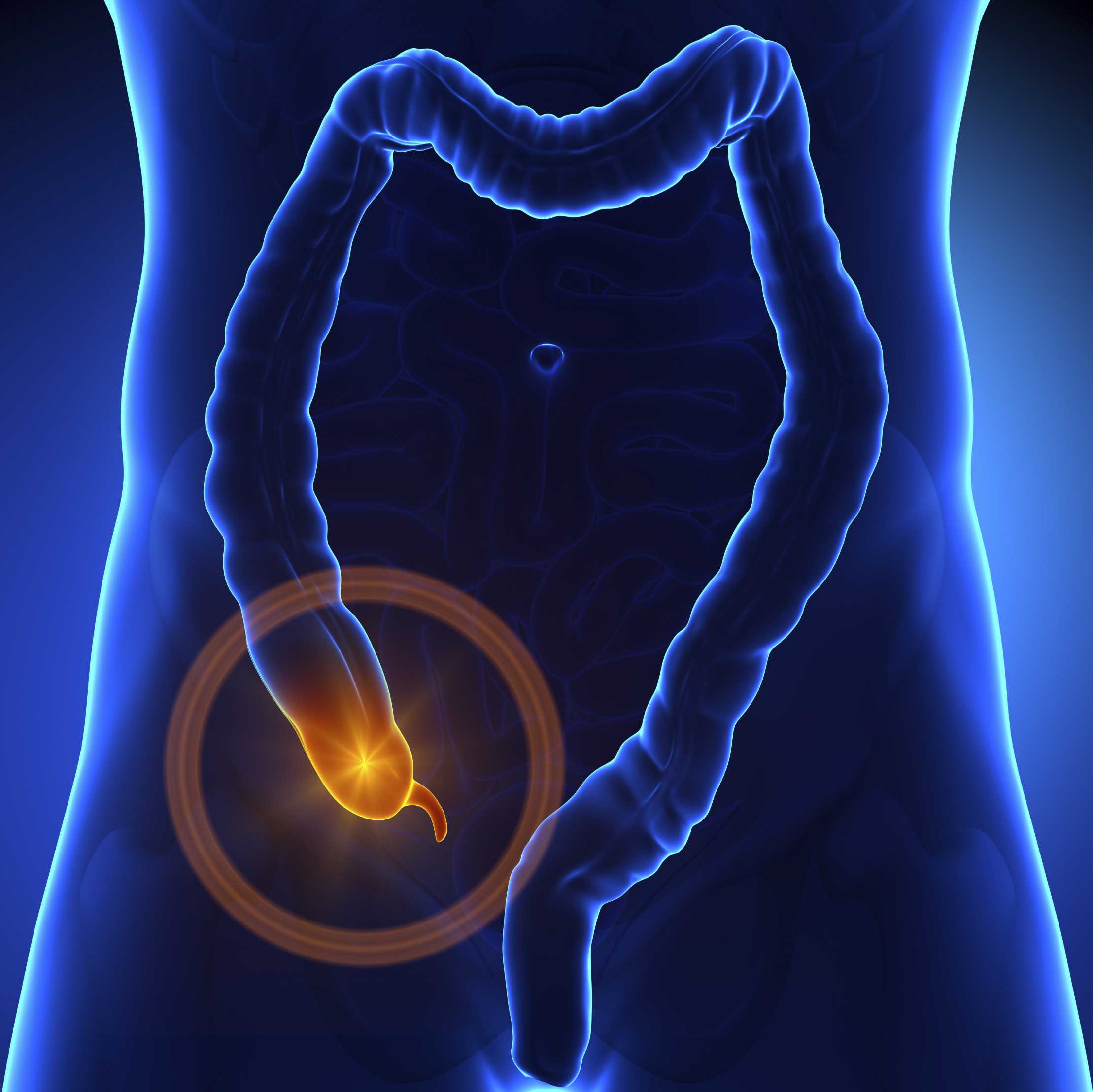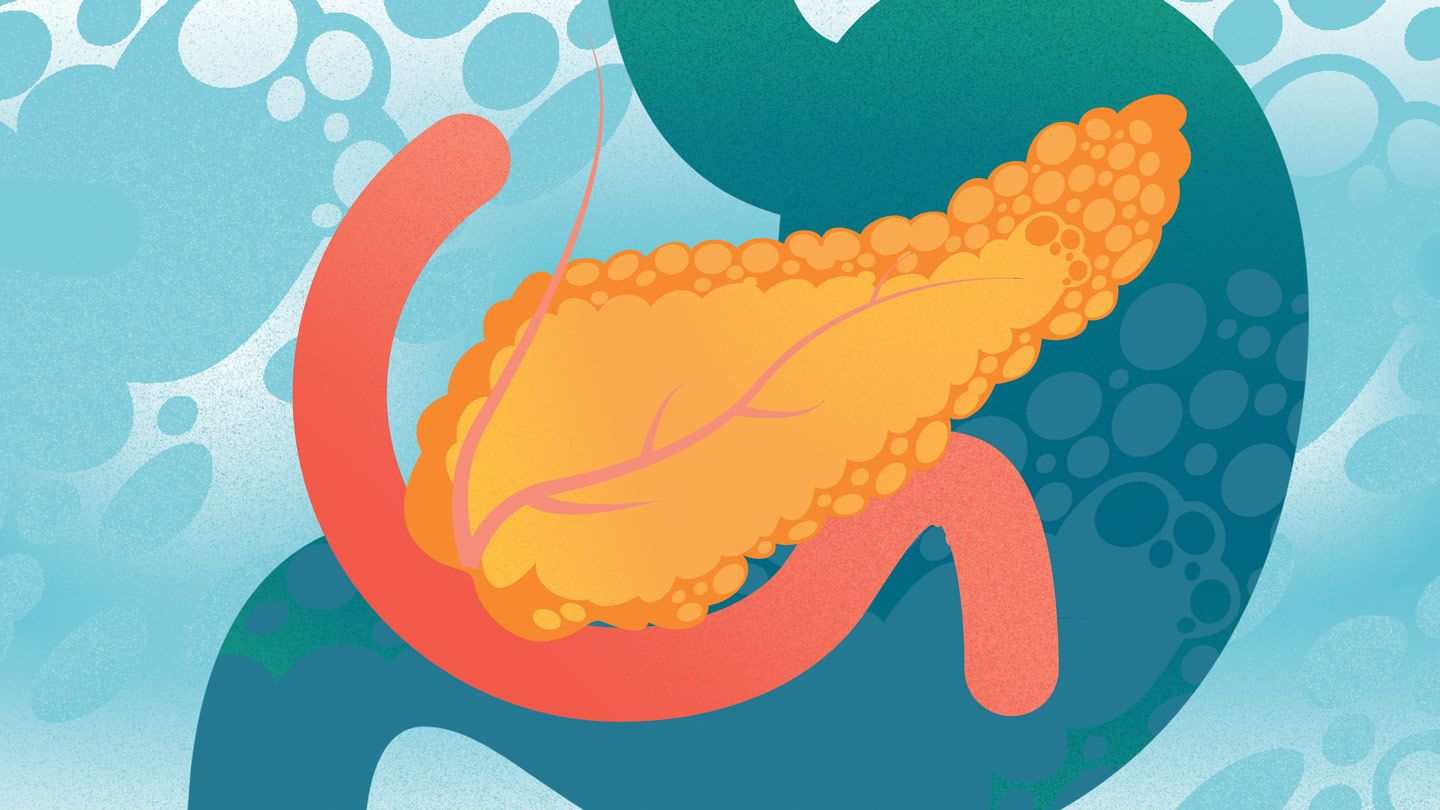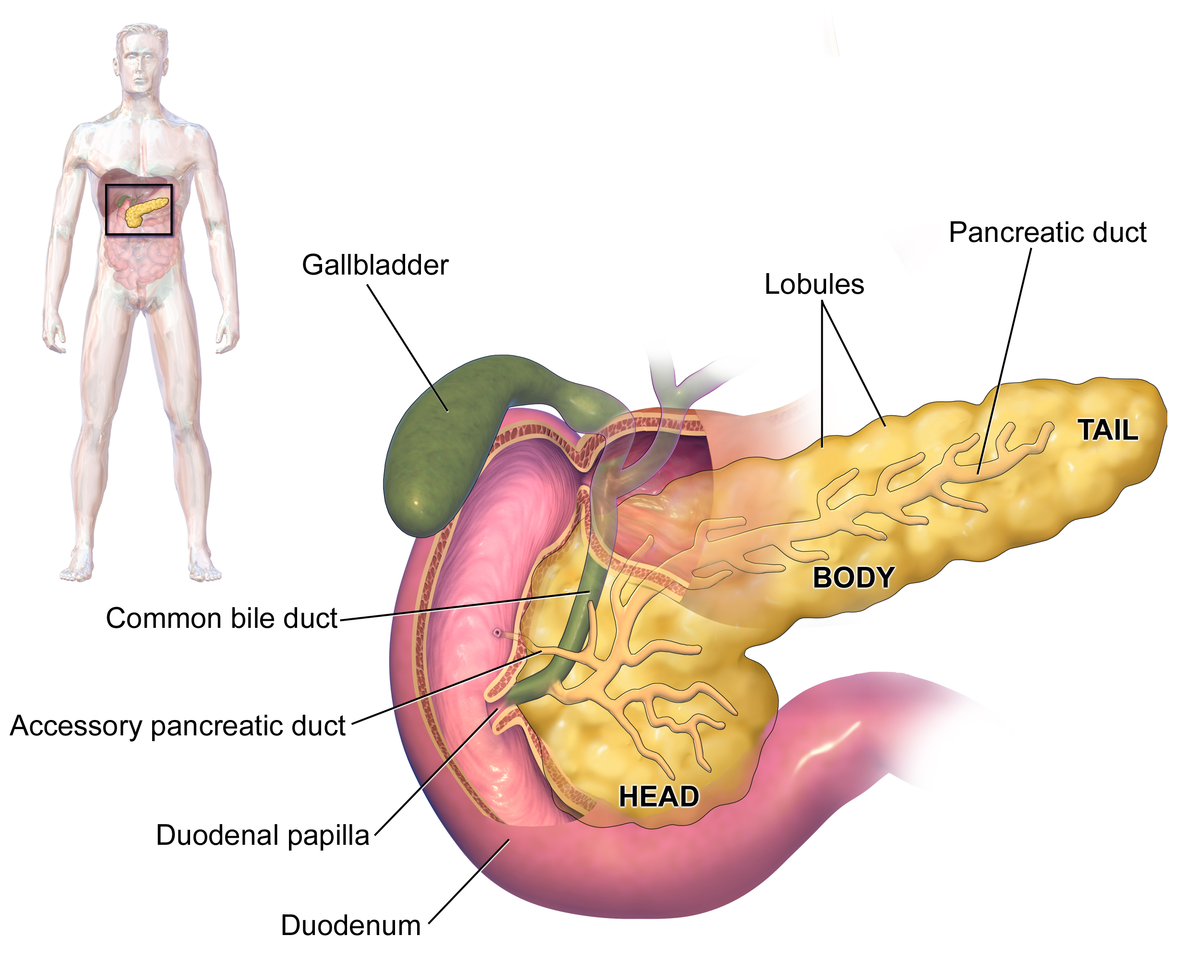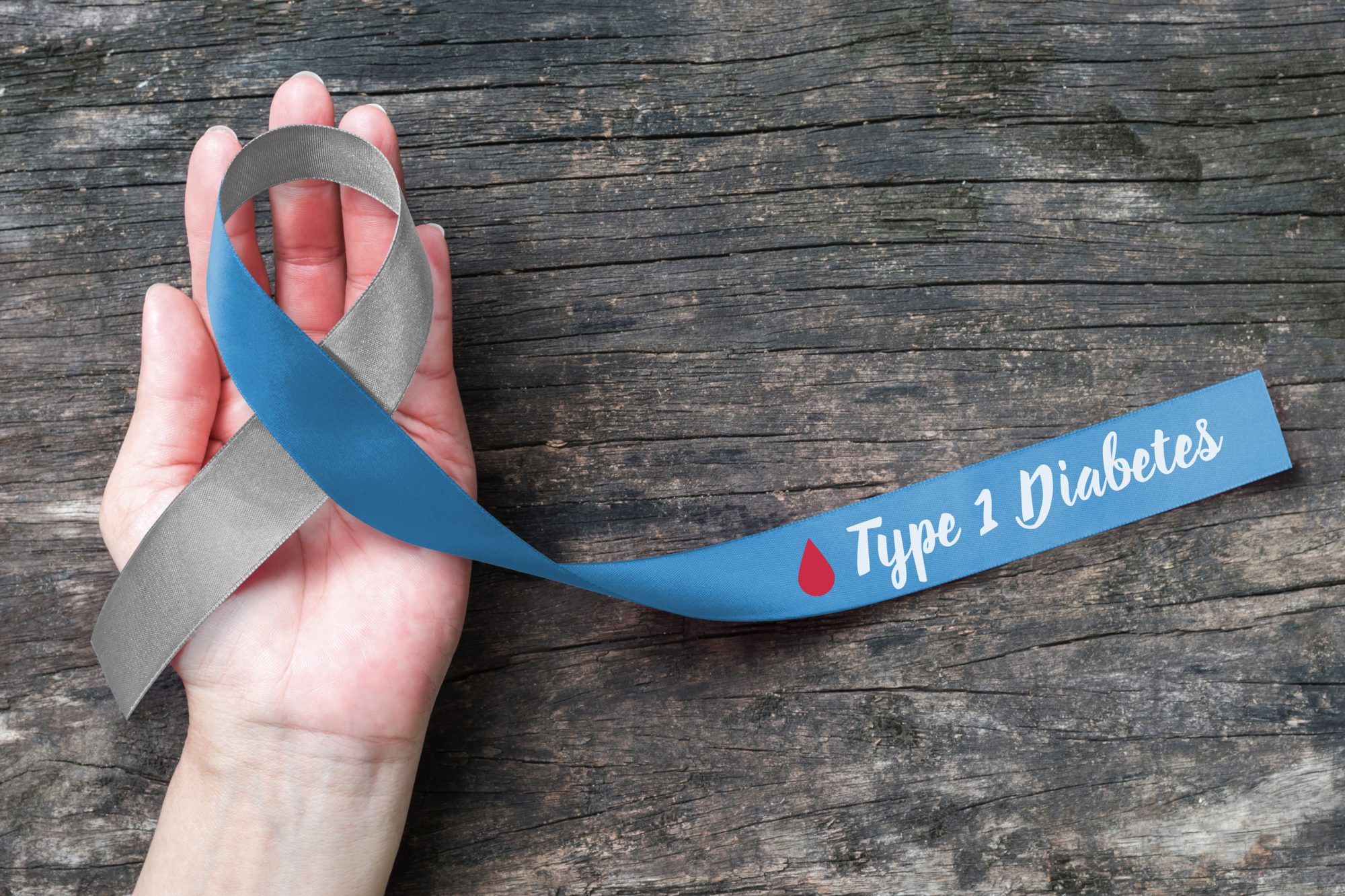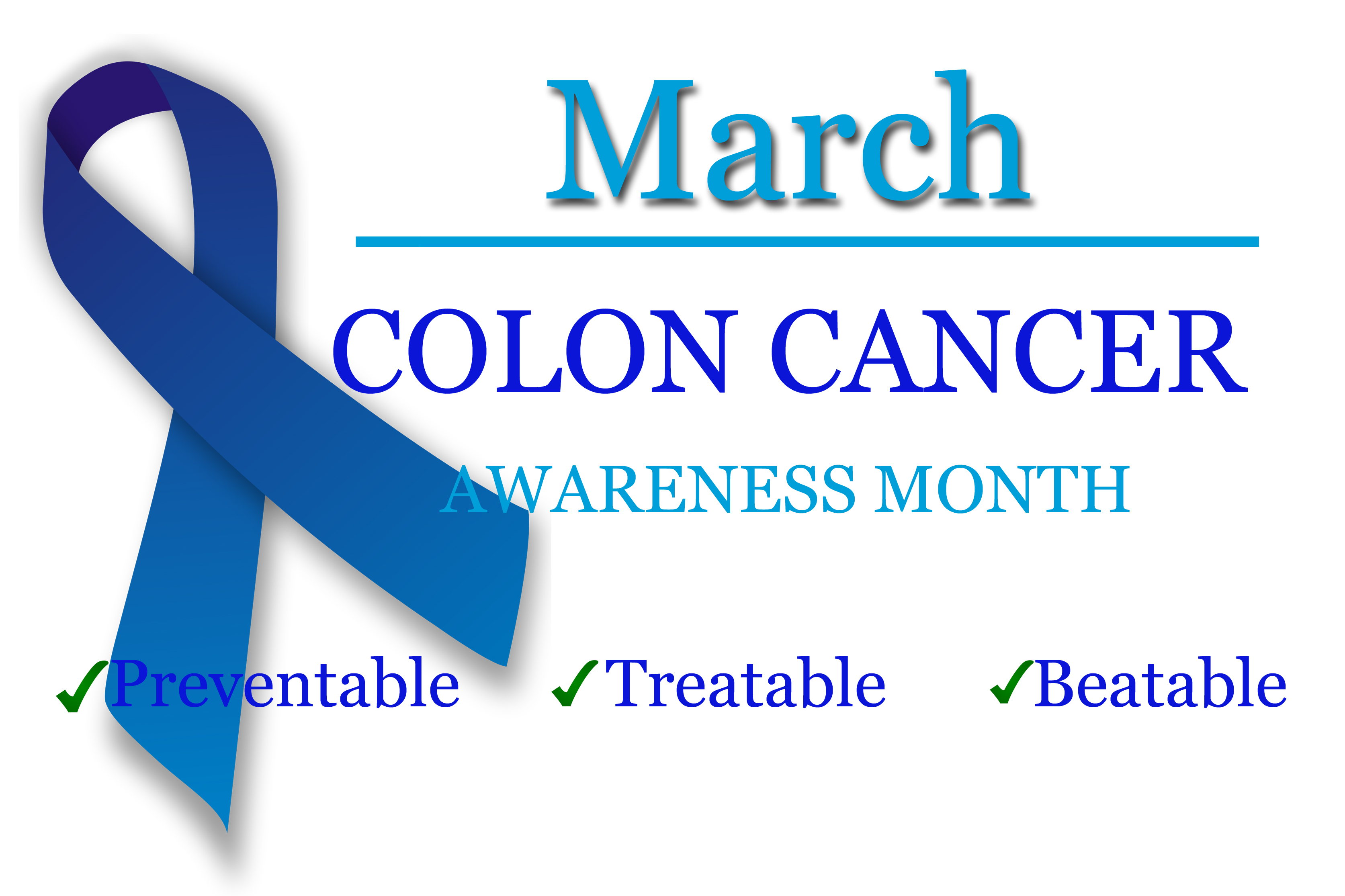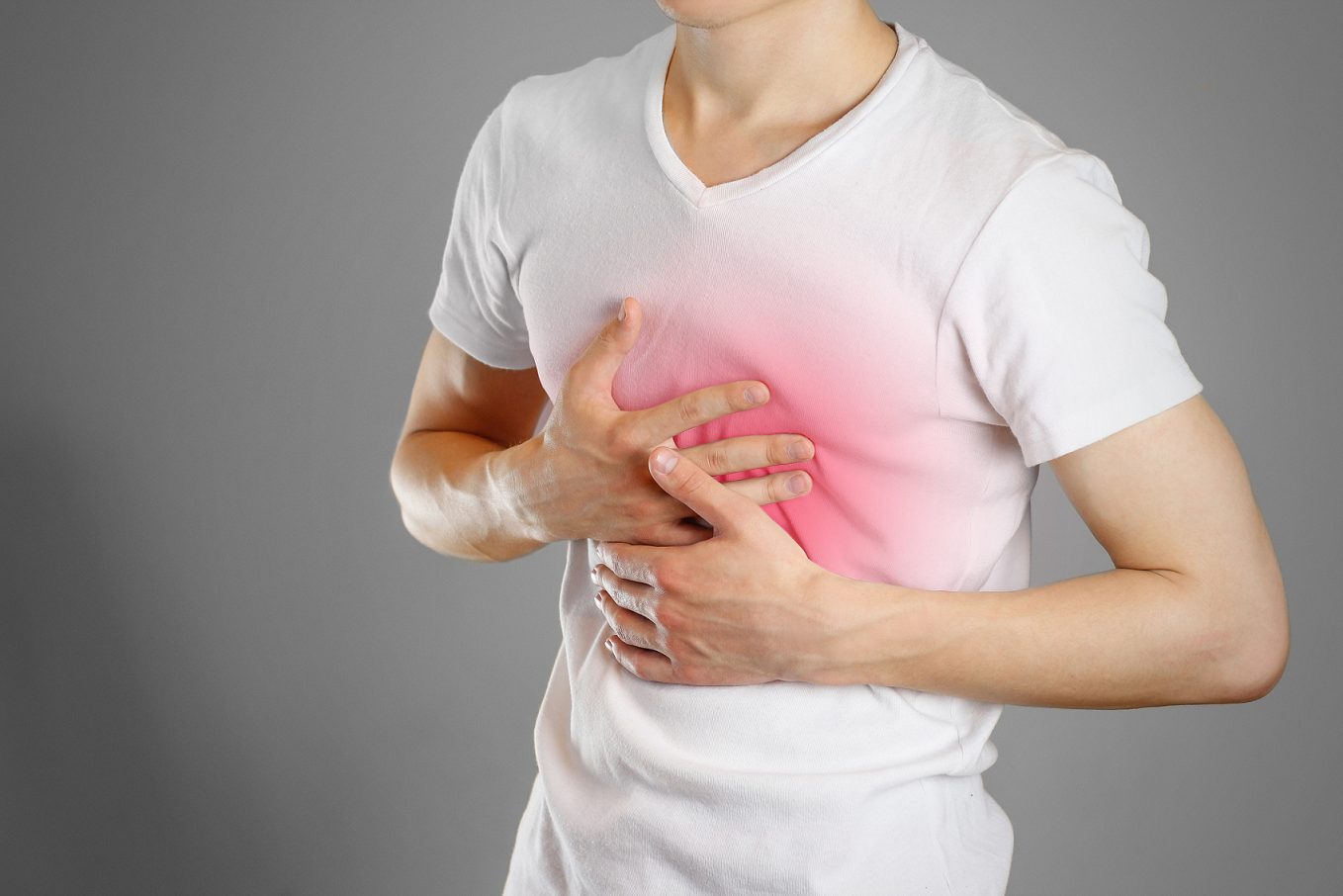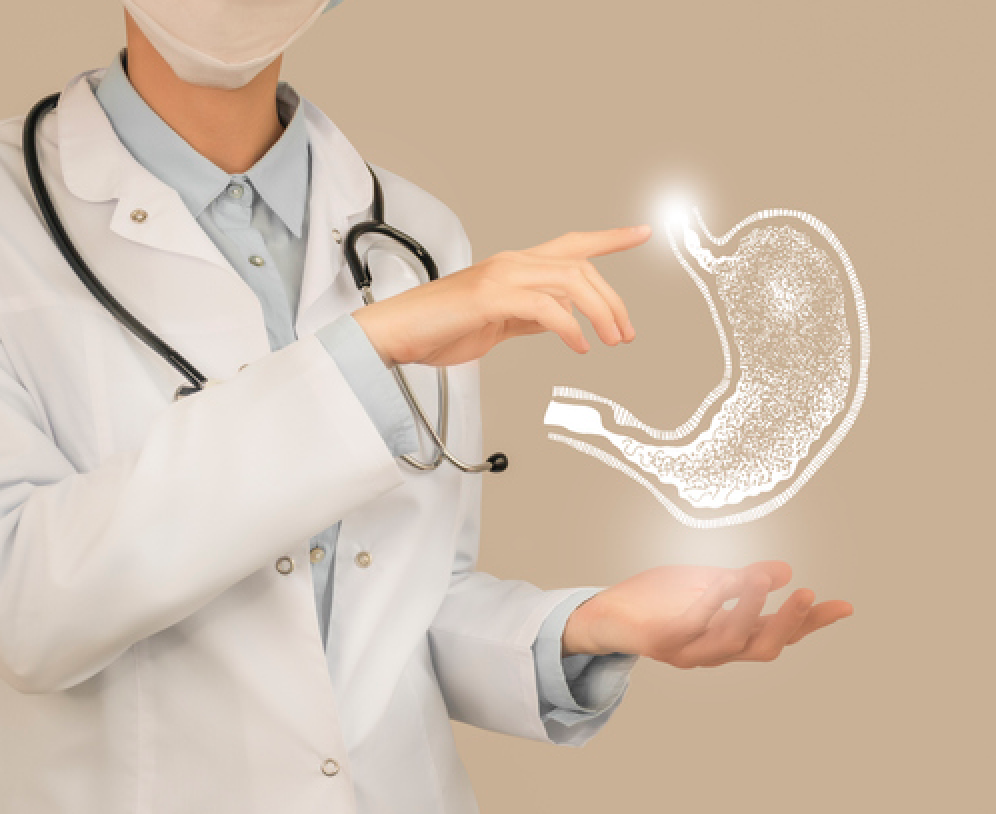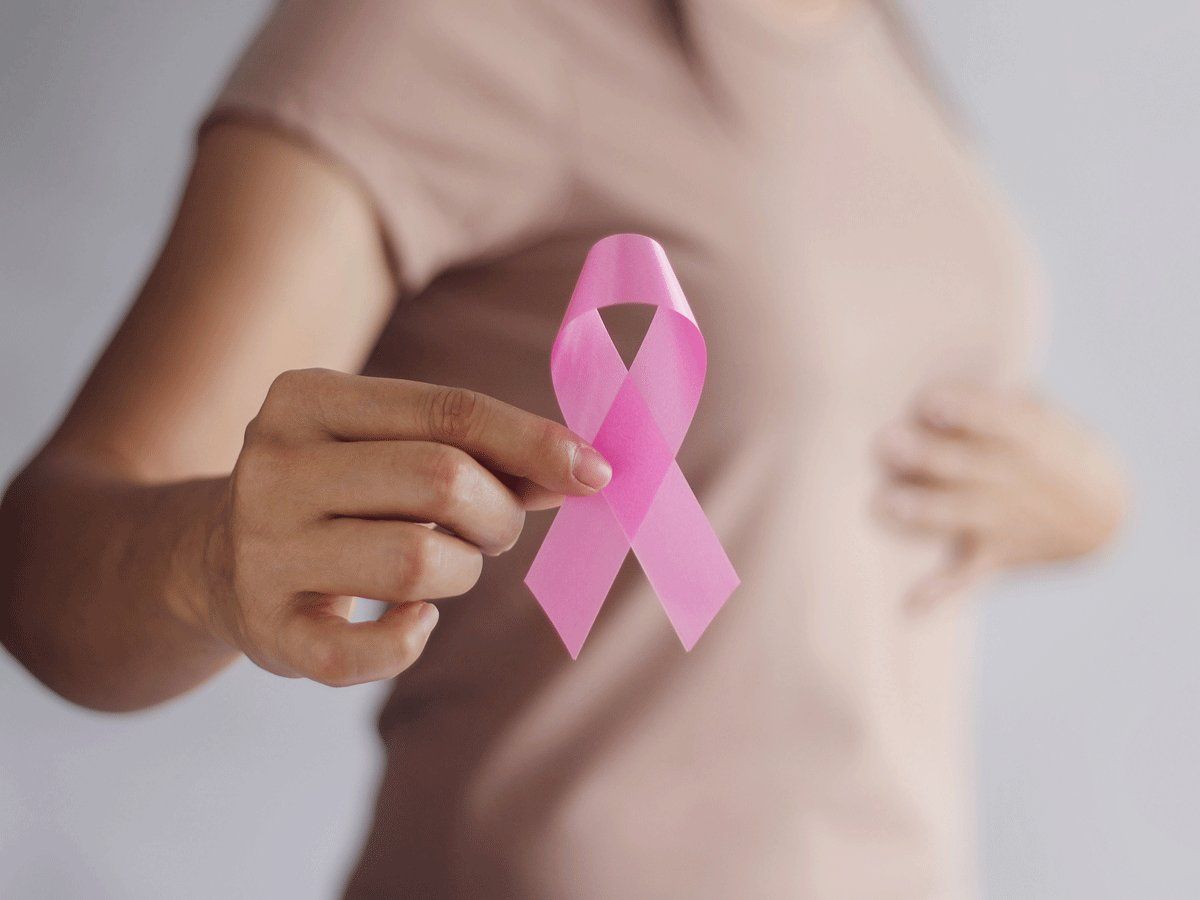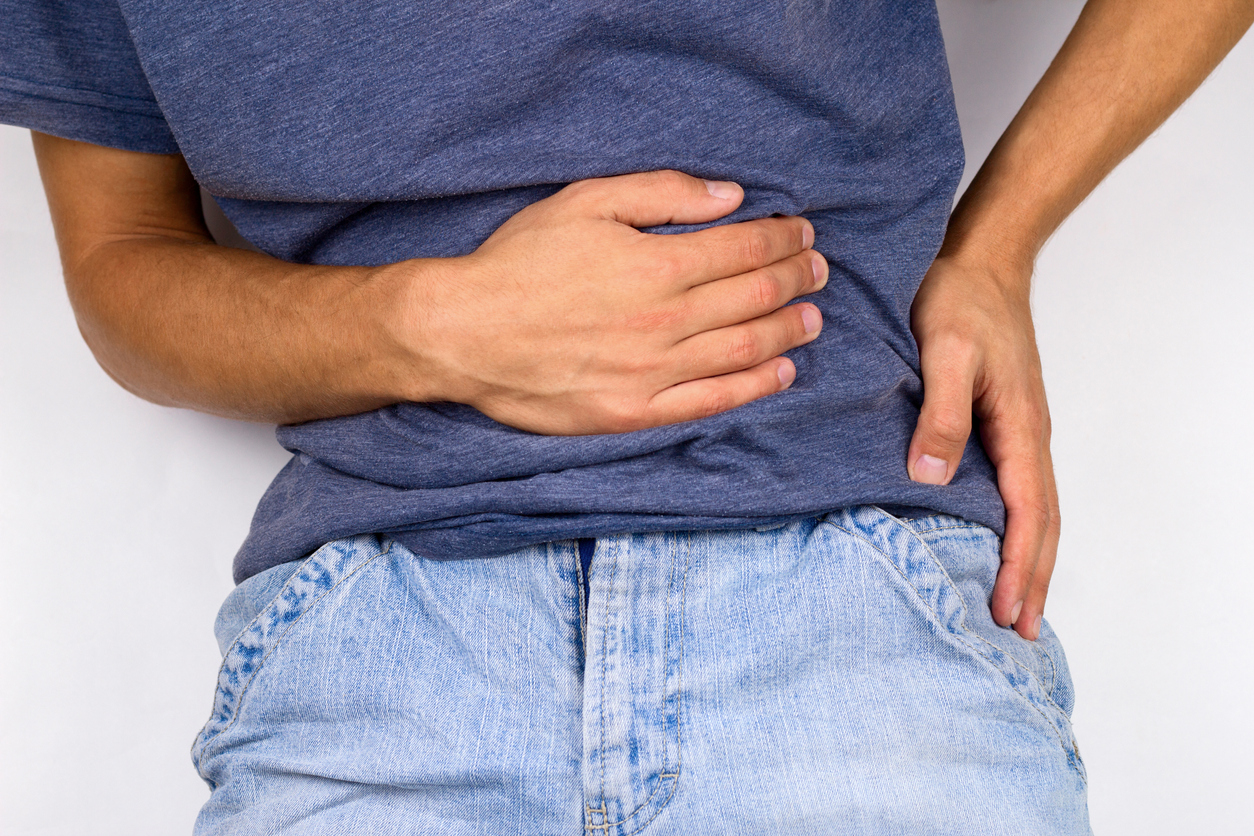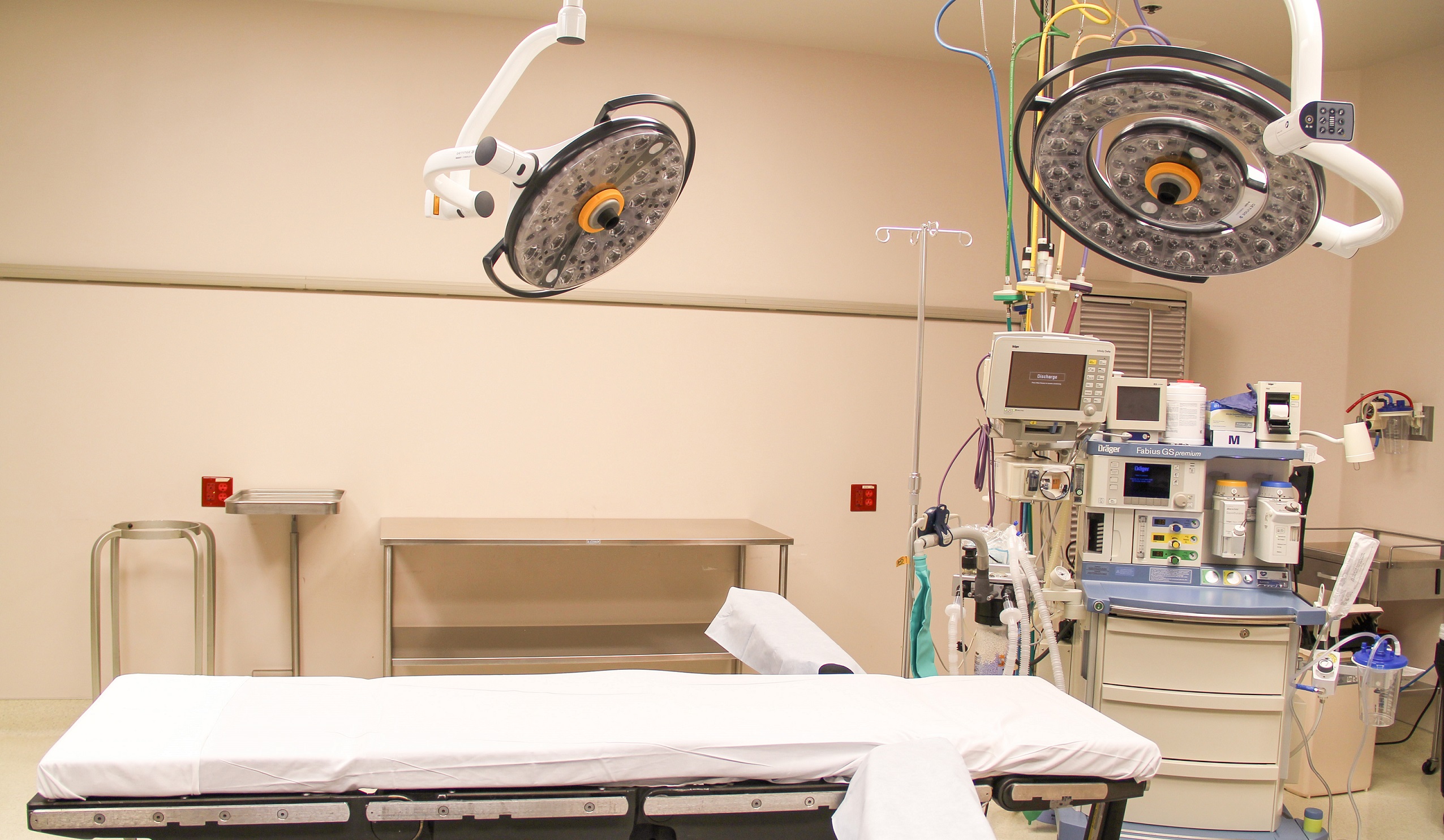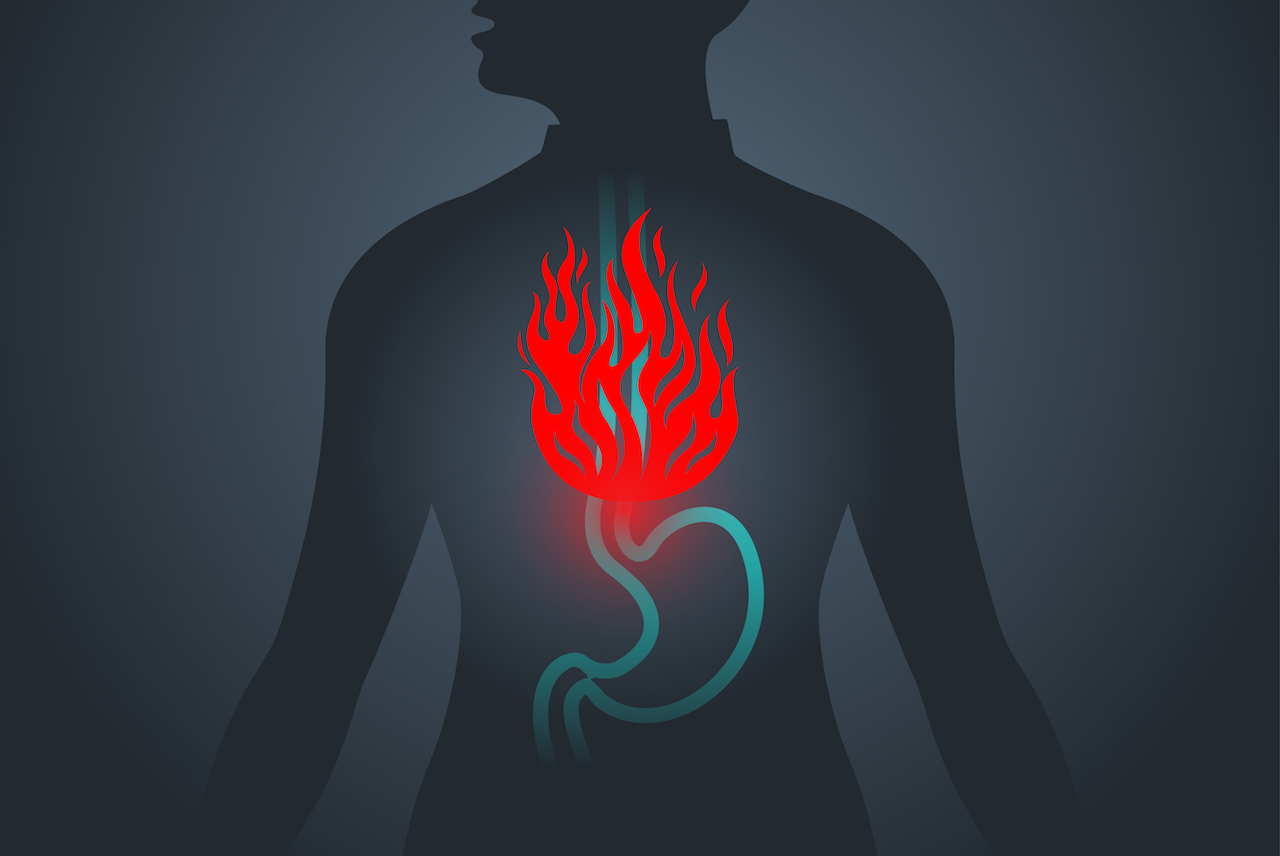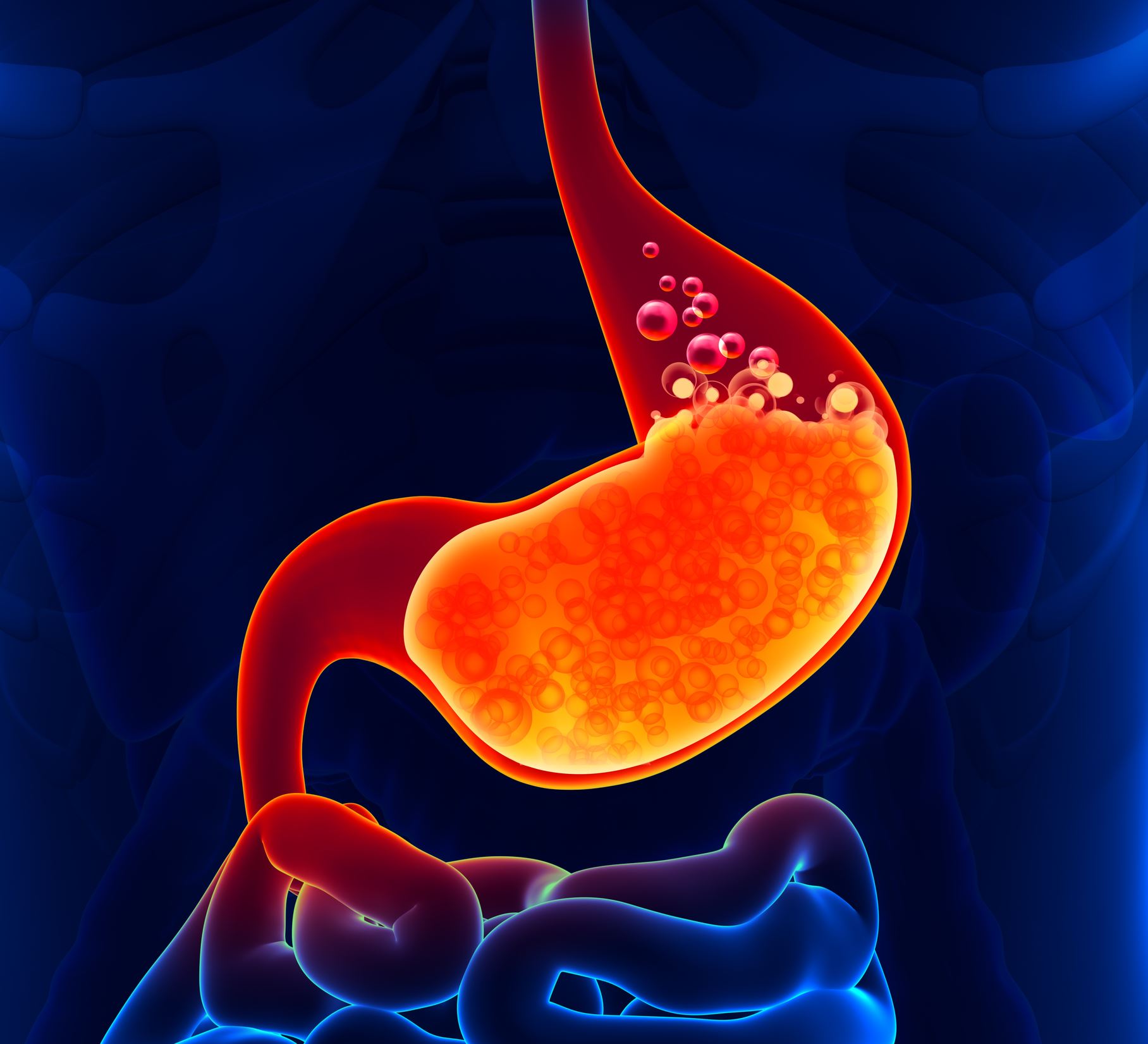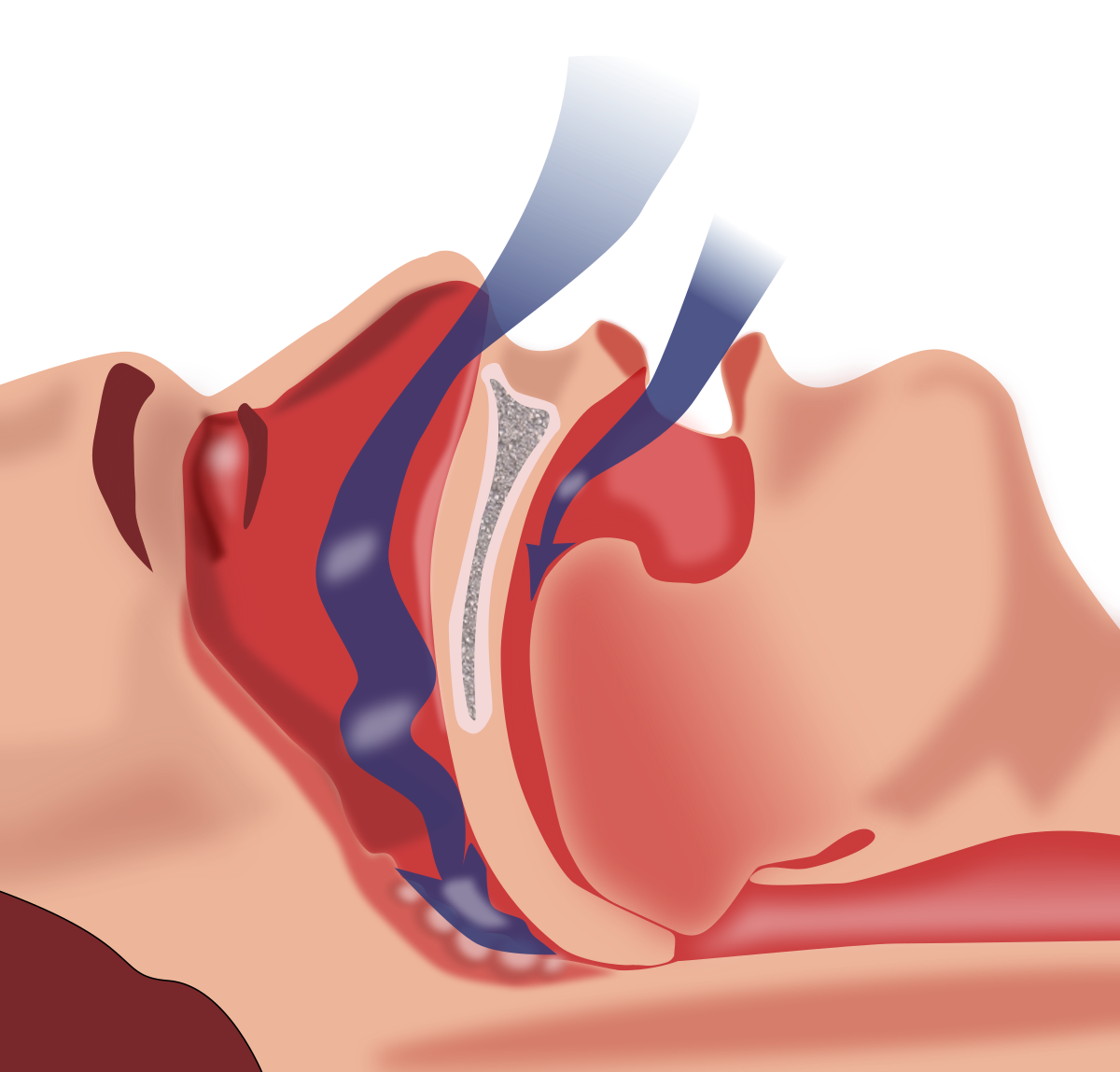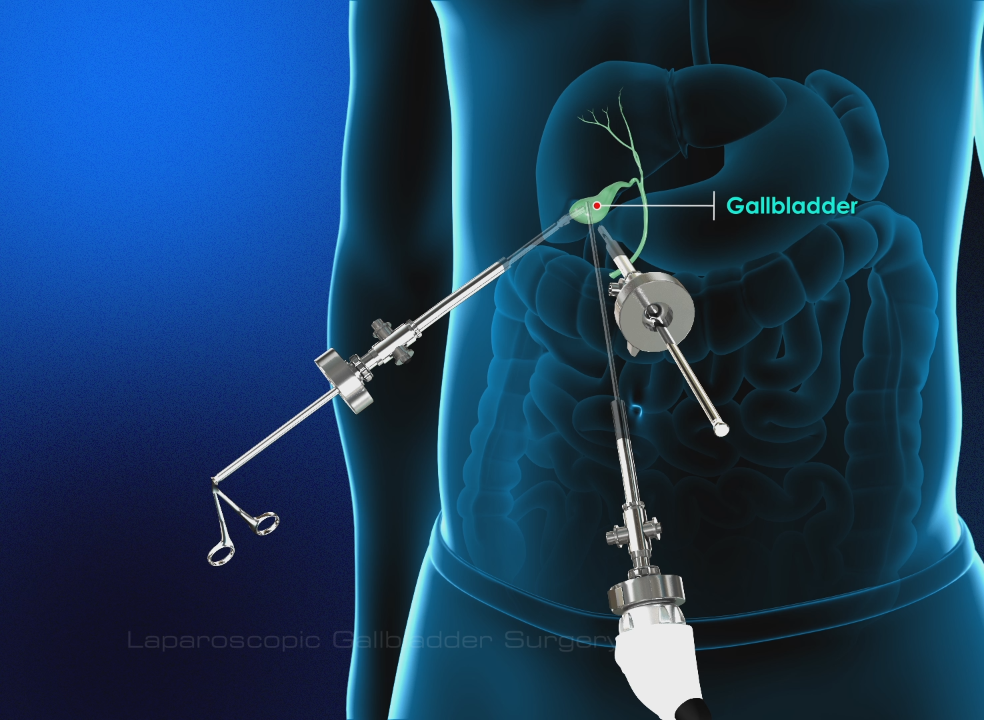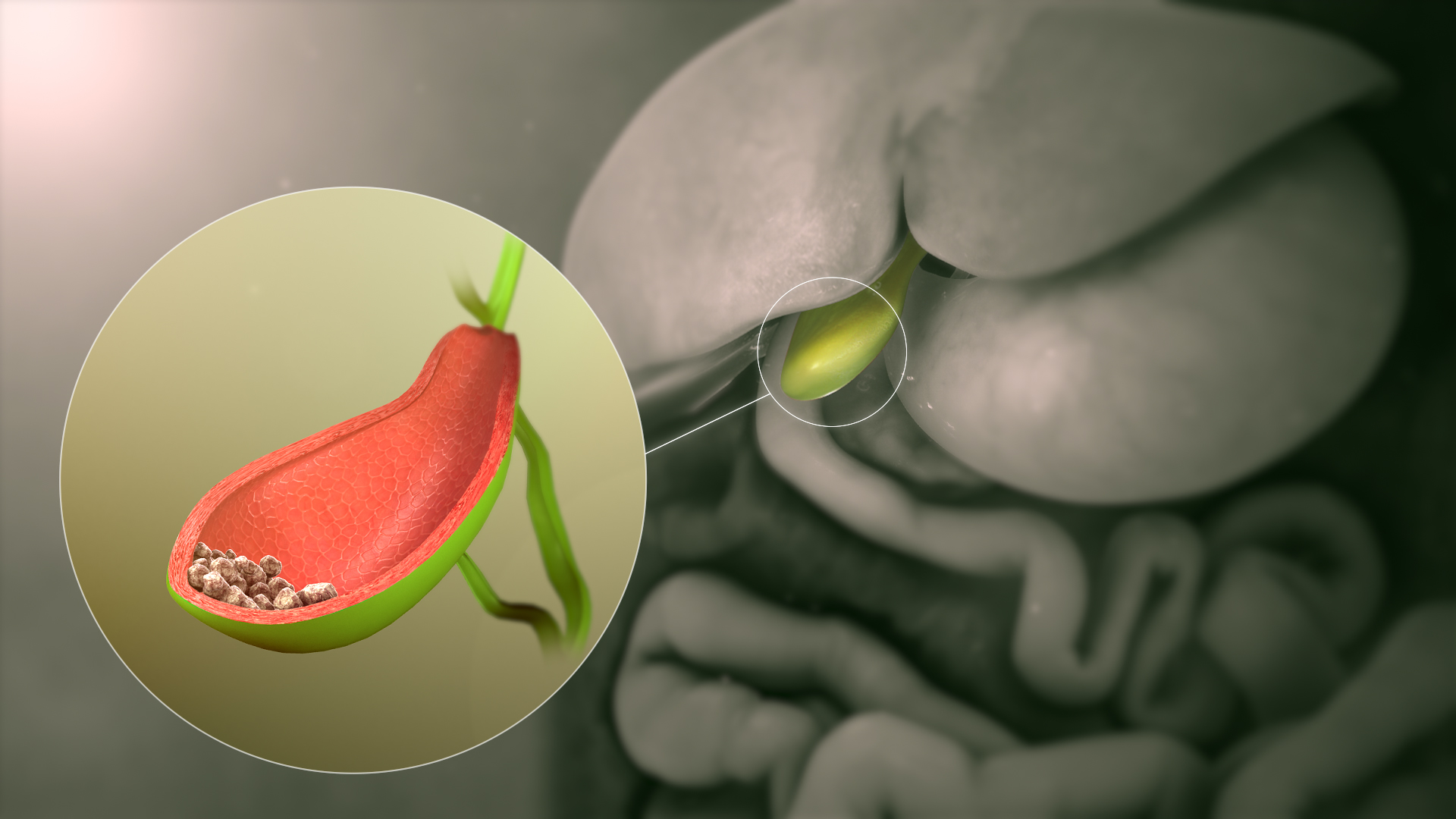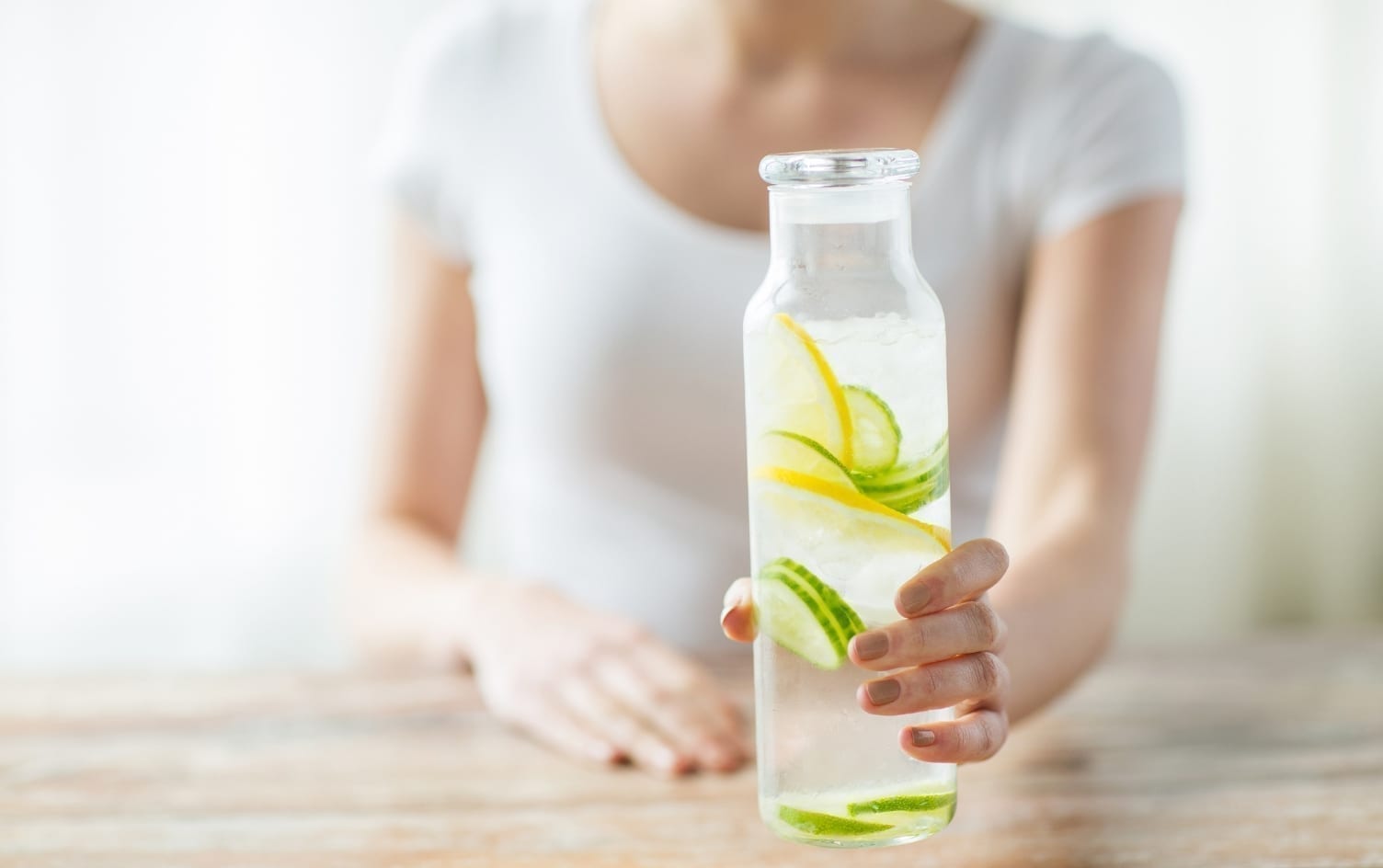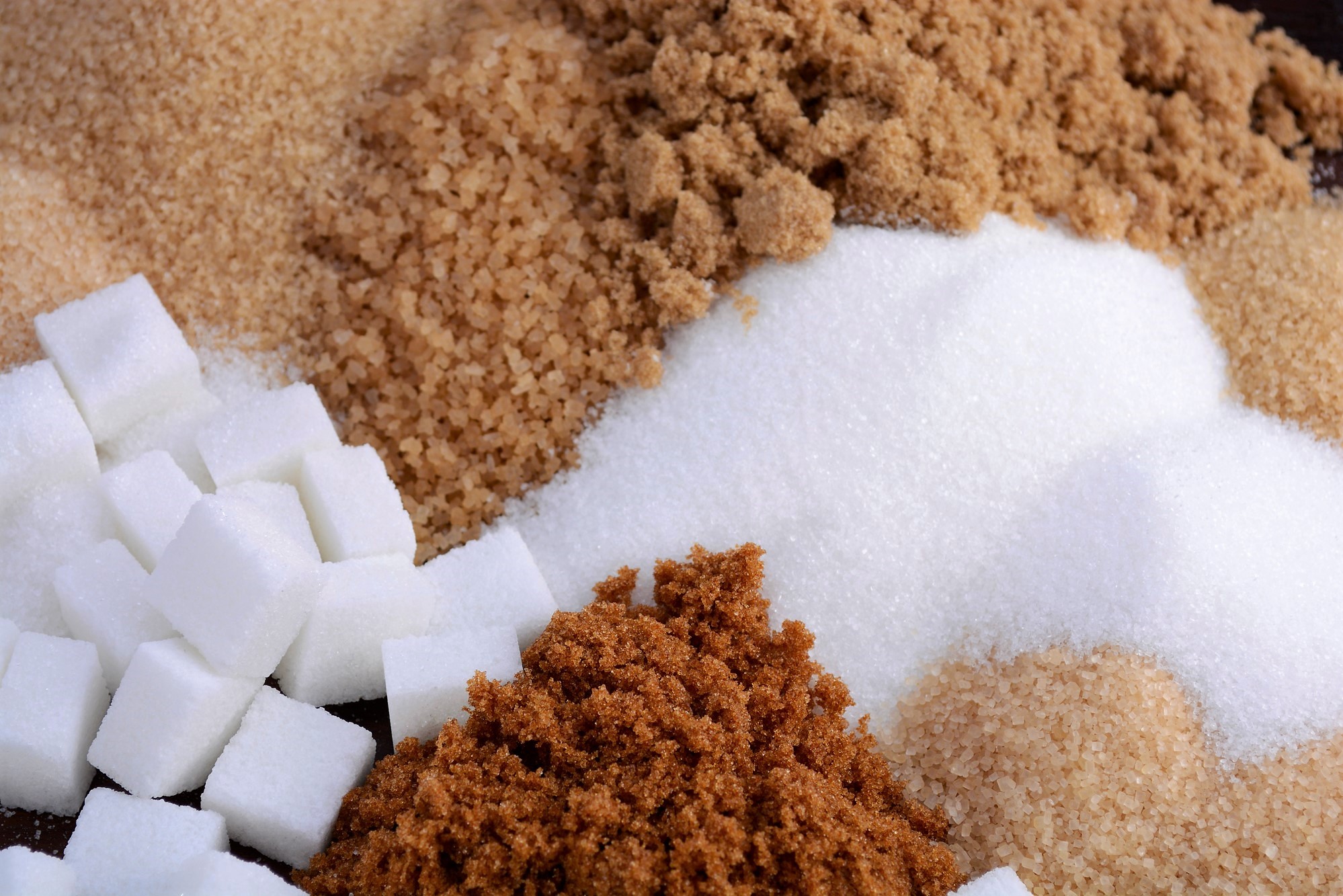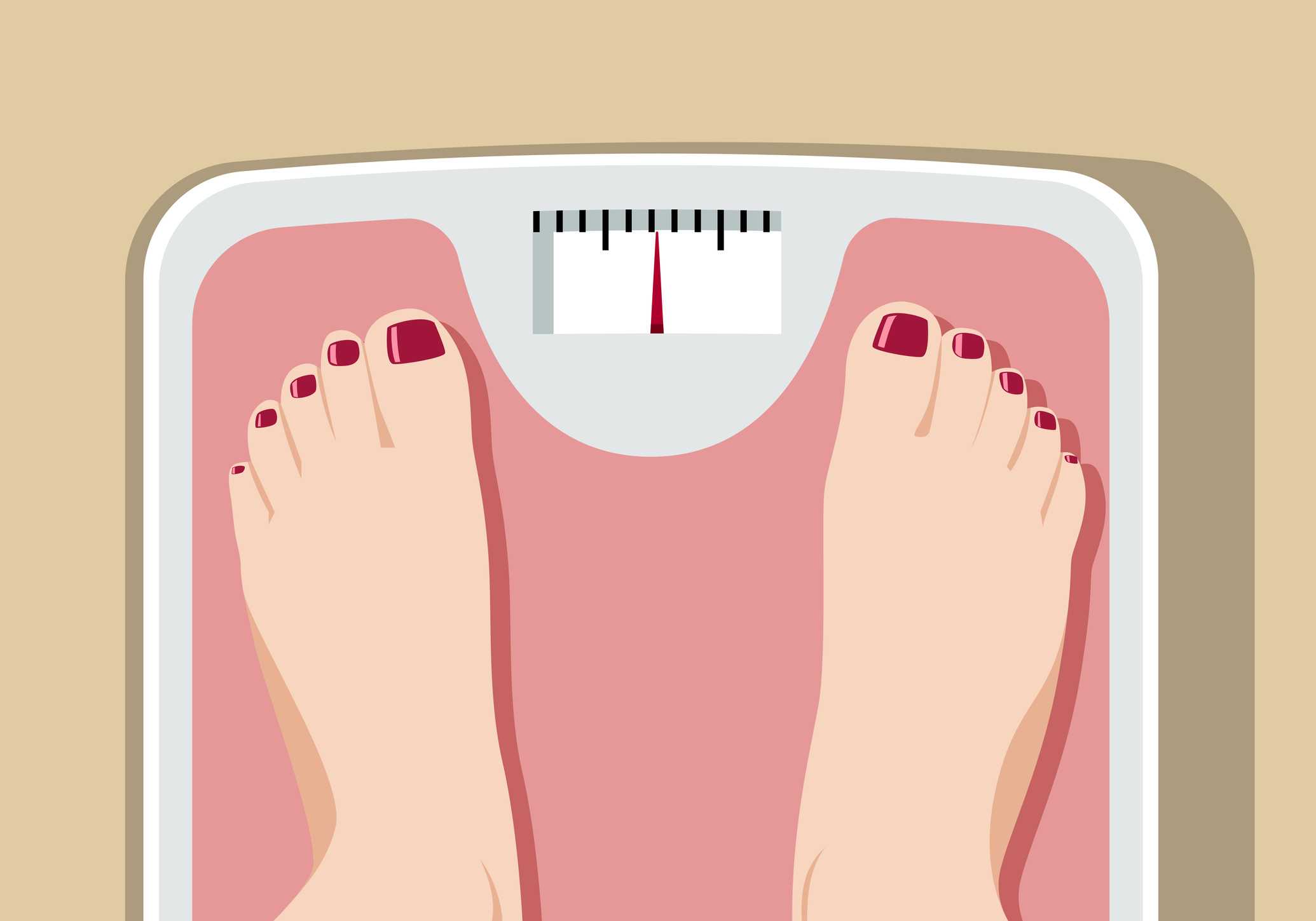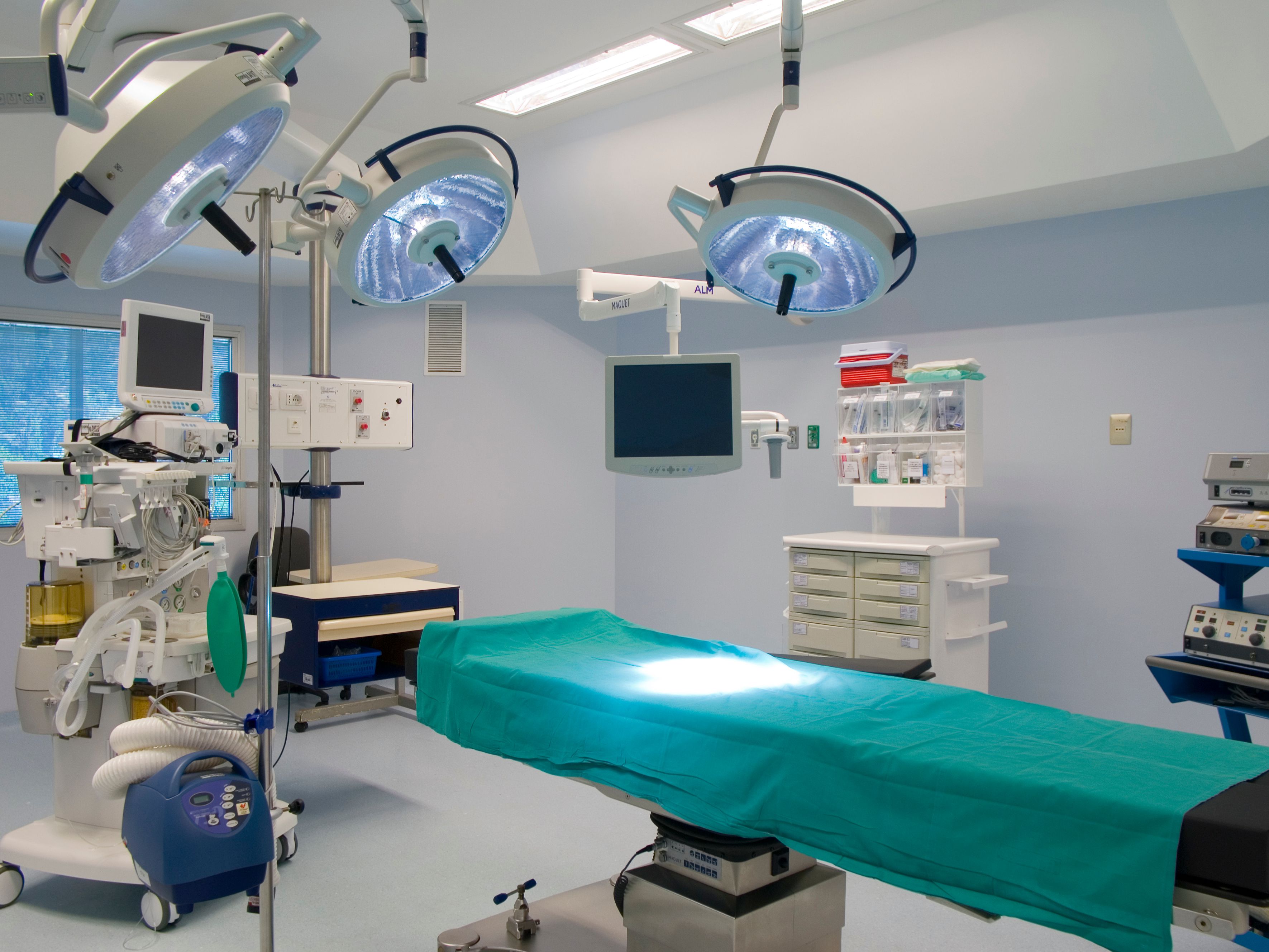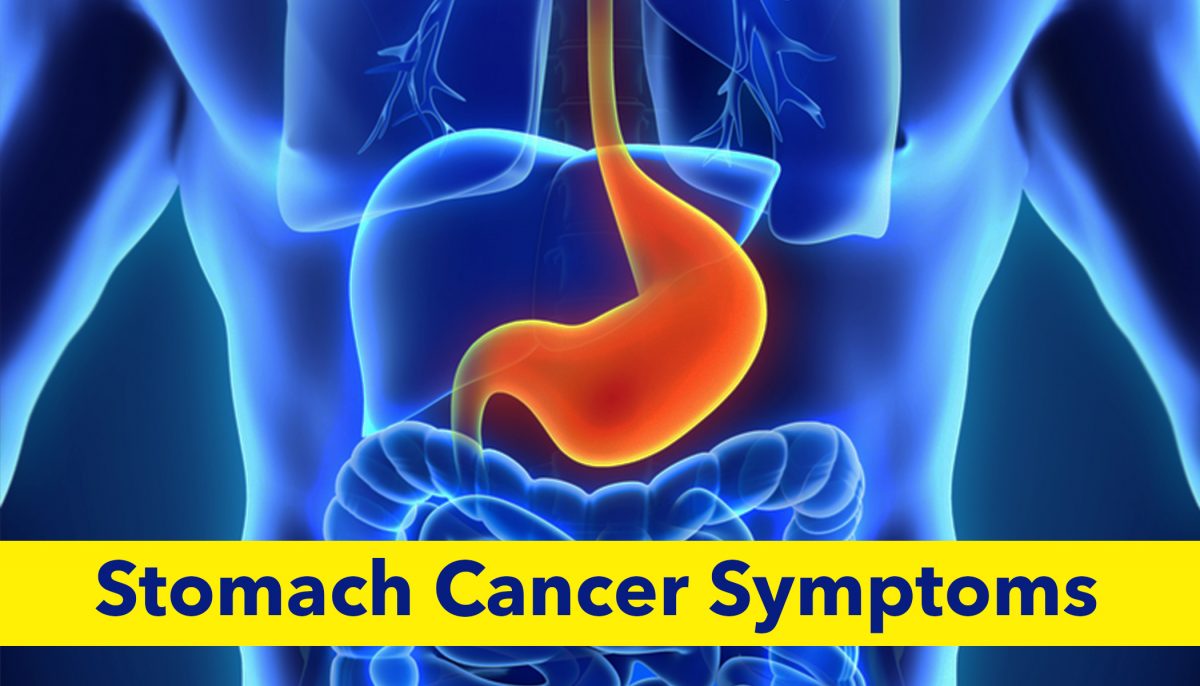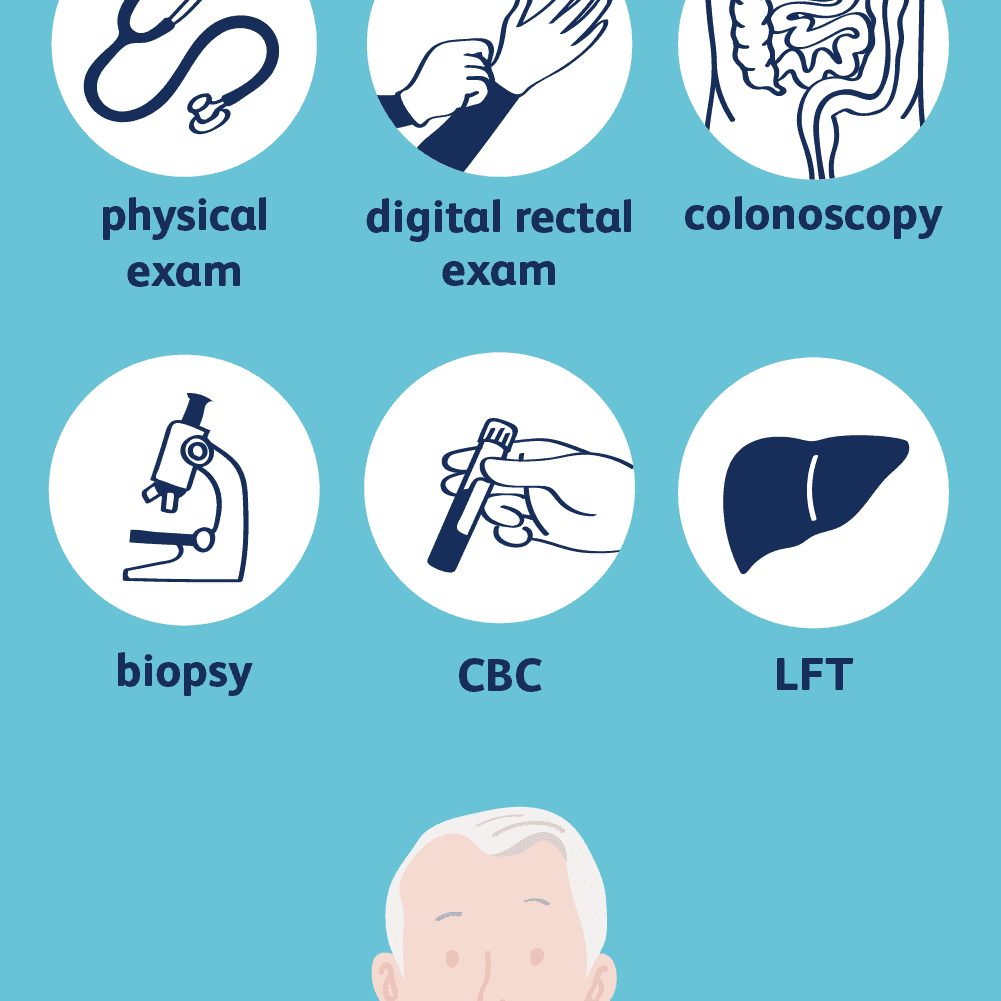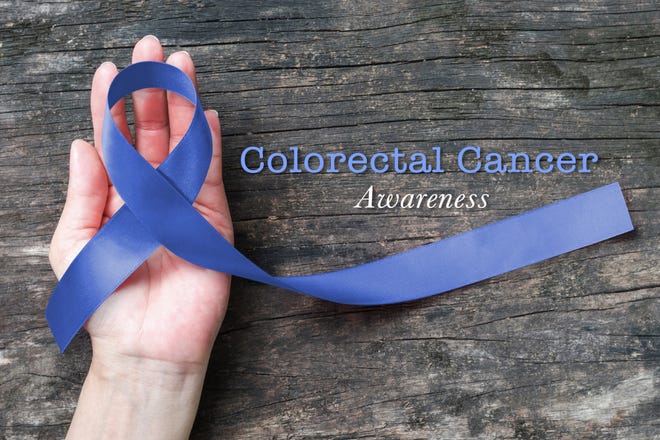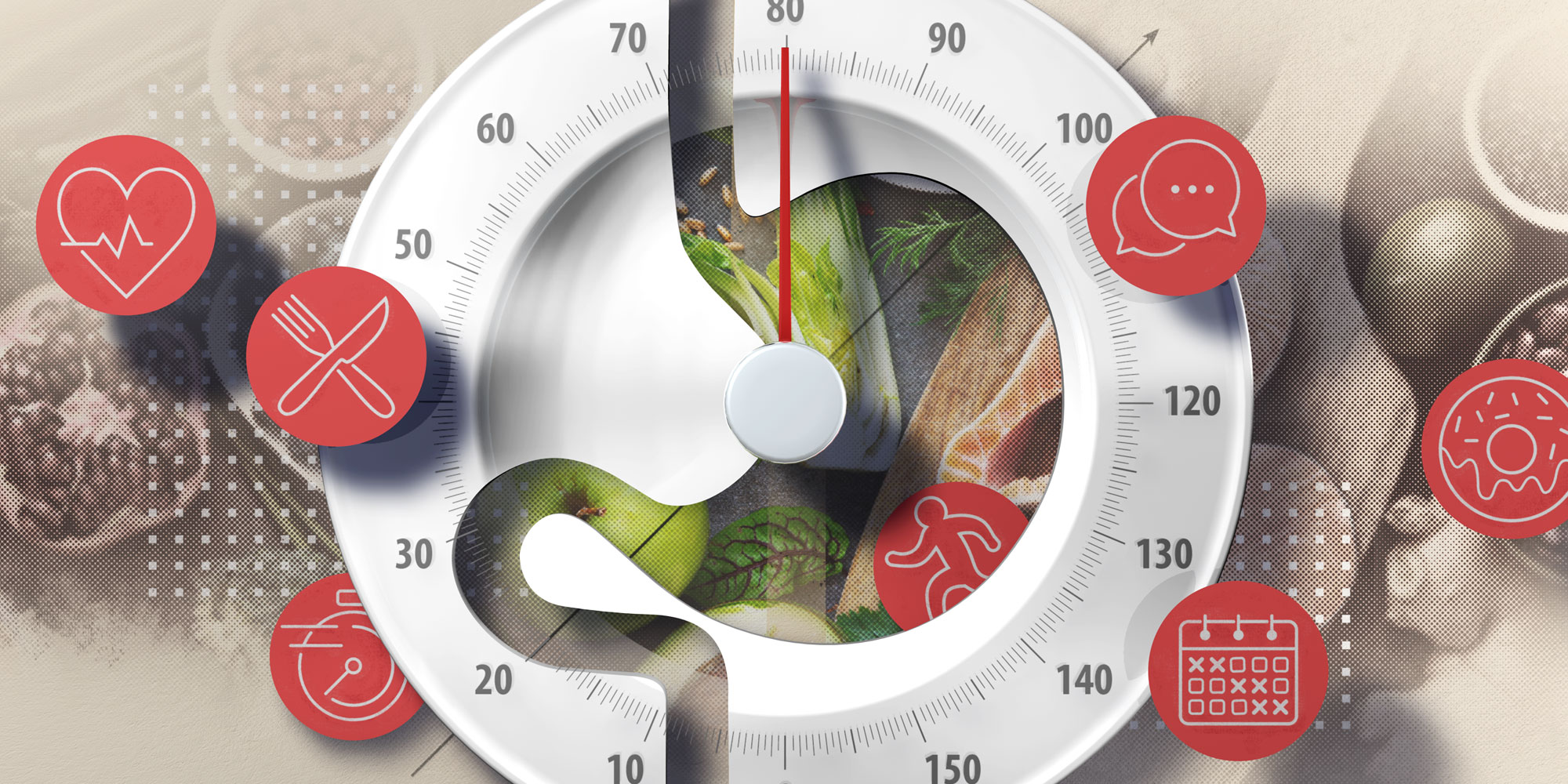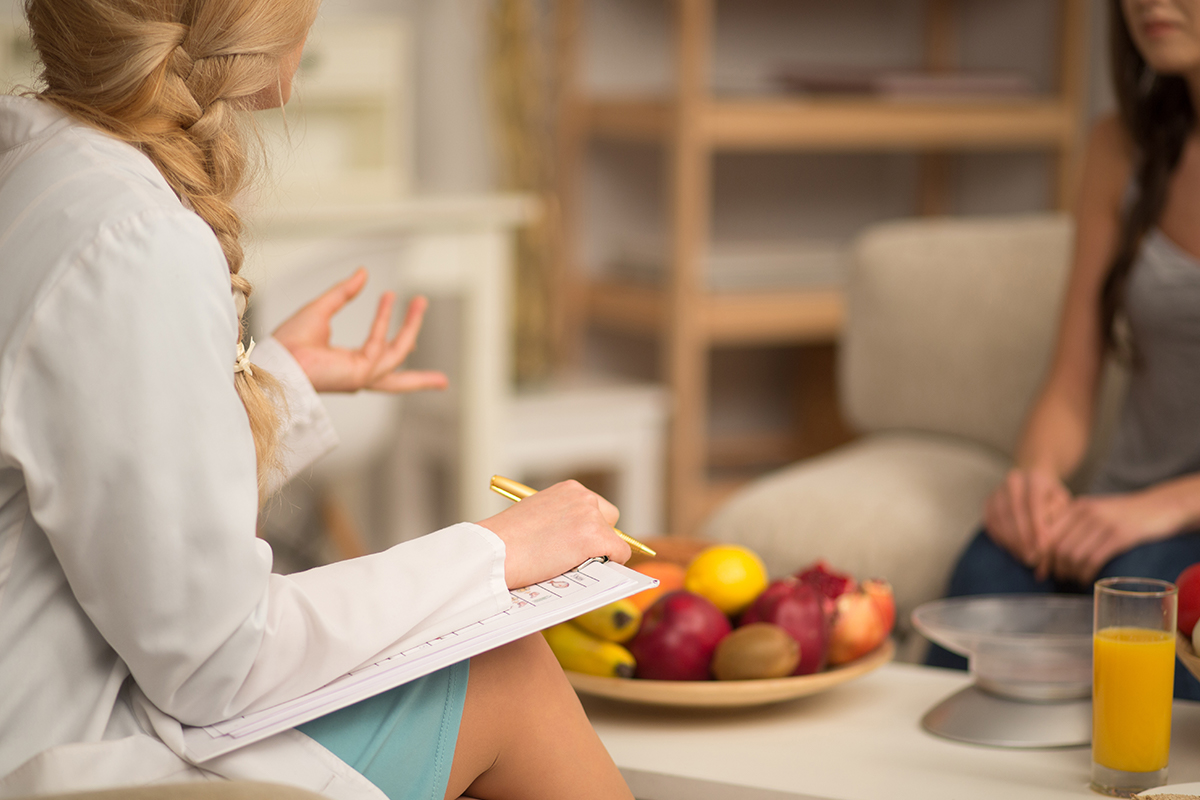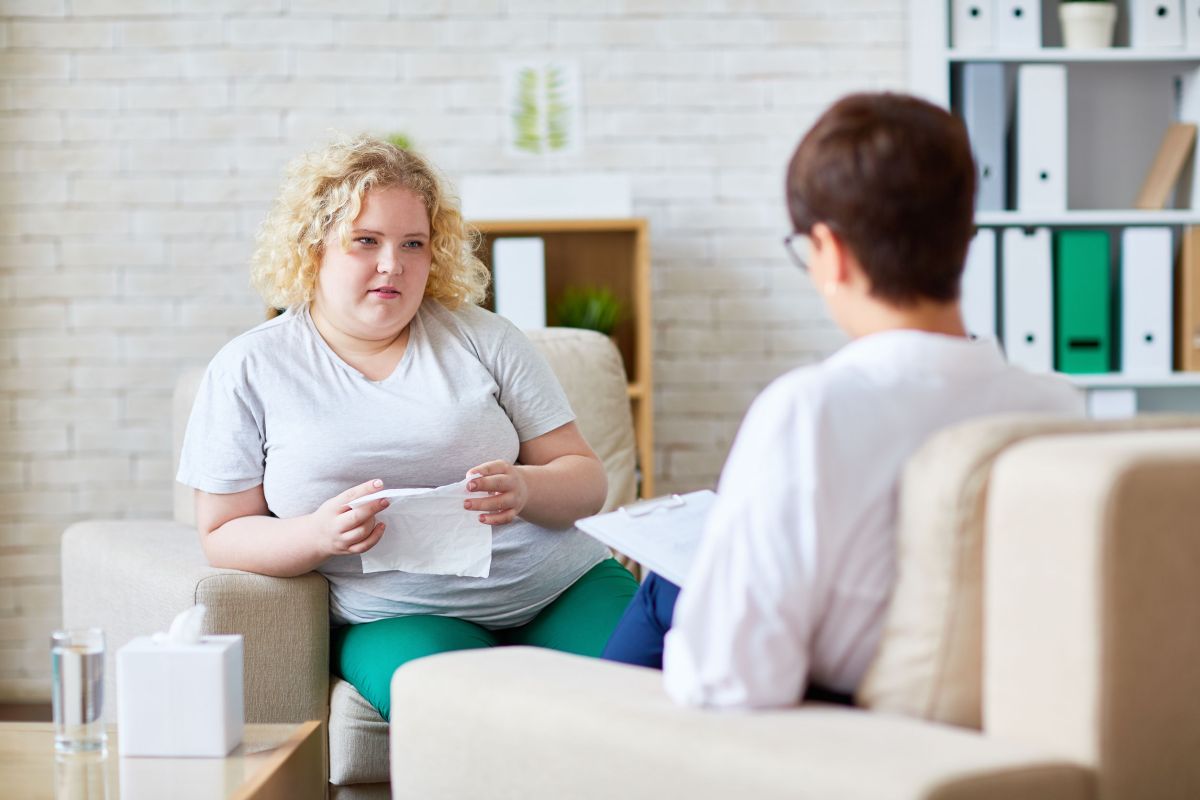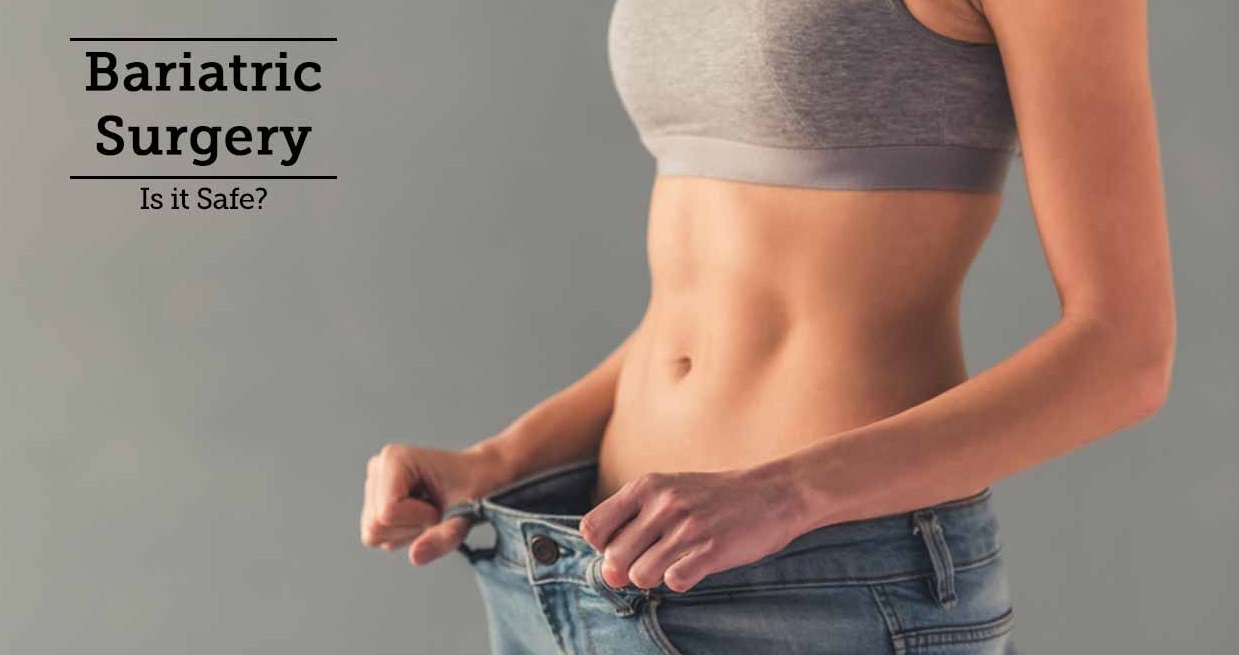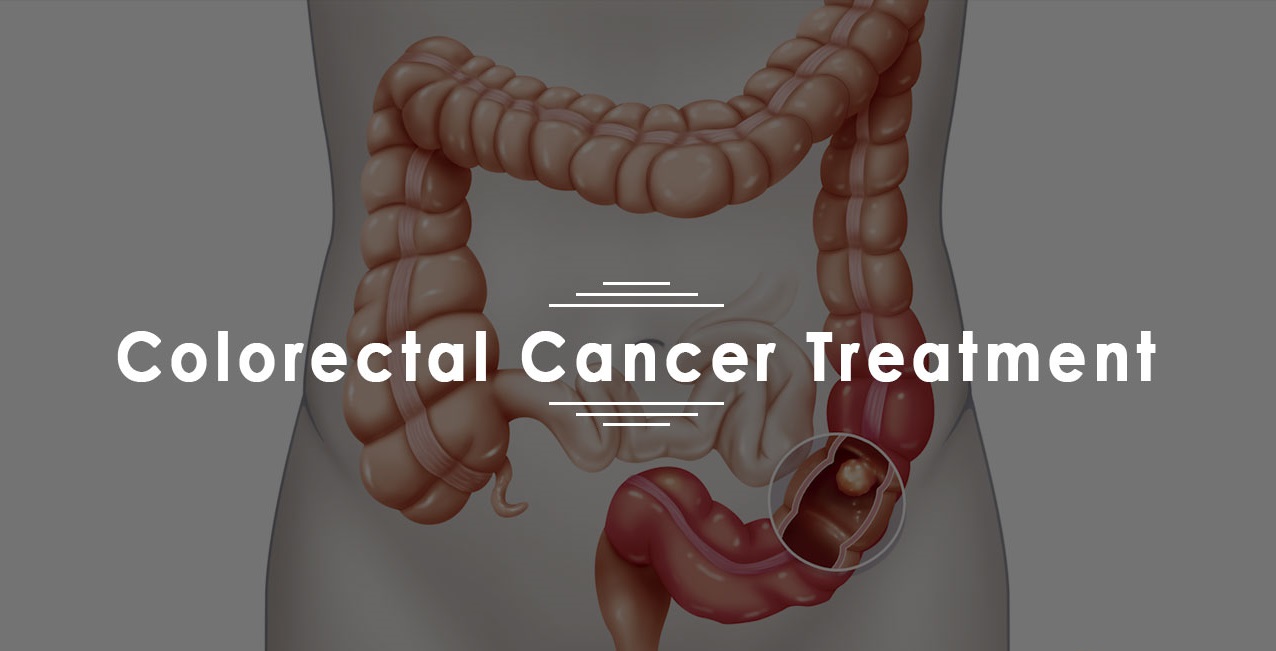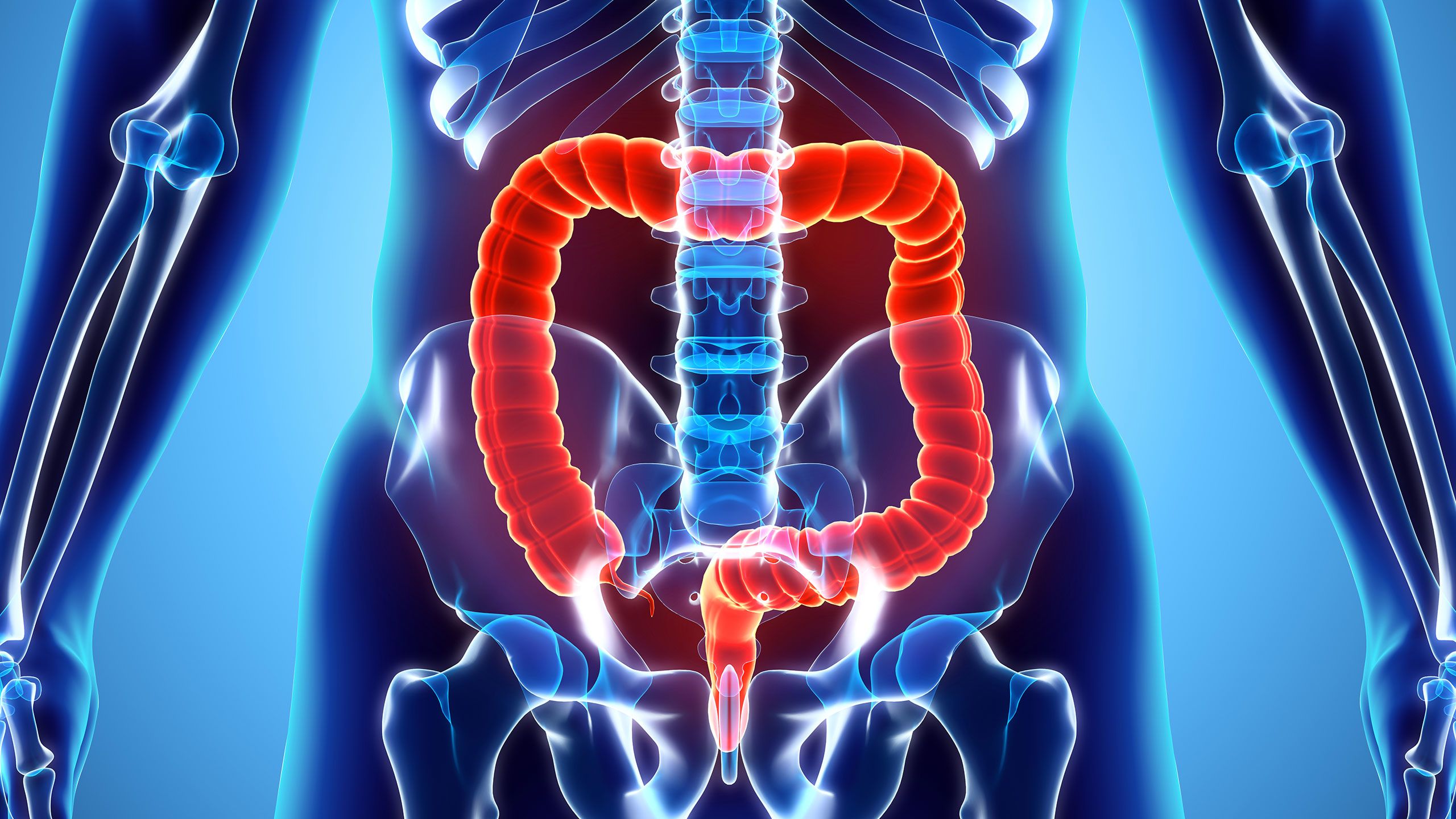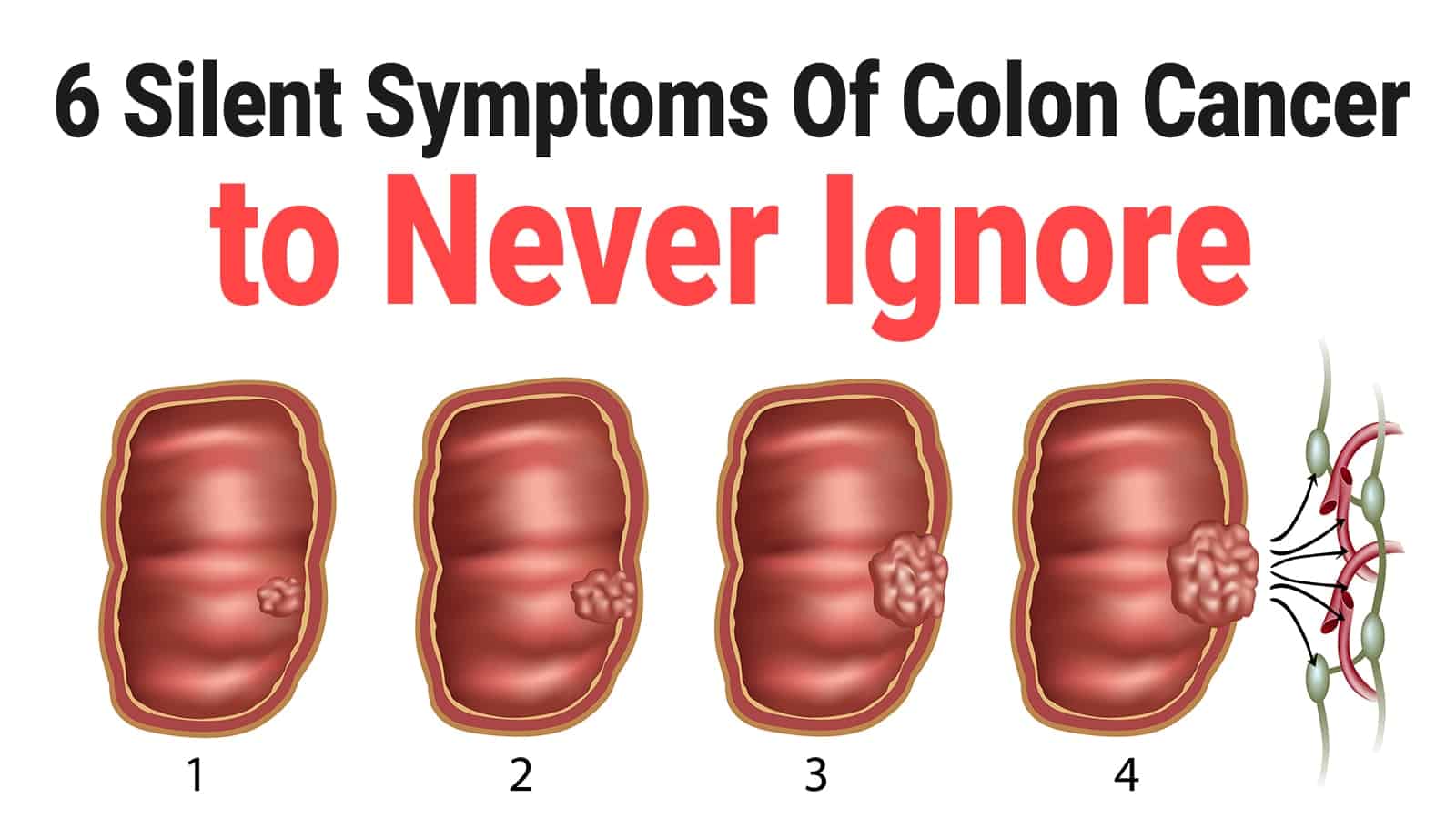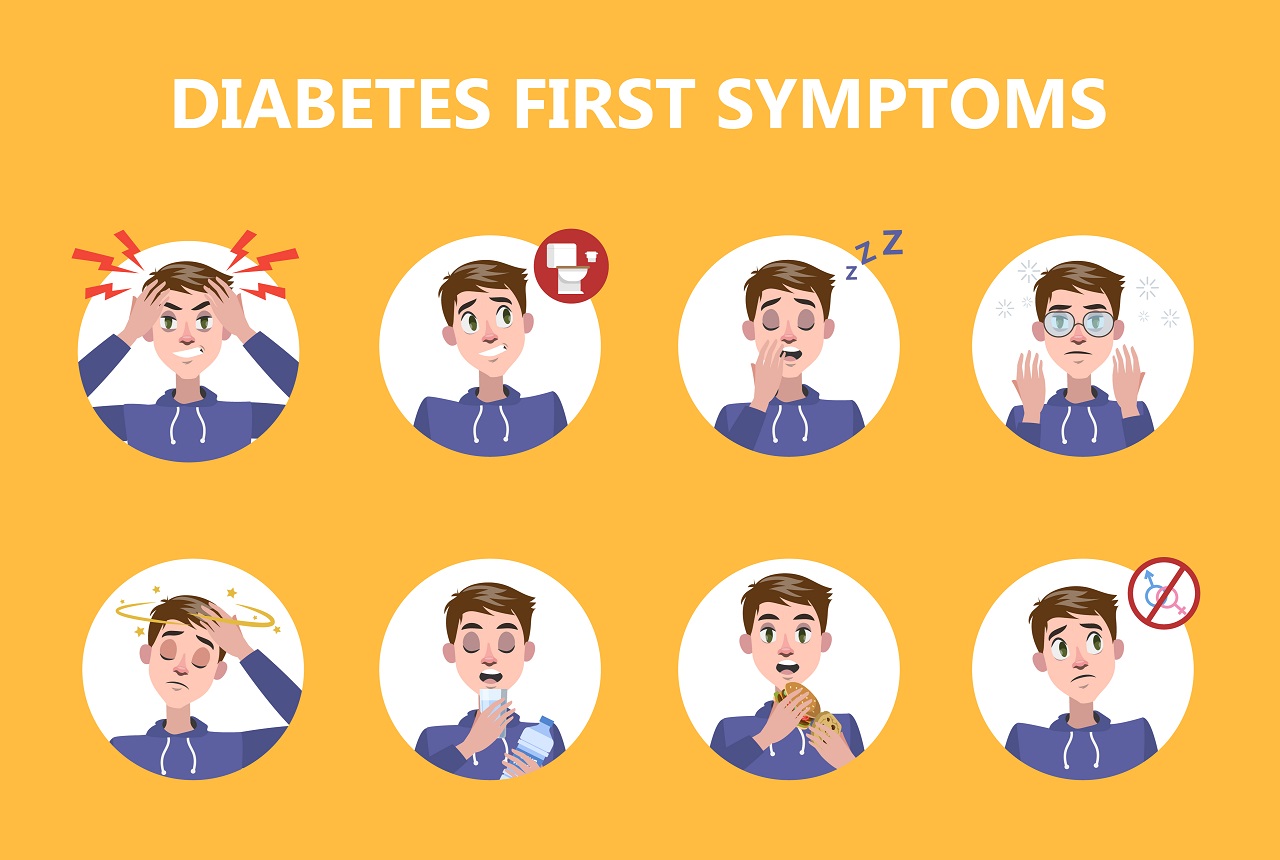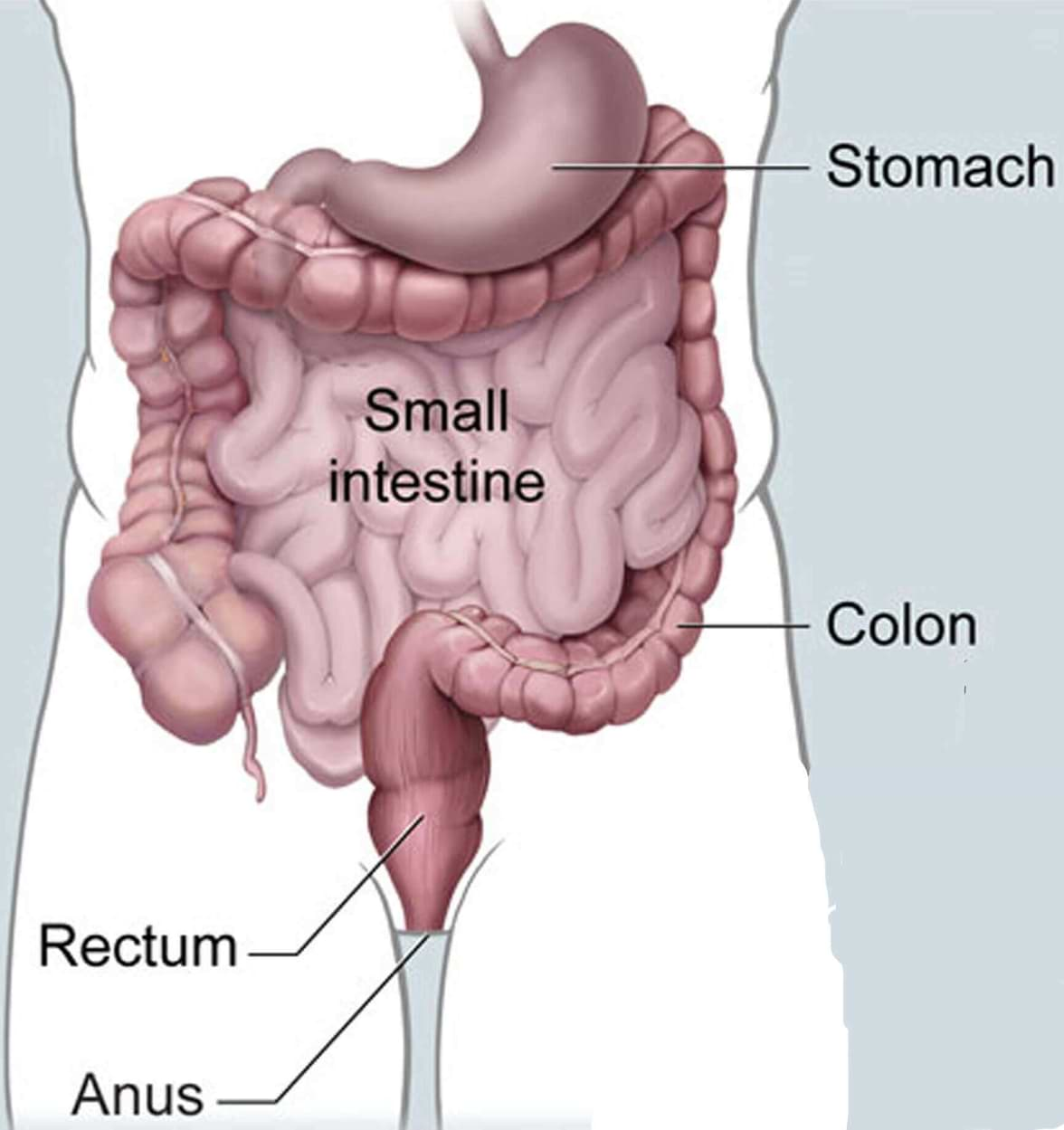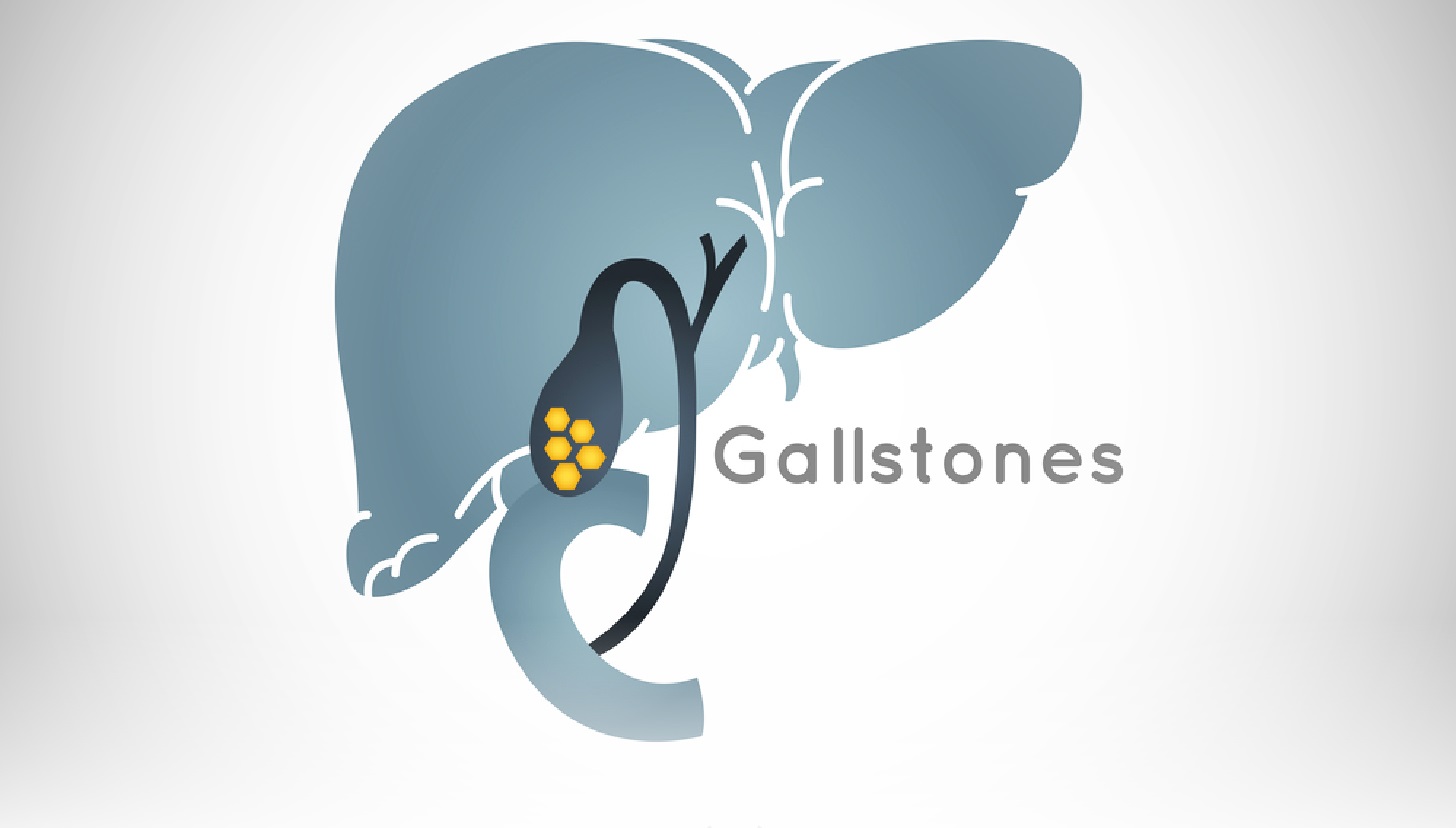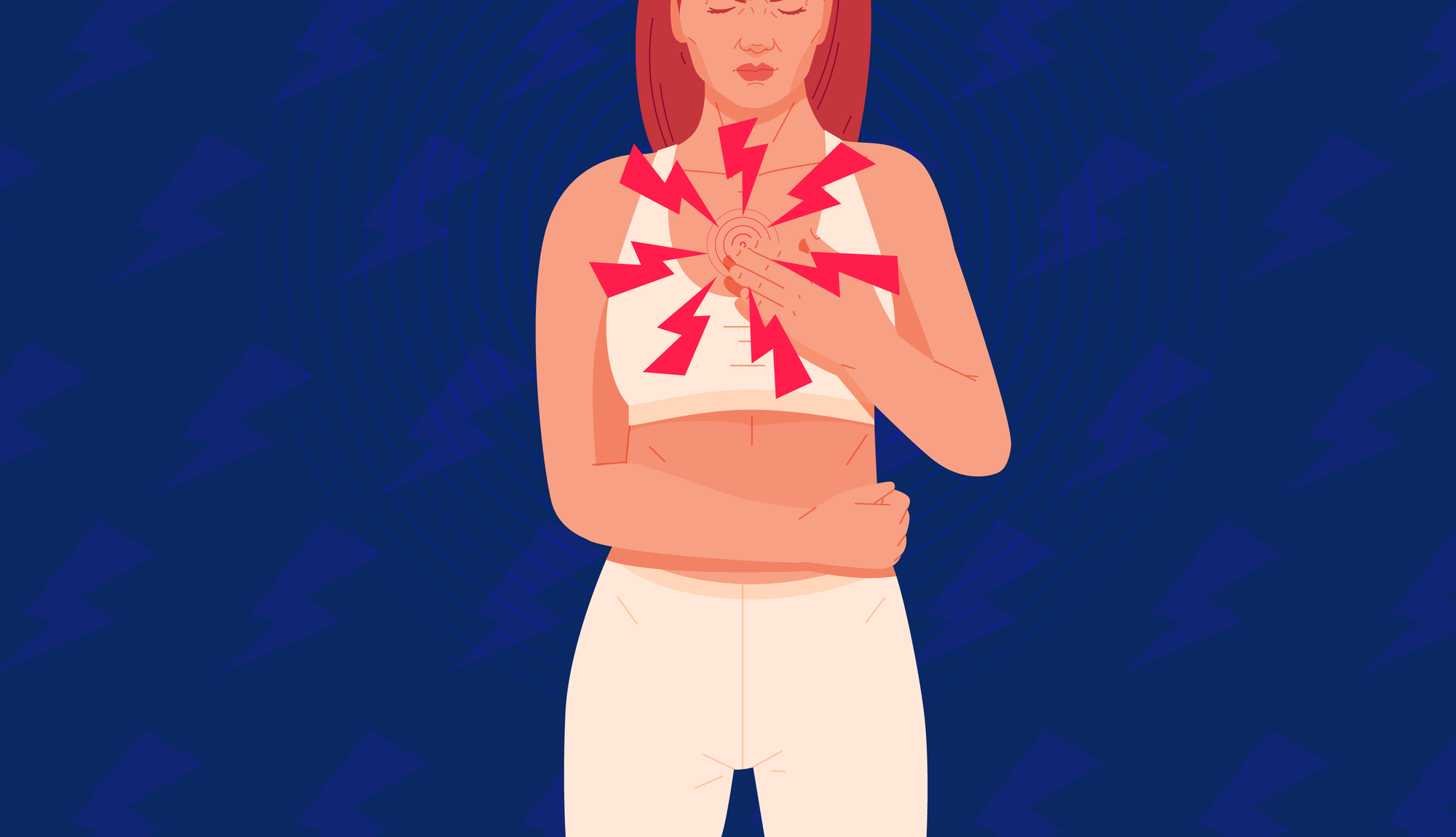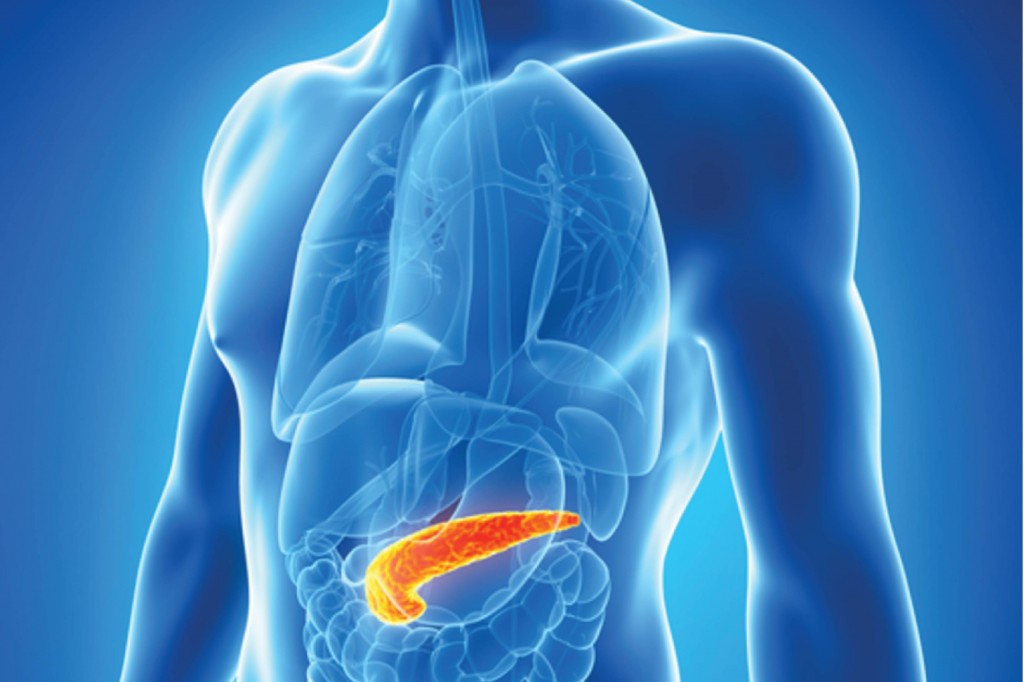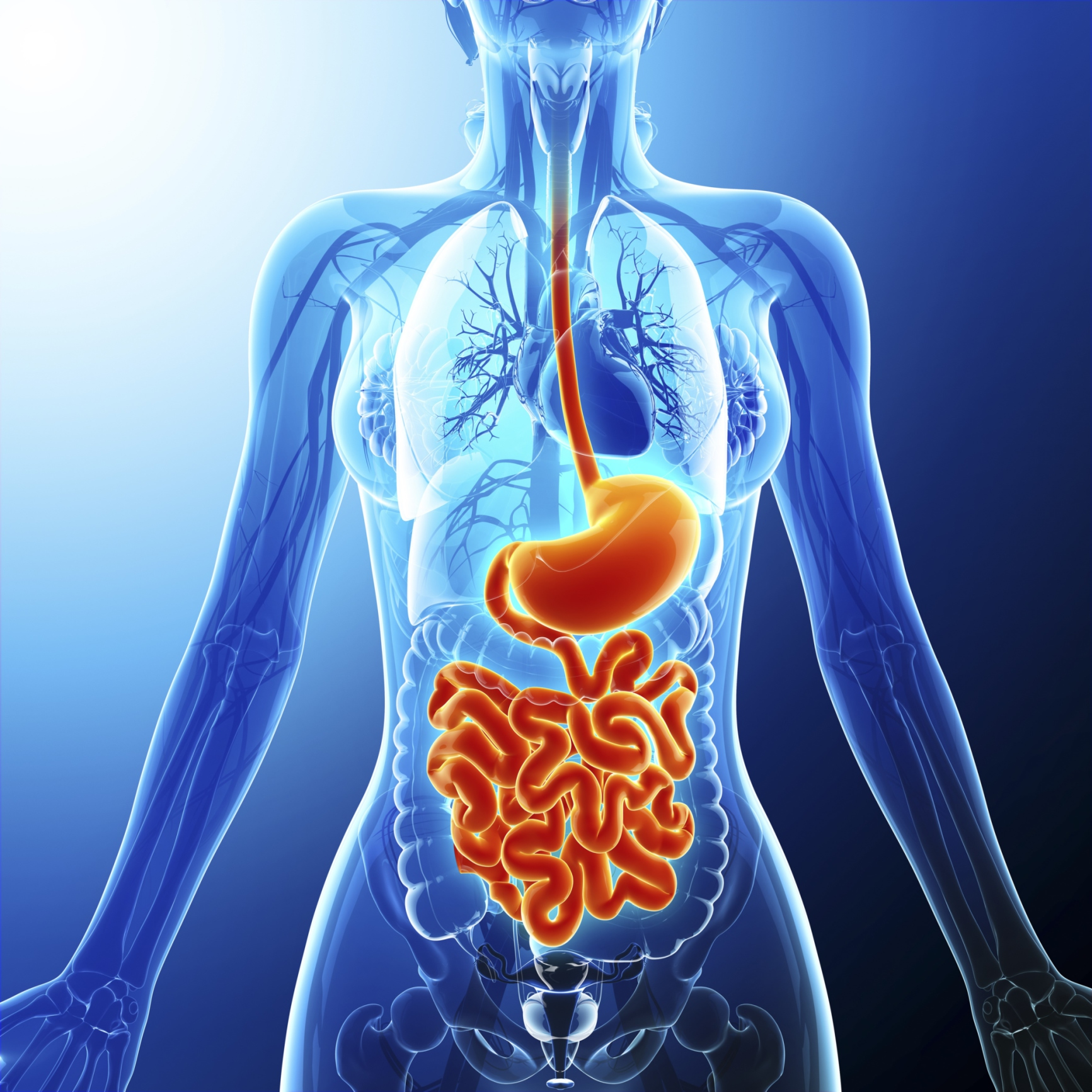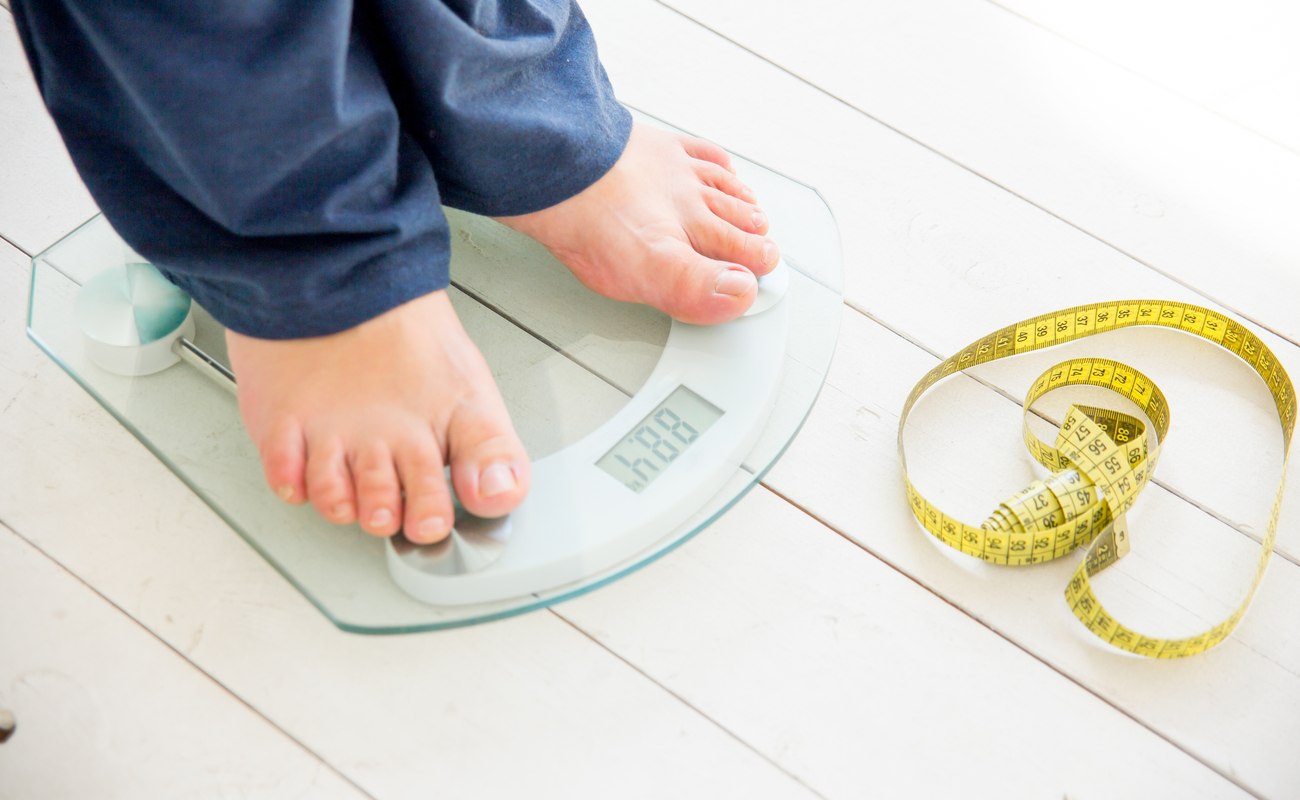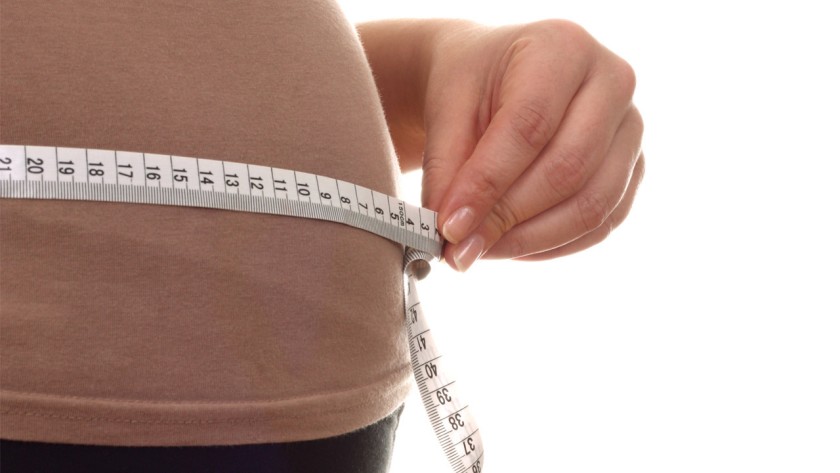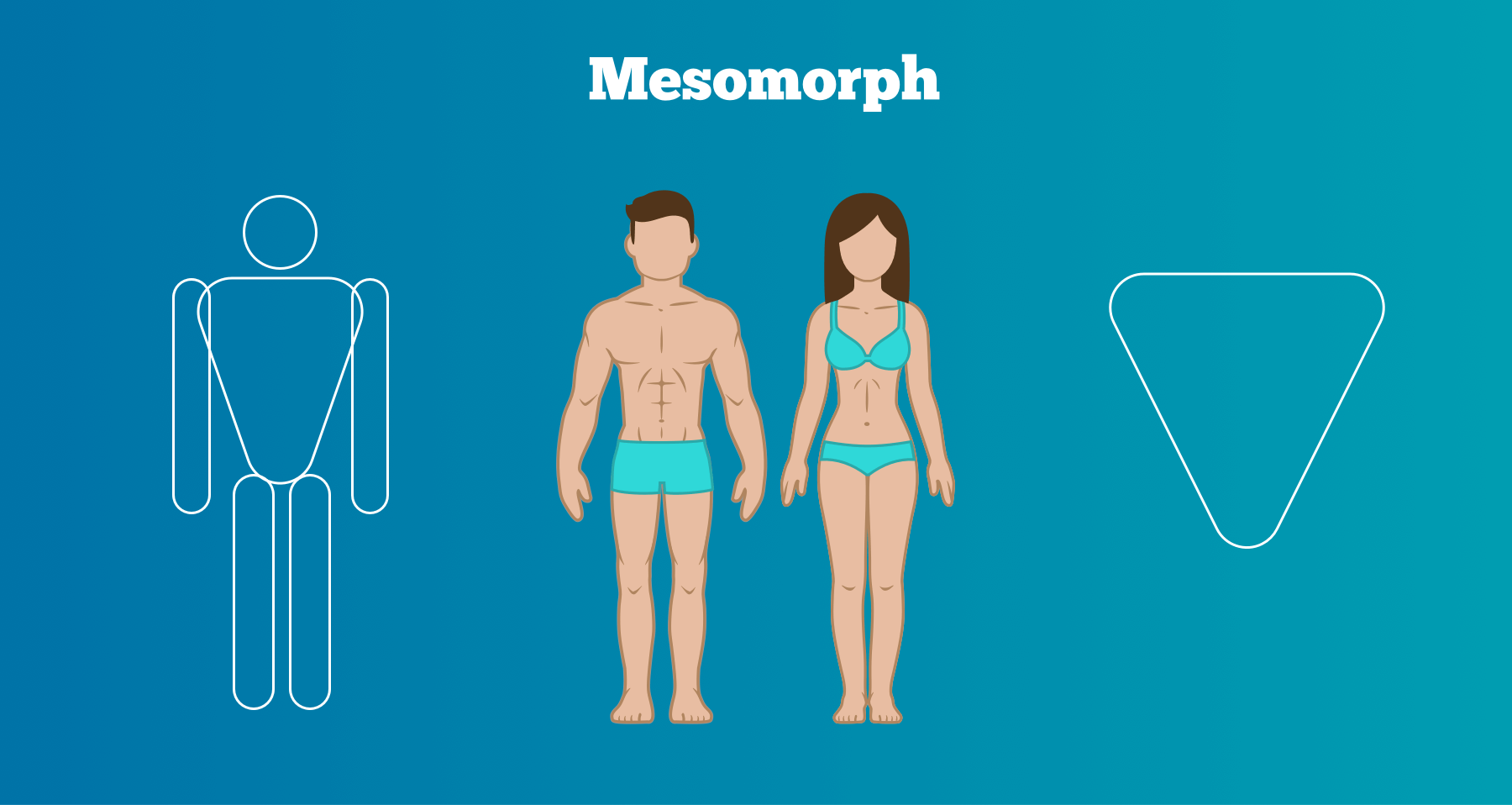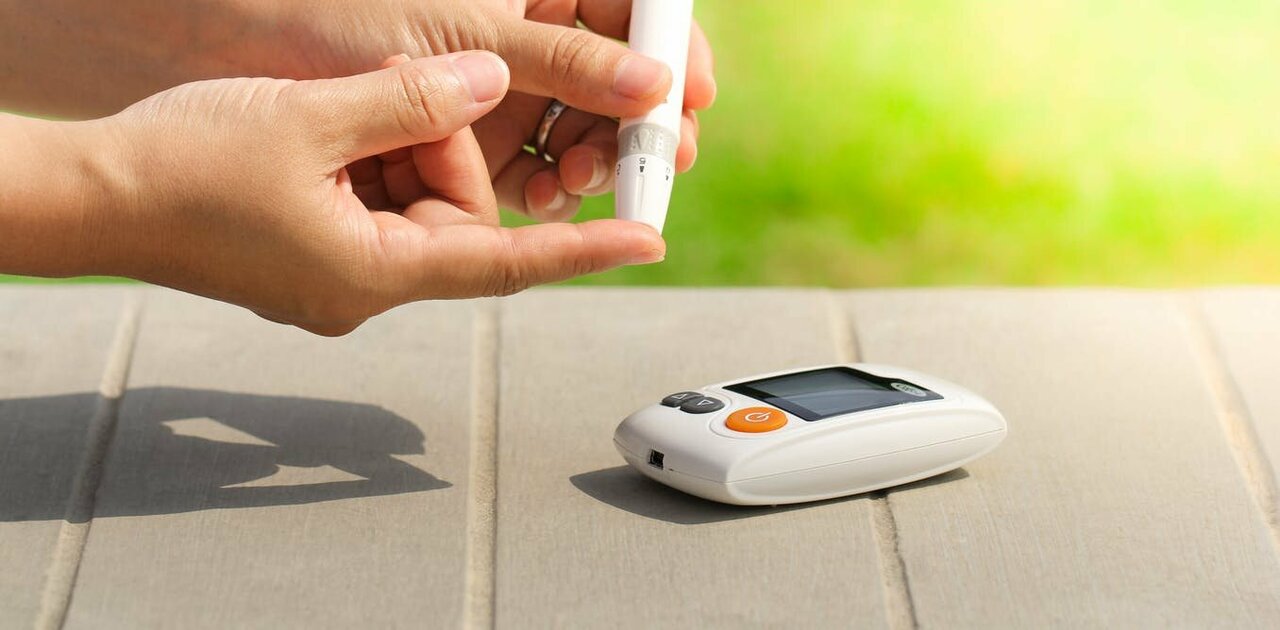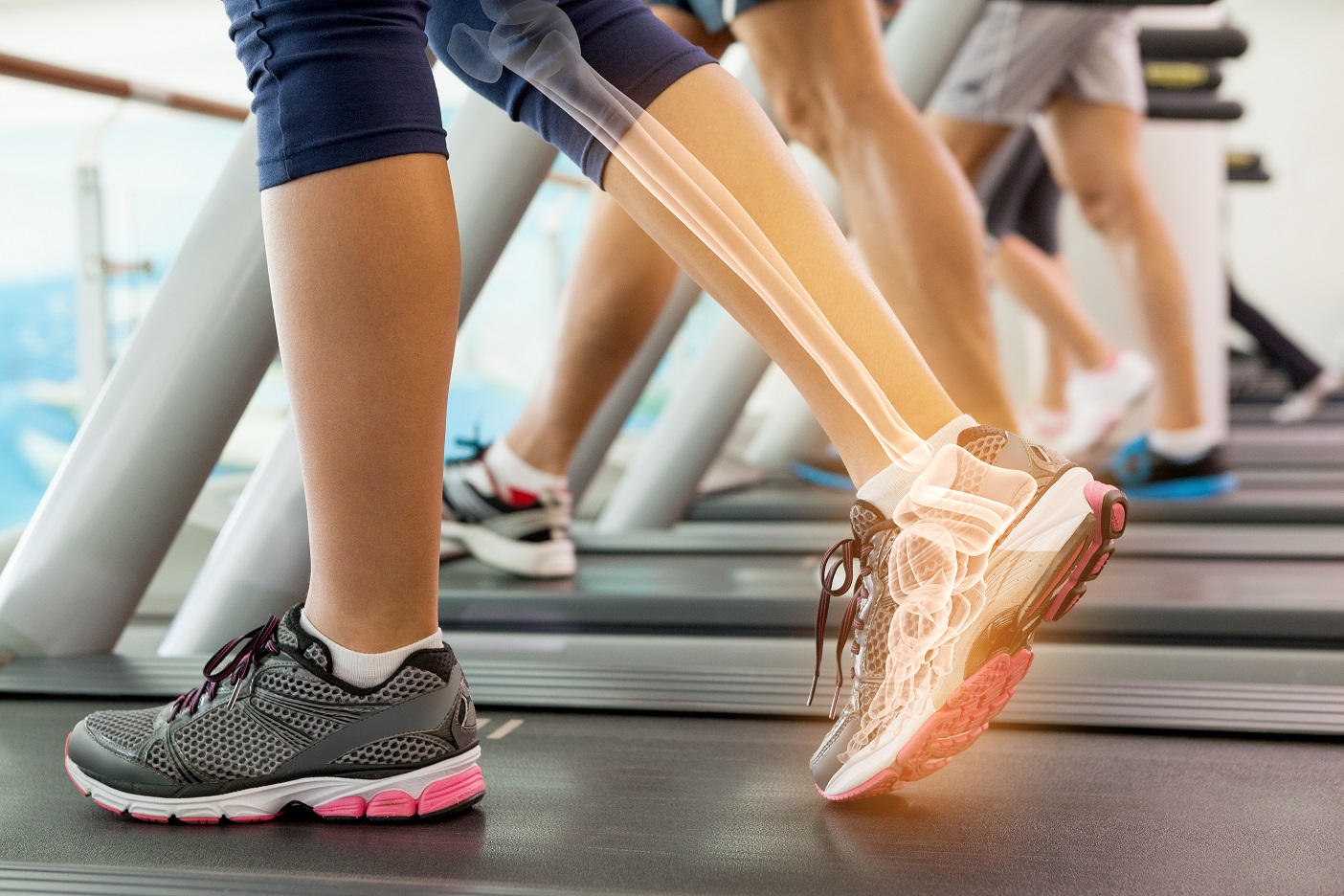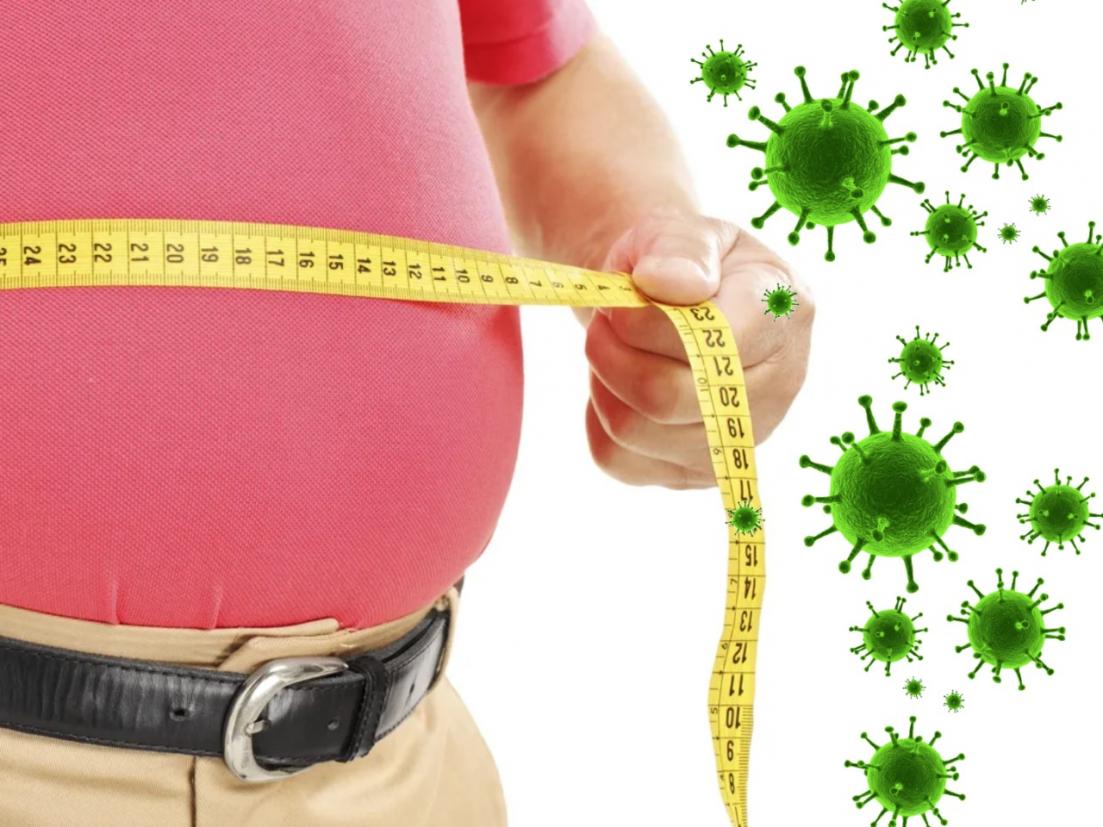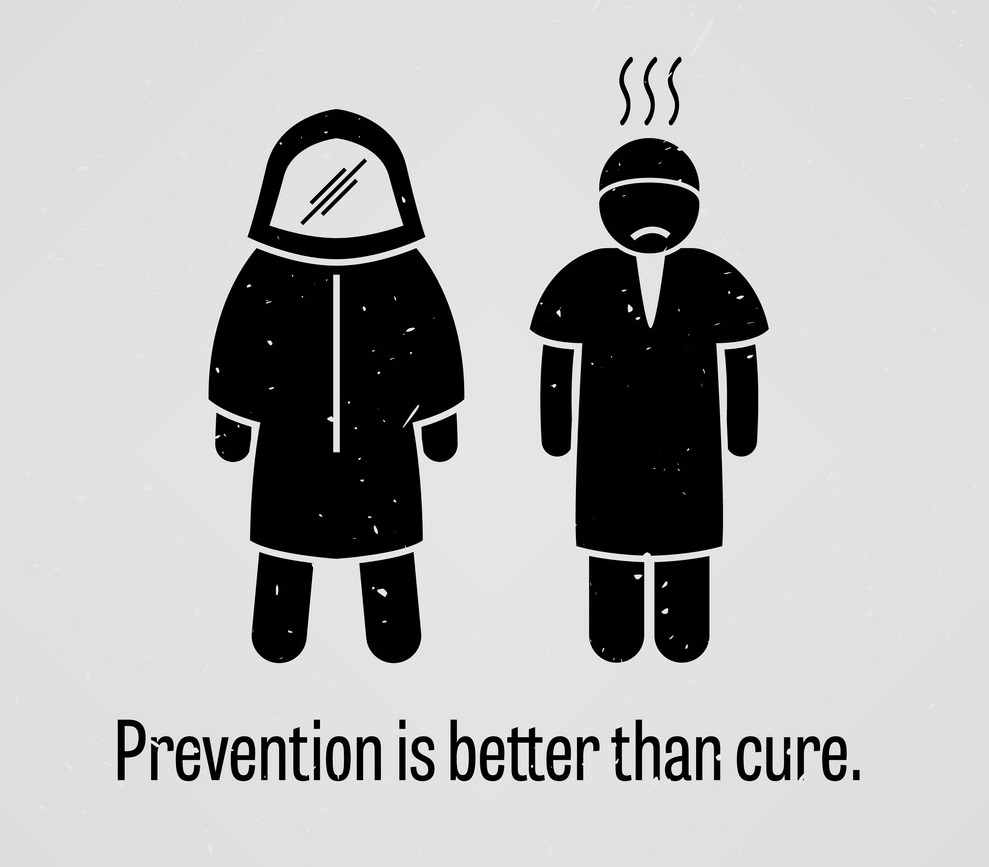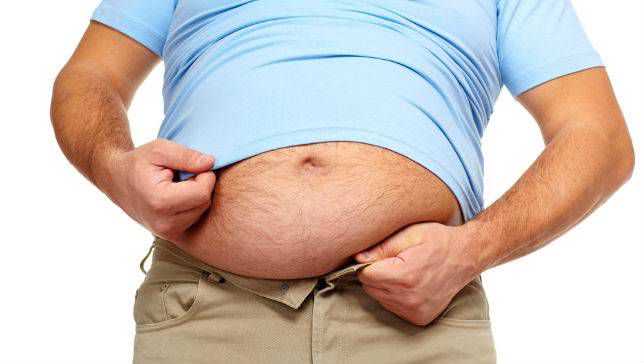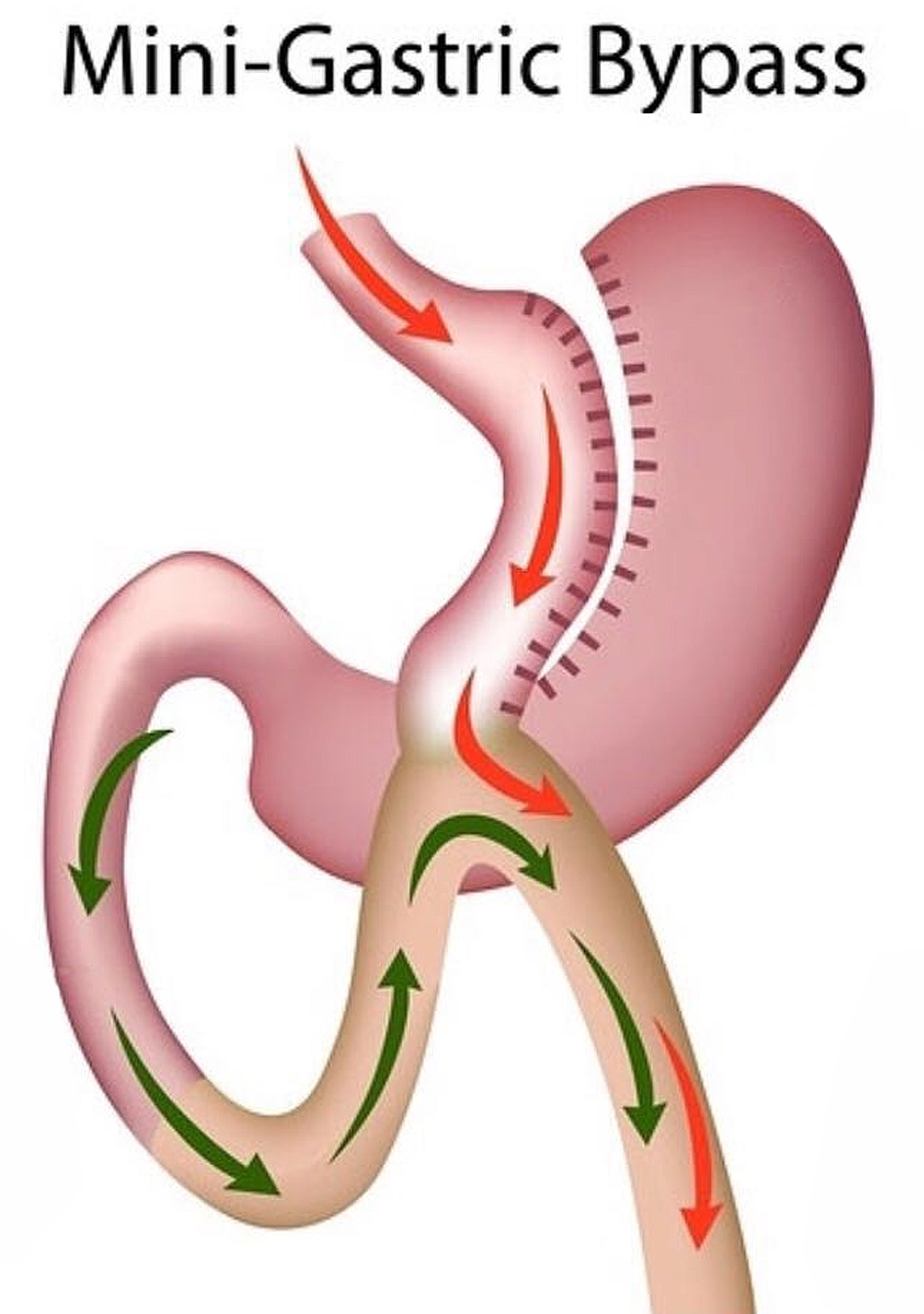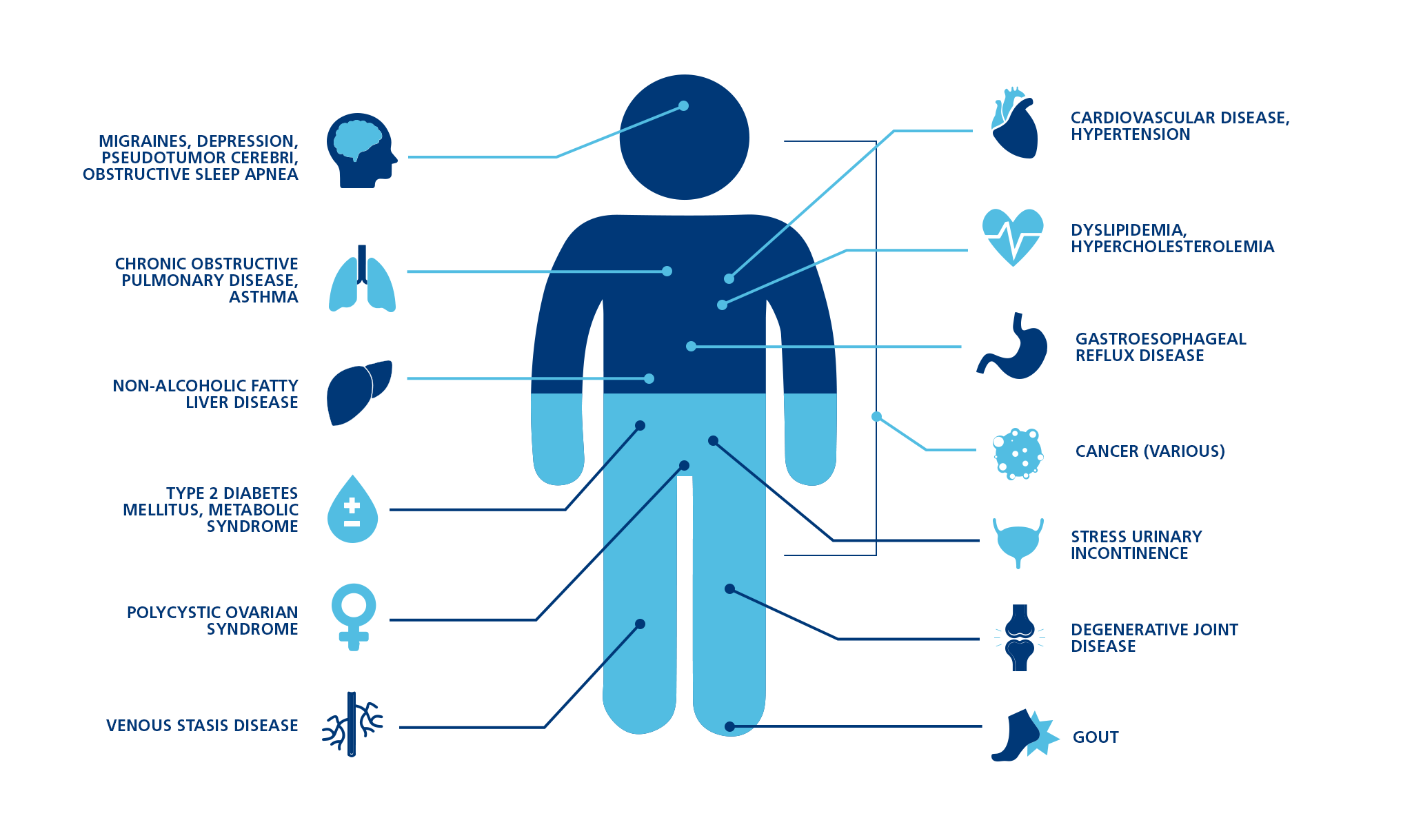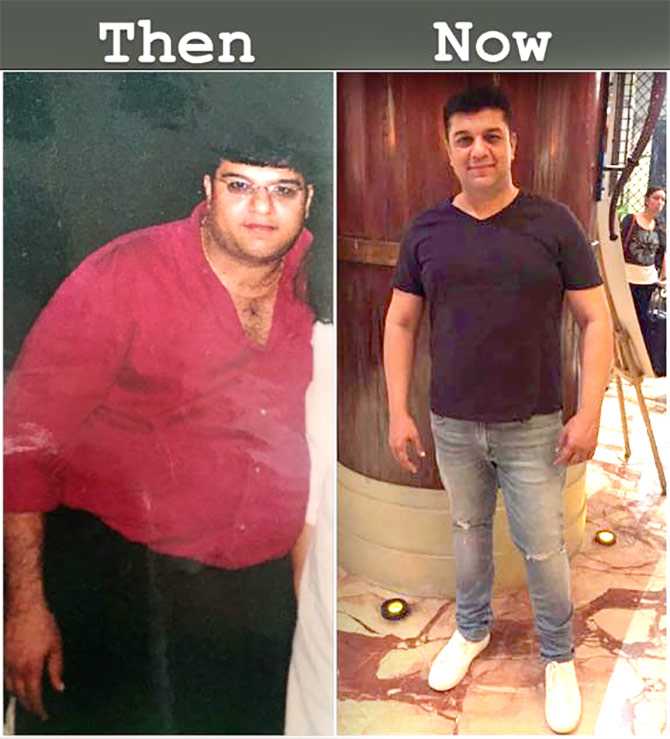Insomnia, Health tips
Best ways to fall asleep quickly and naturally
We all know good sleep is important for our health. While Some people have no problem falling asleep, many others have severe difficulty falling and staying asleep through the night. Here is what you can do.
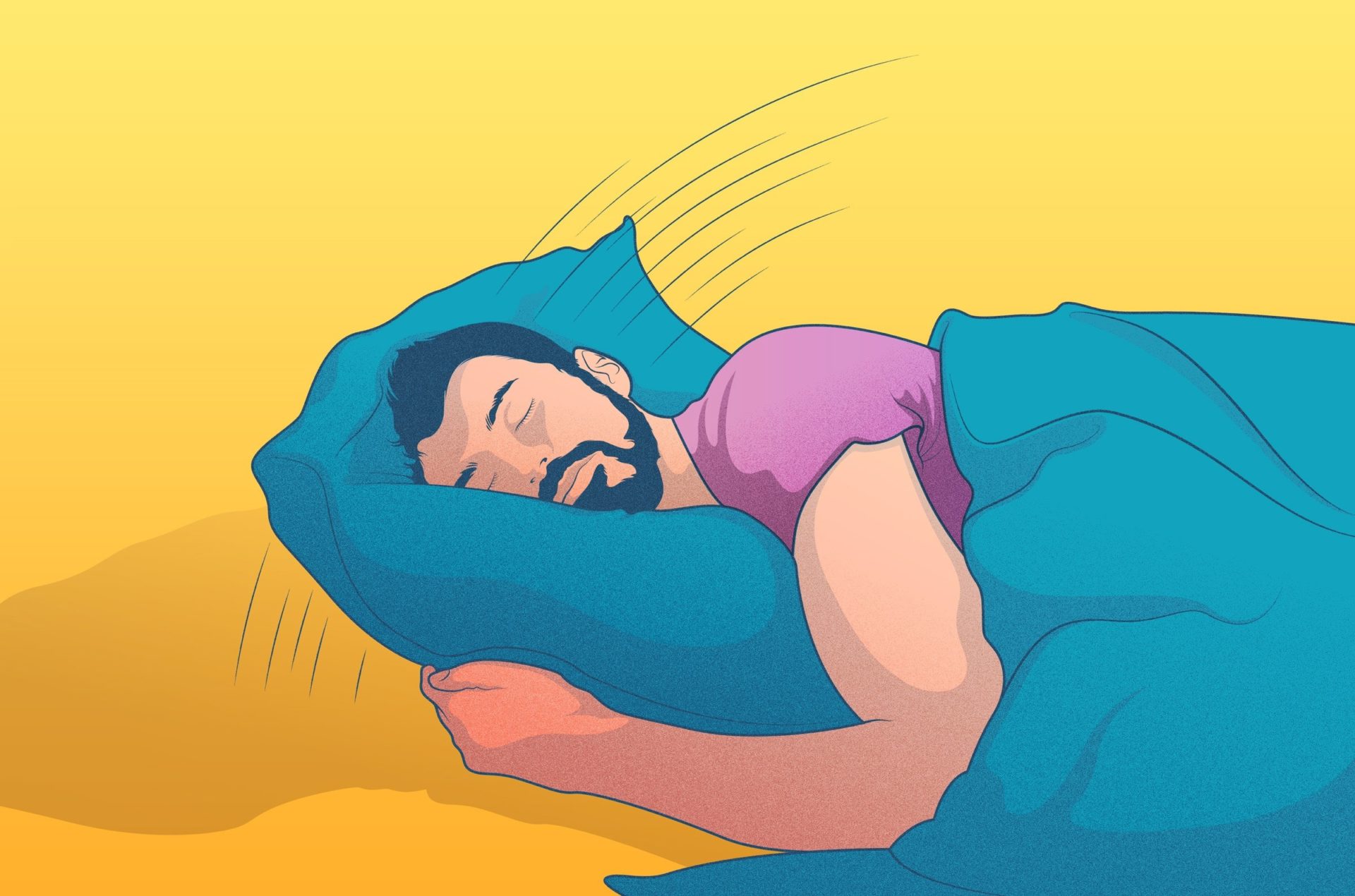
As the days wear on, our body naturally starts to get tired and we start to feel sleepy.
We have a sleep drive that builds up the longer we’re awake. By the end of the day, that sleep drive- or pressure for sleep- is high.
However, each of us has what’s called an “internal sleep rhythm,” or circadian rhythm. This rhythm varies from person to person, and represents the time when our body and mind start relaxing and winding down for the day. While some people might not feel sleepy till late into the night, others might like to get up early.
How long should it take to fall asleep?
You won’t typically fall asleep right away, even a couple of minutes after your head hits the pillow. And if you do conk out quickly, that’s a sign you’re probably sleep-deprived and not snoozing enough at night.
If you don’t have any sleep difficulties, you might probably fall asleep within 10 to 20 minutes.However it varies from person to person. If it takes you 45 minutes to fall asleep, and that’s normal for you, it’s not necessarily a problem.
If we don’t get enough sleep one night, our natural inclination is to try and make up that deficit the next day. That’s not always the best move- and it won’t make us fall asleep any faster. We might think that taking a mid day nap or consuming more caffeine can help, but they only make our sleep worse again the following night.
Tips to help you fall asleep faster
Don’t overthink trying to go to sleep
This might seem counterintuitive, but if you want to fall asleep fast, stop thinking about falling asleep fast.
If you’re having difficulty sleeping, you might feel anxious. That’s not an optimal state of being for good sleep. You might start to dread going to bed. The harder you try to sleep, the least successful you’re going to be. In a sense, letting go and trying to get back to what naturally your body wants to do- sleep- iis best.
Keep a regular schedule
Keeping a regular sleep schedule, even on weekends when you might not have to wake up early, is a good way to make sure you start snoozing in a timely fashion. Change in routine and lack of schedule actually can exacerbate sleep issues.
Be mindful of how you’re using electronics
Laptops, tablets, TVs, mobile phones- all of these are screens, and spending time on them can affect your sleep. But for adults, what you’re watching (or doing) on those screens can have an effect too.
The content has an impact. It’s really about what you’re doing on those devices. Anything that is activating our brain as we’re trying to wind down can keep us going.
Putting your devices away an hour or two before bed can help you start to ease into rest. However, if you are immersed in late-night scrolling, be mindful of what you’re doing.
We can use our devices to actually promote sleep by listening to something that’s relaxing or doing something that takes our mind off other things.
Reduce your stress
Stress is a major cause of delayed sleep. After all, how many times have you snuggled up into bed, only to lay awake for hours with your brain racing?
Using relaxation techniques is a good solution to help you wind down. For example, studies have shown mindfulness meditation can improve sleep quality and decrease daytime disturbance in people with chronic insomnia.
For some people, playing a steady soundtrack of noise can help them relax. This can be as simple as an air conditioner or a fan, or an app or machine that offers noise options. White noise (or another color, like pink noise) is common, as are nature sounds.
Watch what you eat
You are what you eat — and what you eat can affect how you sleep. For example, spicy foods are known to make acid reflux worse and cause heartburn when you lie down.
Caffeine, which is found in coffee and chocolate, is notorious for keeping you awake.
Foods that are crucial to a healthy diet also help our sleep health. Eating a diet that’s high in sugar, saturated fat and processed carbohydrates can disrupt your sleep. Eating more plants, fibre and foods rich in unsaturated fats seems to have the opposite effect.
And while you might associate alcohol with falling asleep more quickly- chalk it up to the idea that a few drinks are relaxing- its overall impact can actually harm sleep.
When alcohol wears off, it can wake people up in more of the restorative stages of sleep. It can worsen sleep apnea symptoms. It can increase your risk for sleep-walking, sleep-talking and more nightmares. It can have a lot of detrimental effects.
When to get help for insomnia
Excessive, persistent sleepiness during the day is a major sign that you might need help. When you’re having this difficulty at least three times a week and it’s causing daytime impairment like being unable to focus, feeling constantly tired or low on energy, it is time to consult a doctor.
In cases like this, your doctor can recommend the best treatment. It is recommended to first try strategies to change your behaviour before taking medication.
Cognitive Behavioral Therapy for Insomnia (CBTI) is the “gold standard treatment”. It’s focused on behaviours and thoughts that are disruptive and perpetuating your insomnia- and it’s effective.
First-line treatment for insomnia tends to have much better outcomes long term when we compare it to using a sleep aid or a sleep medication. And it’s not a long-term treatment. It’s typically brief. On average, you might need four to six sessions- and then the progress is quick.
Reference
- https://health.clevelandclinic.org/how-to-fall-asleep-fast/
- https://health.clevelandclinic.org/5-strategies-that-will-help-you-get-back-to-sleep/
- https://jamanetwork.com/journals/jamainternalmedicine/fullarticle/2110998
- https://www.health.harvard.edu/blog/mindfulness-meditation-helps-fight-insomnia-improves-sleep-201502187726

